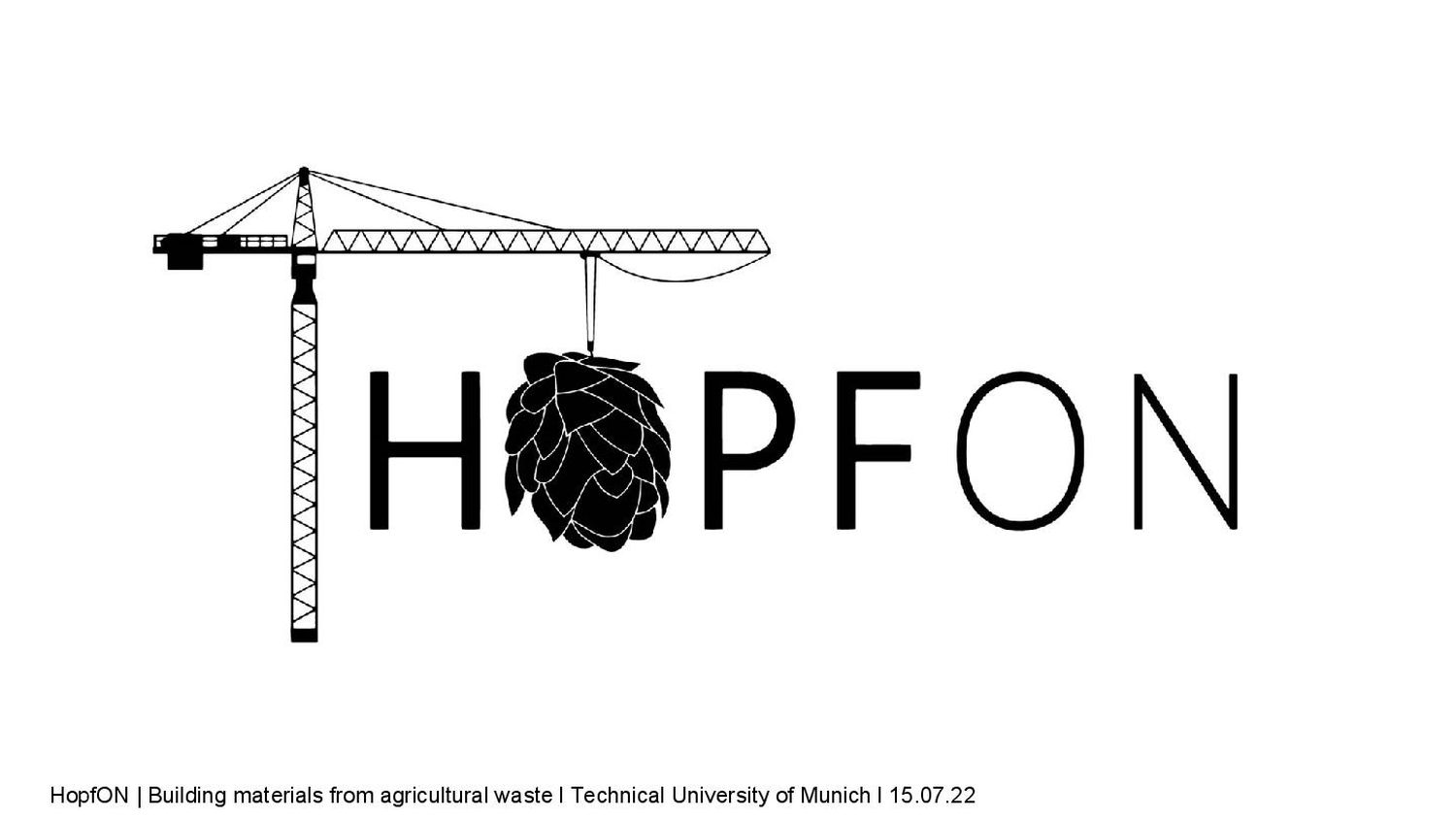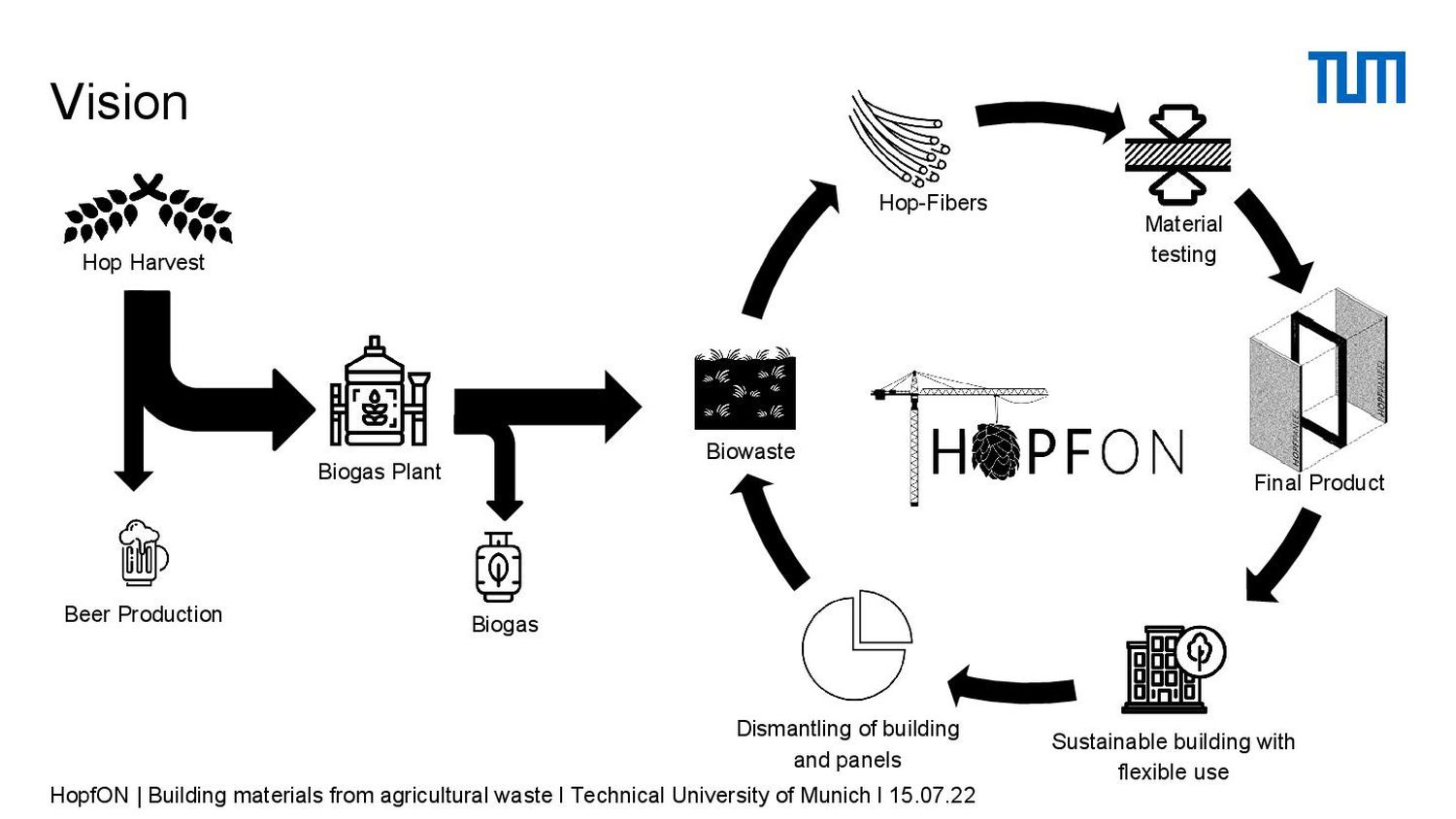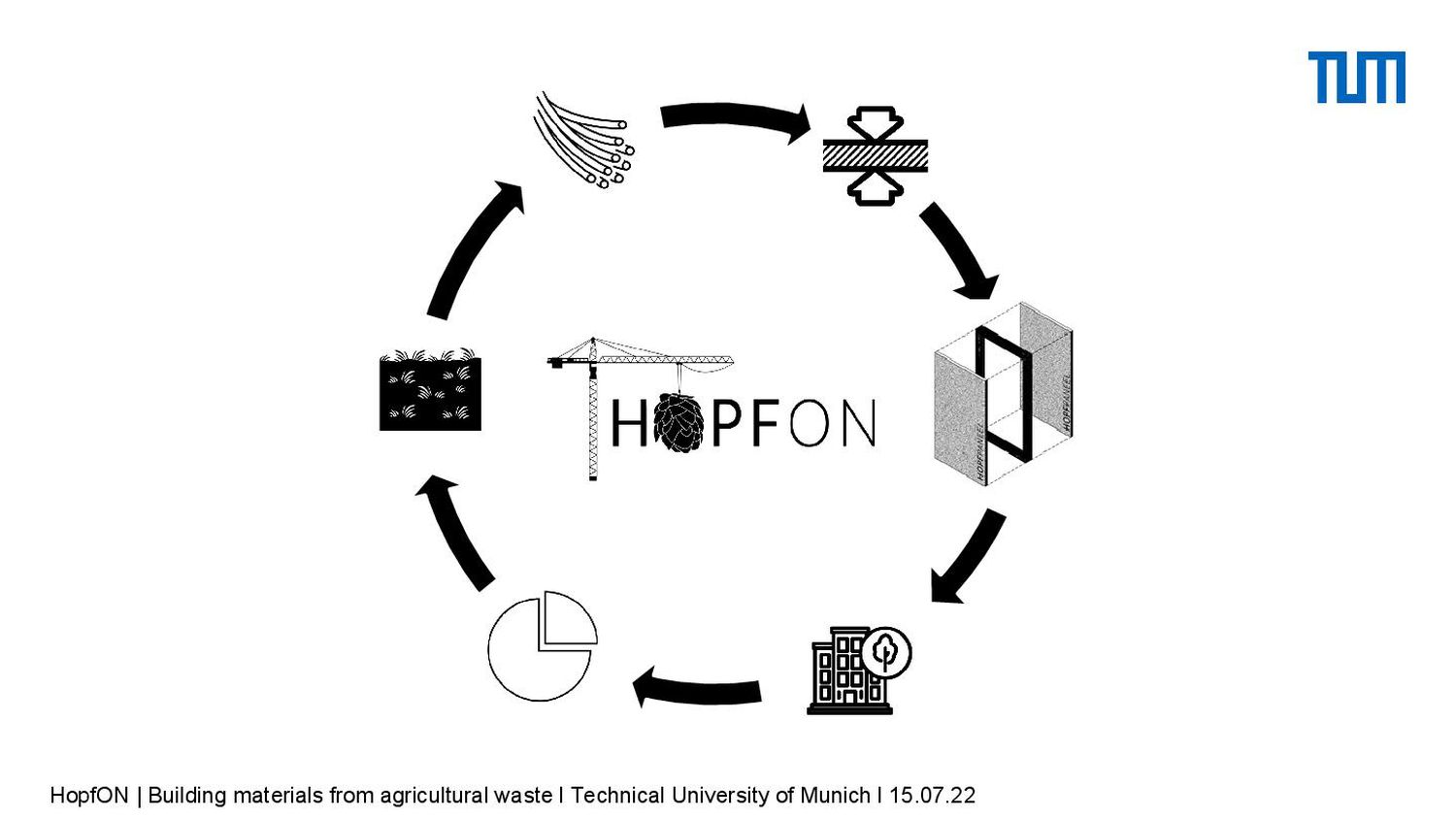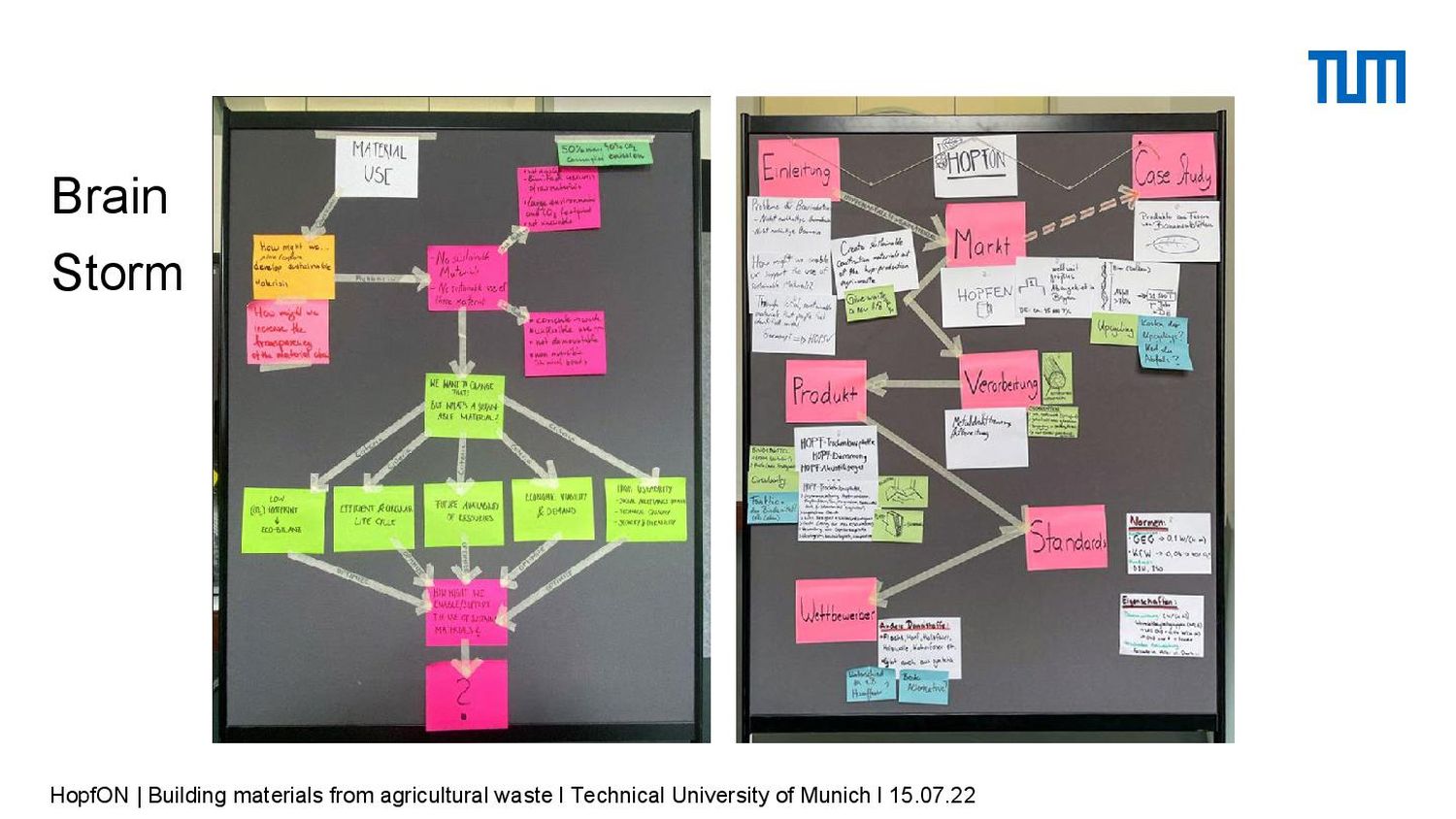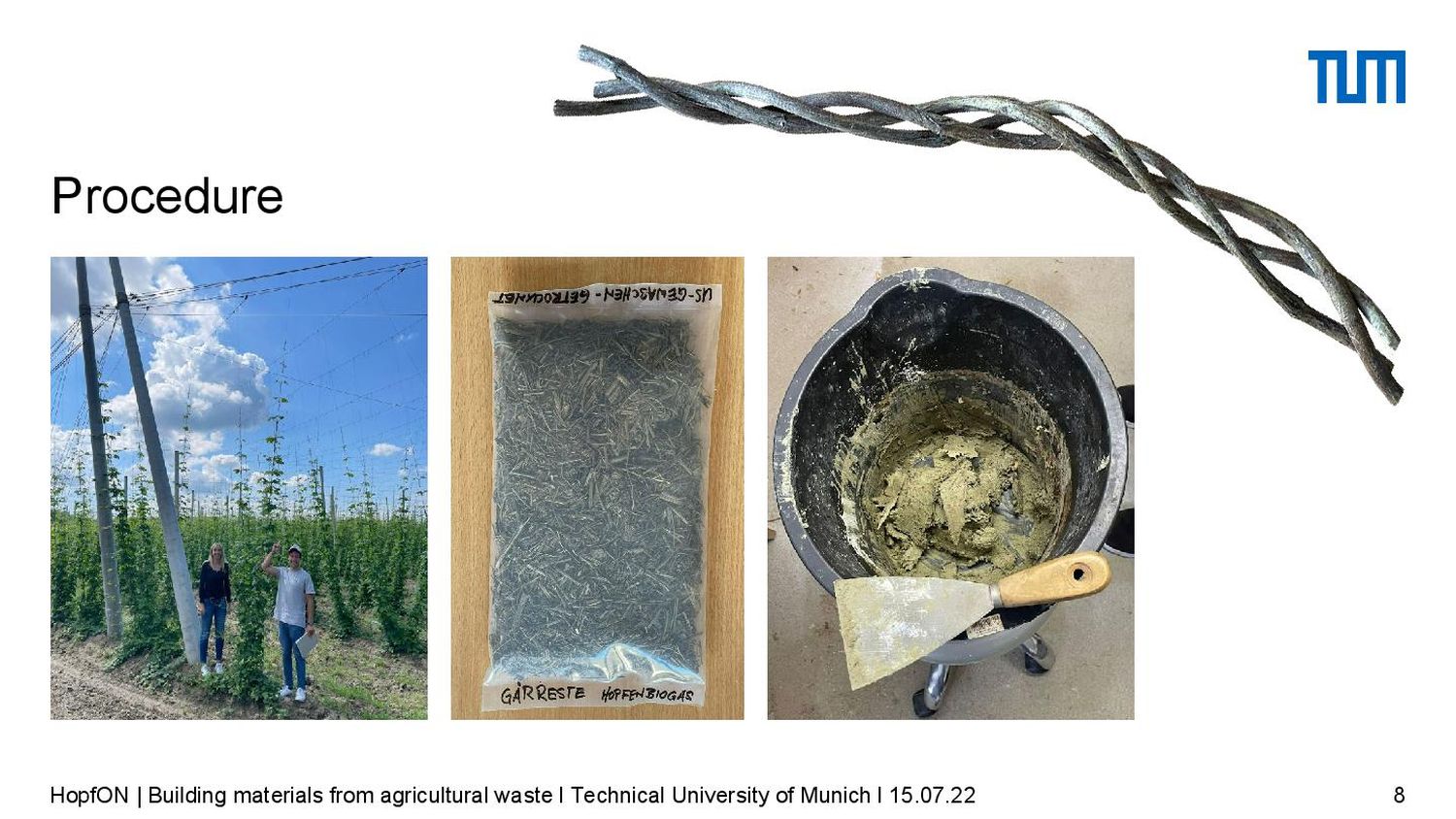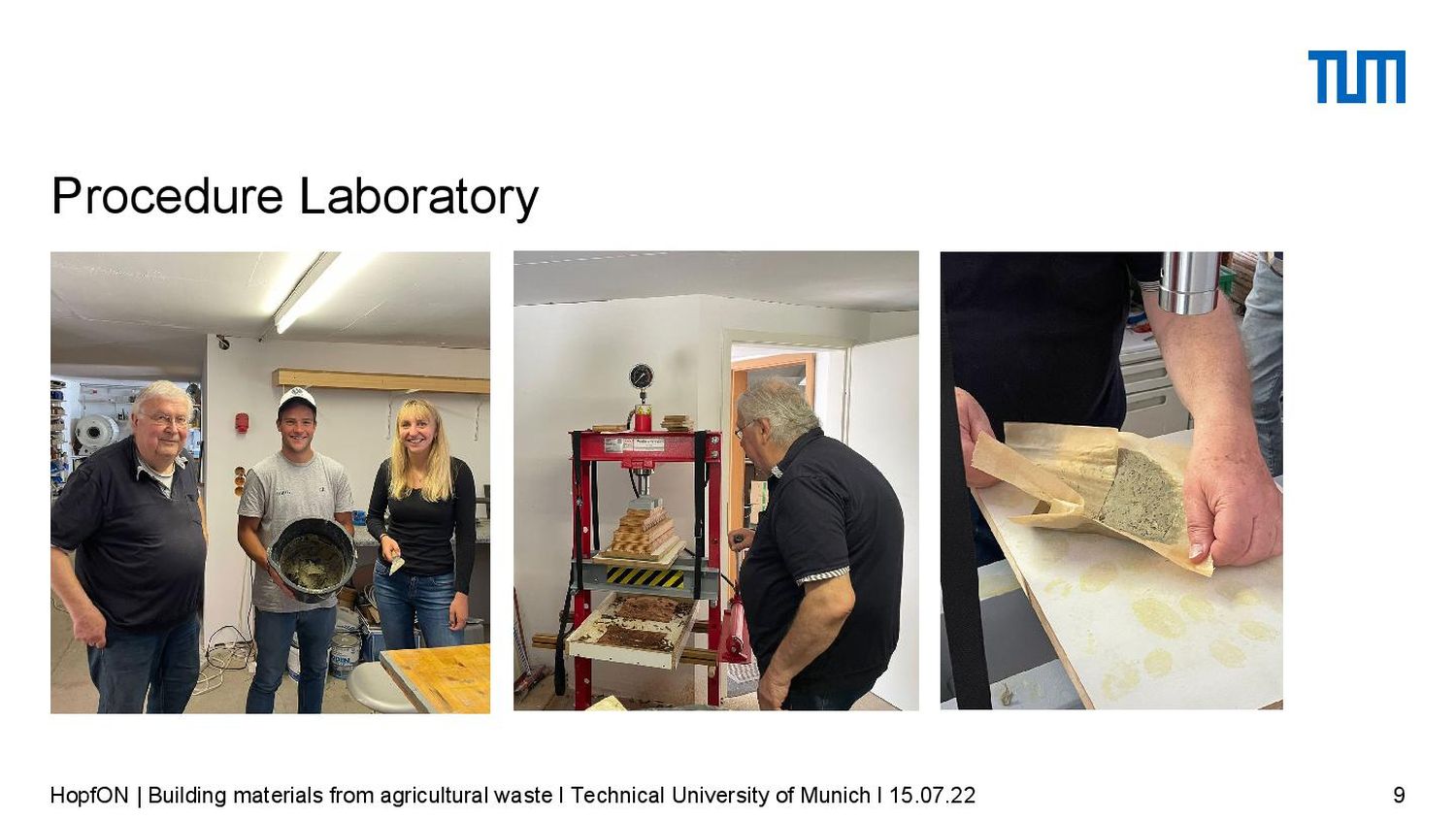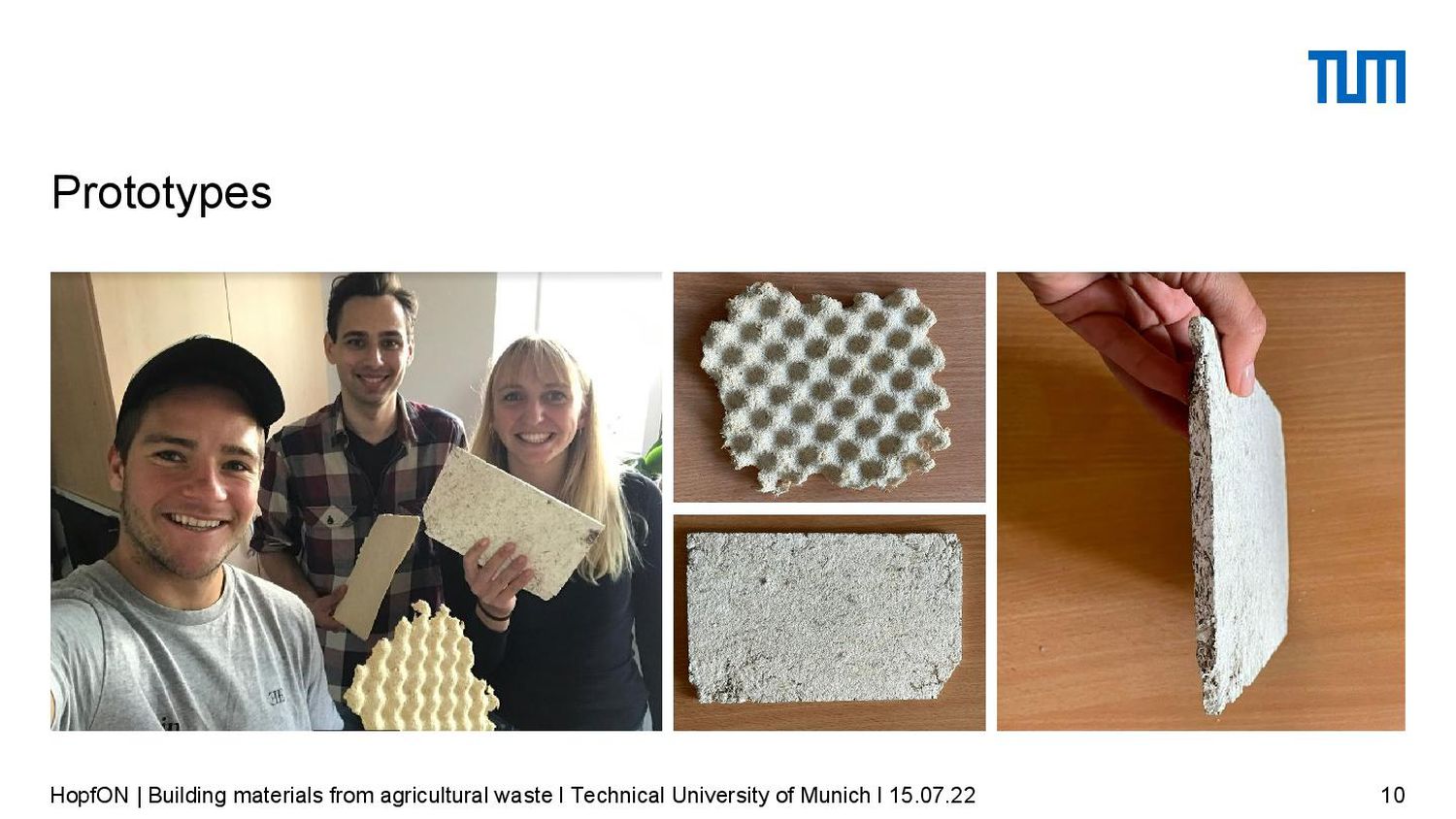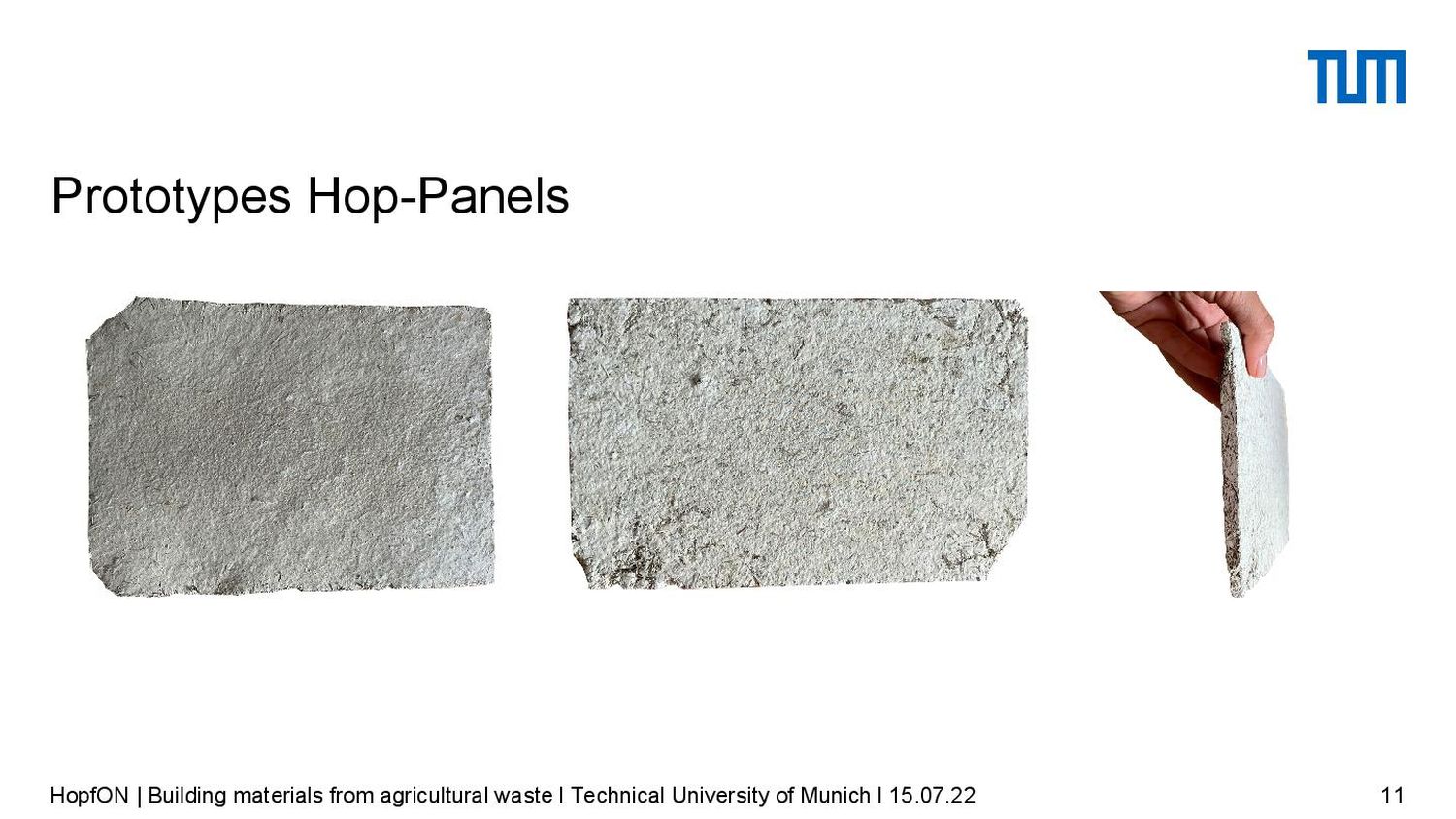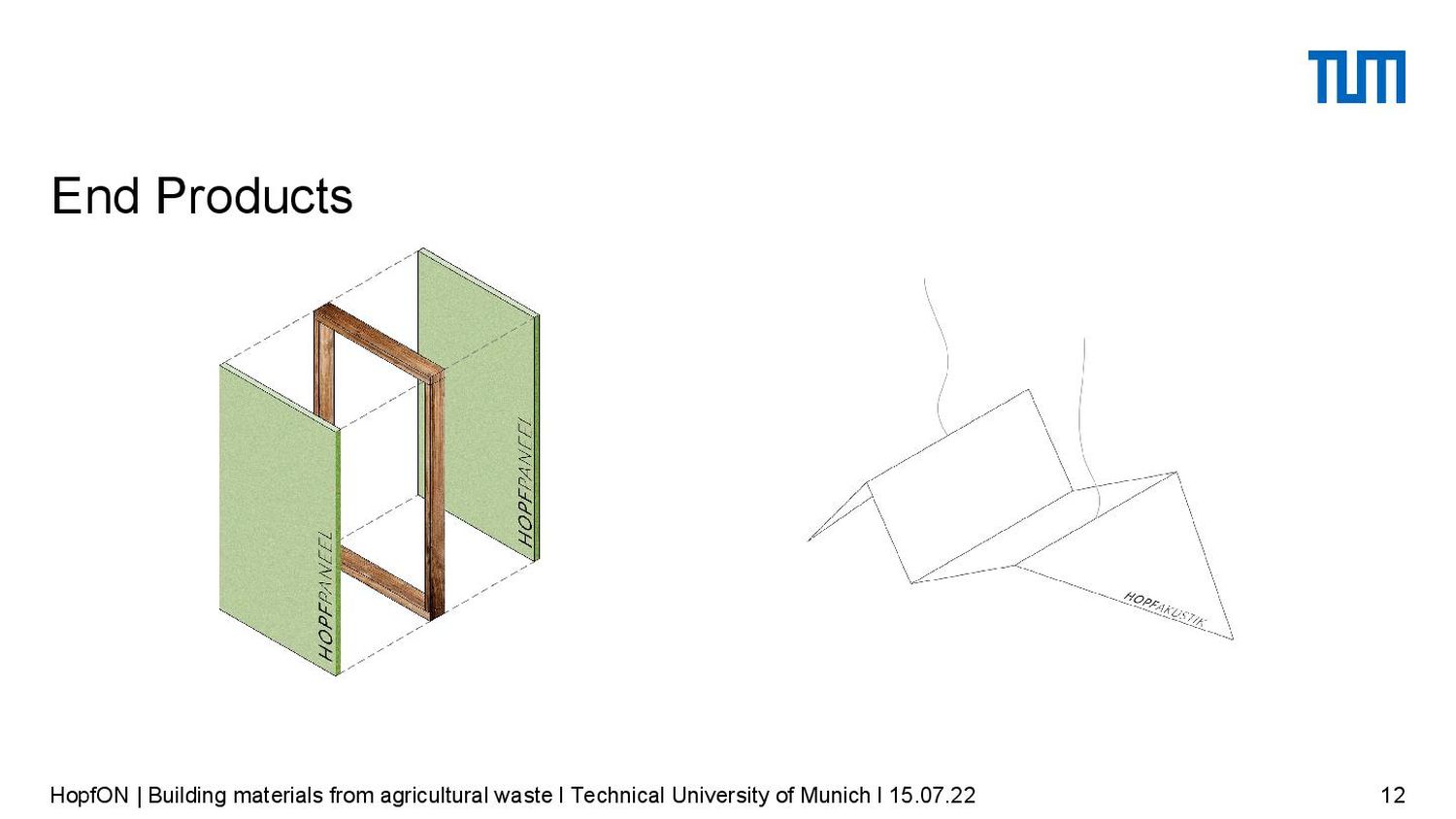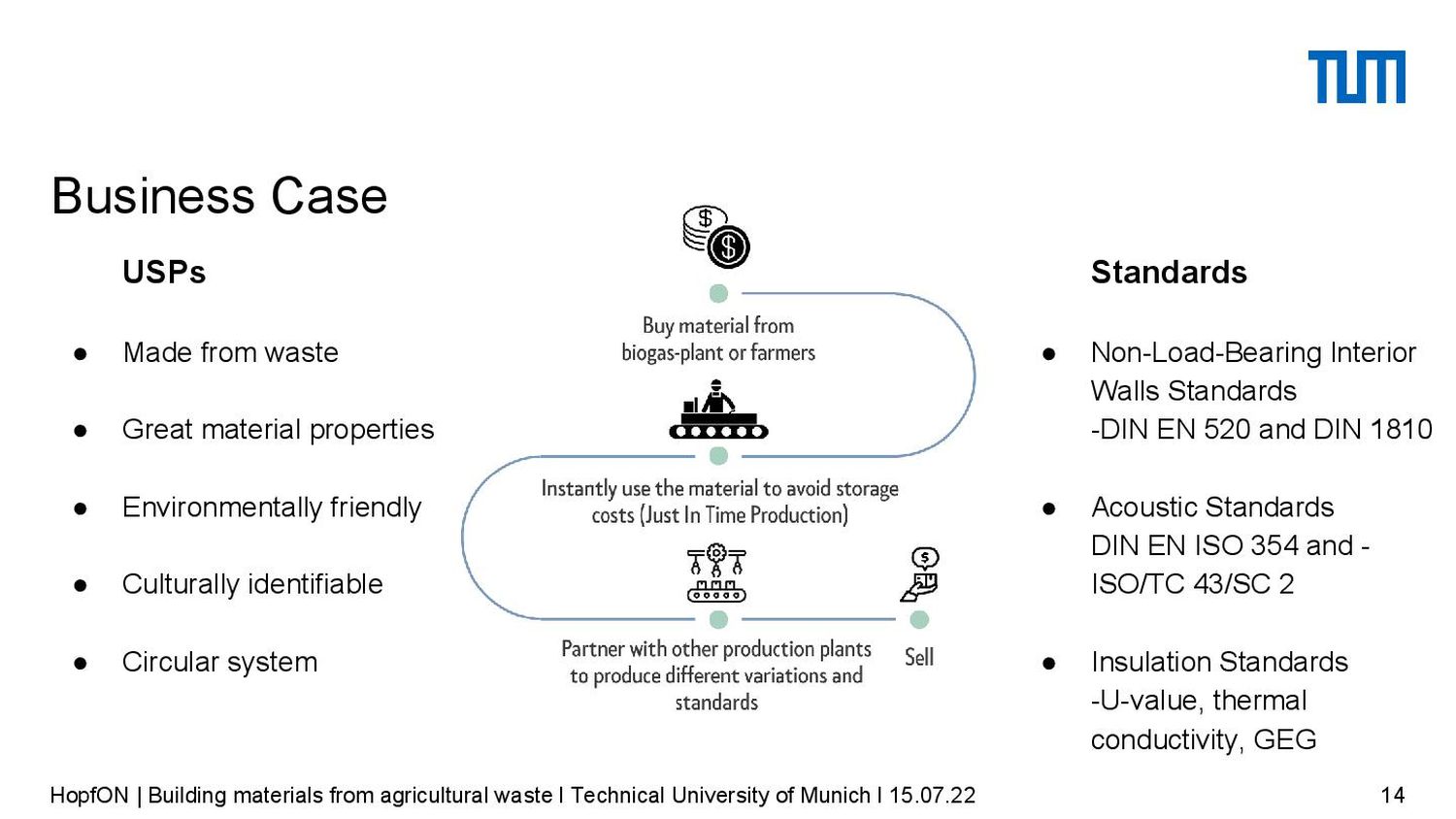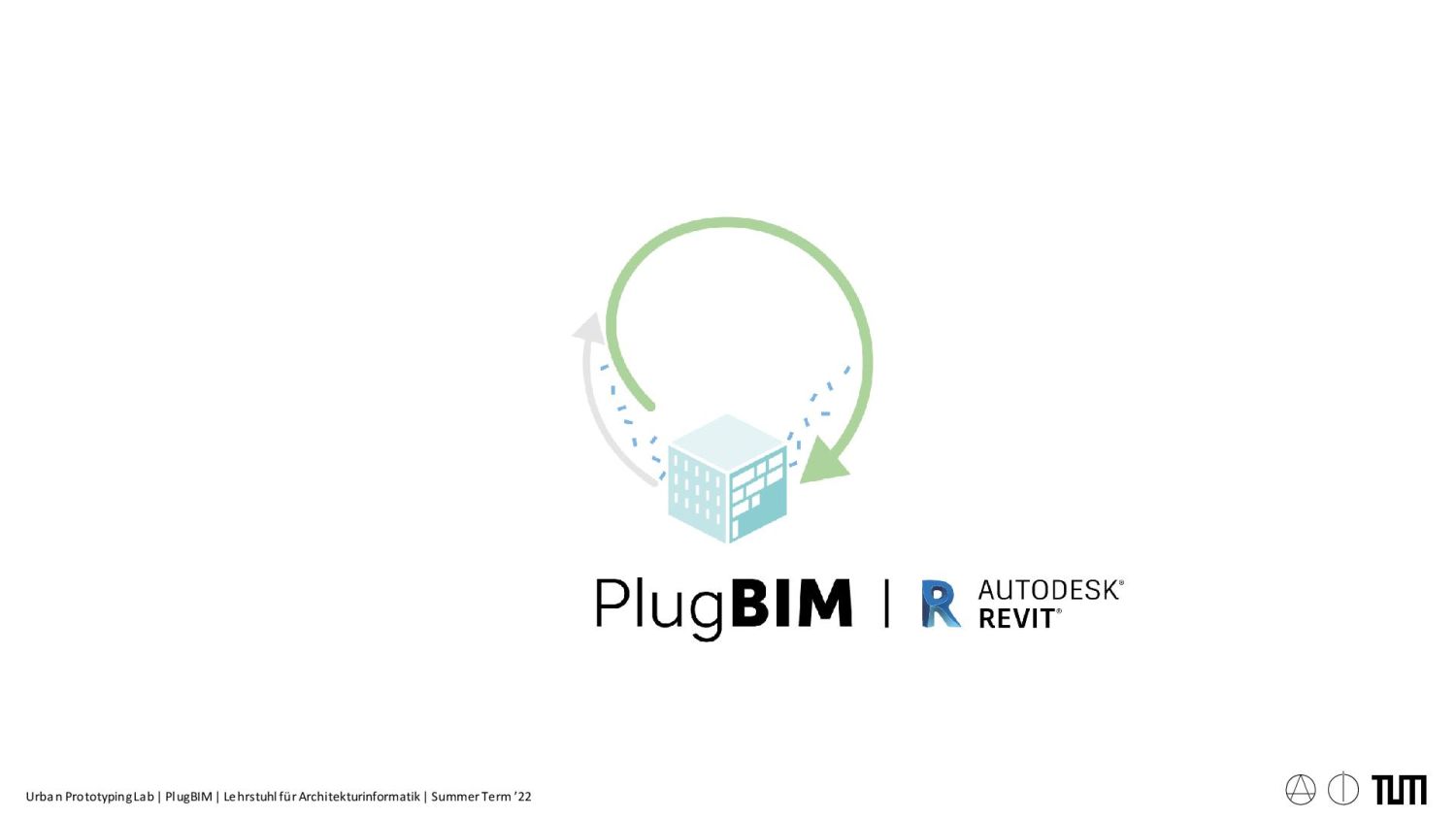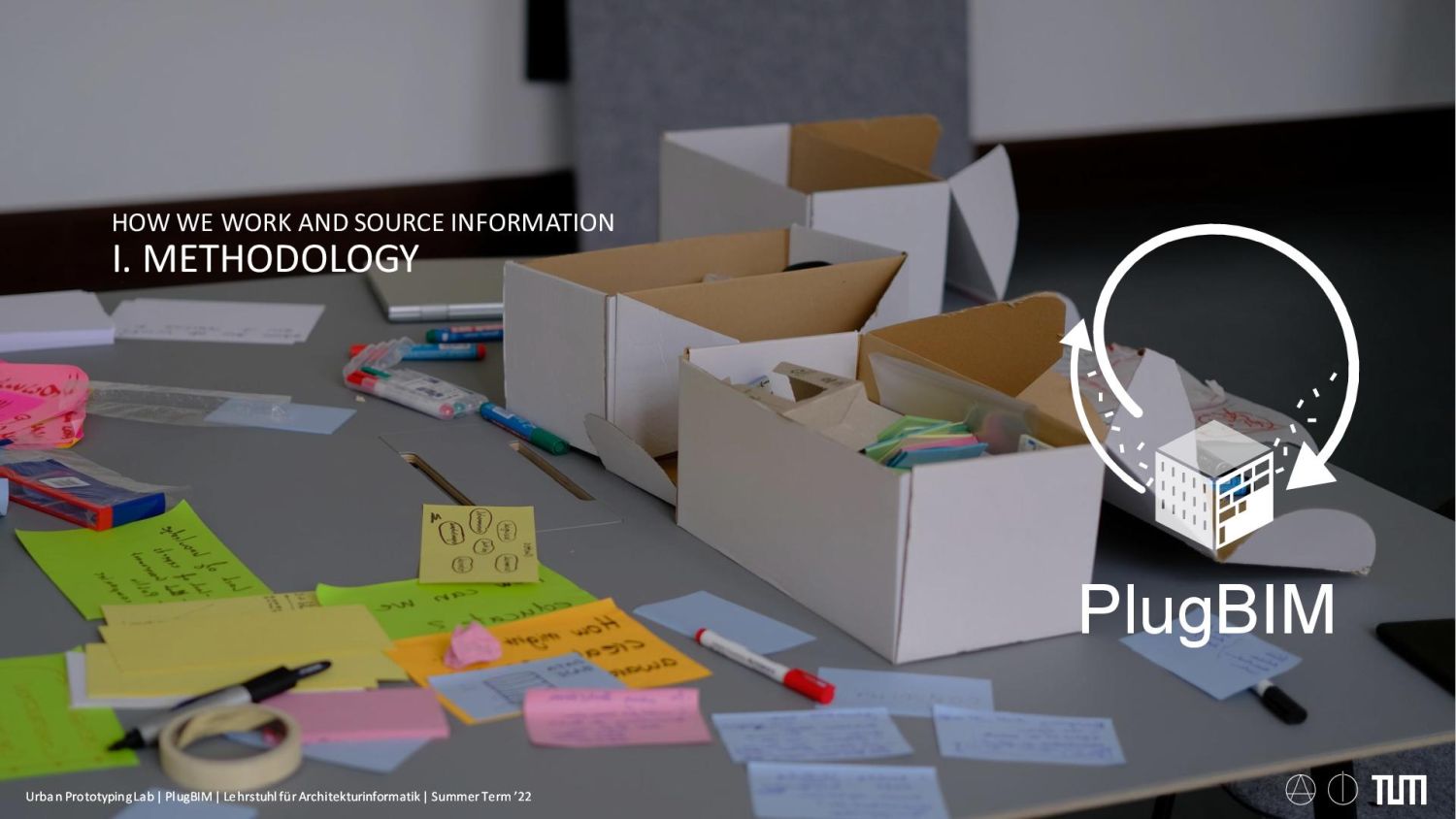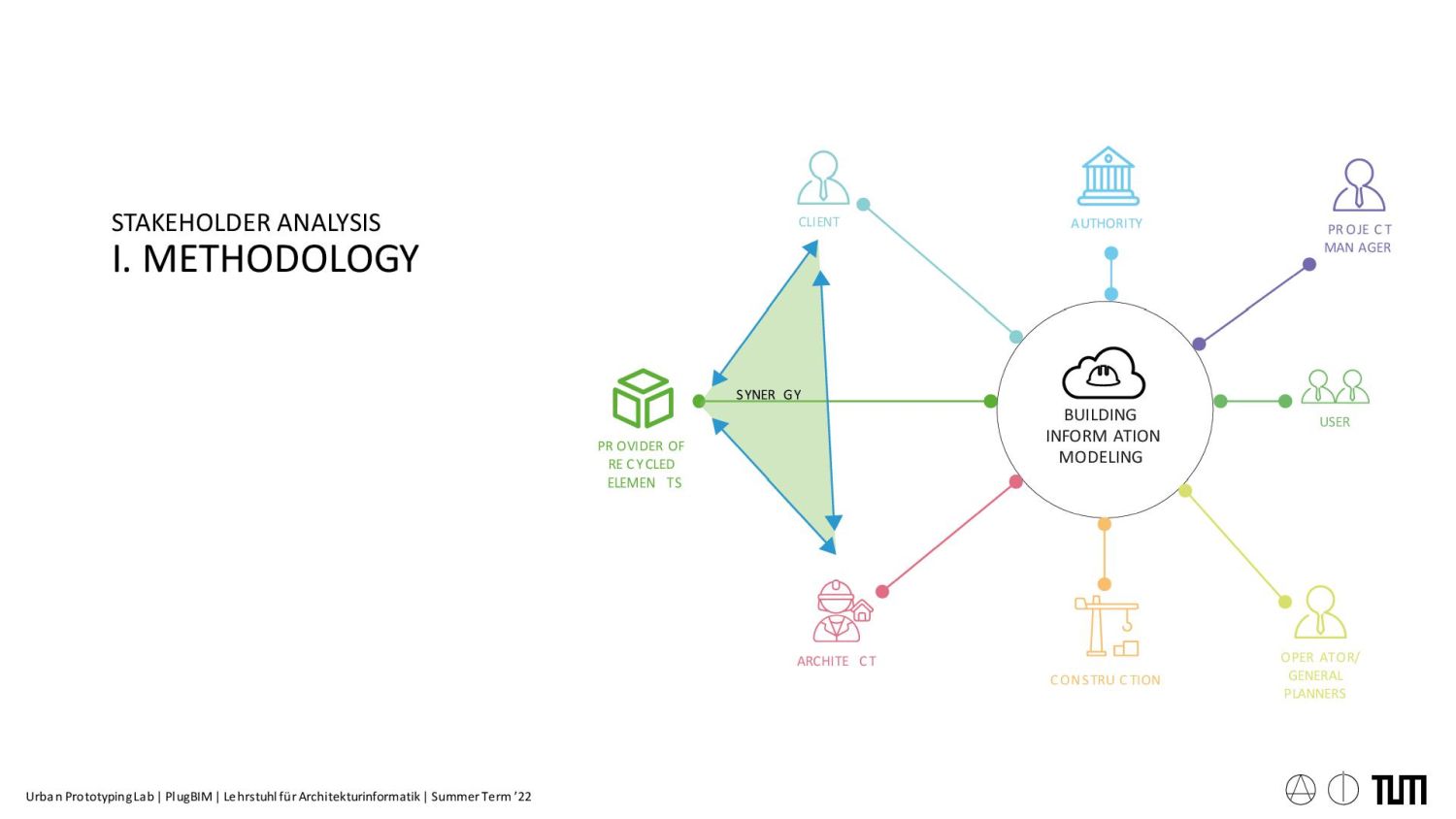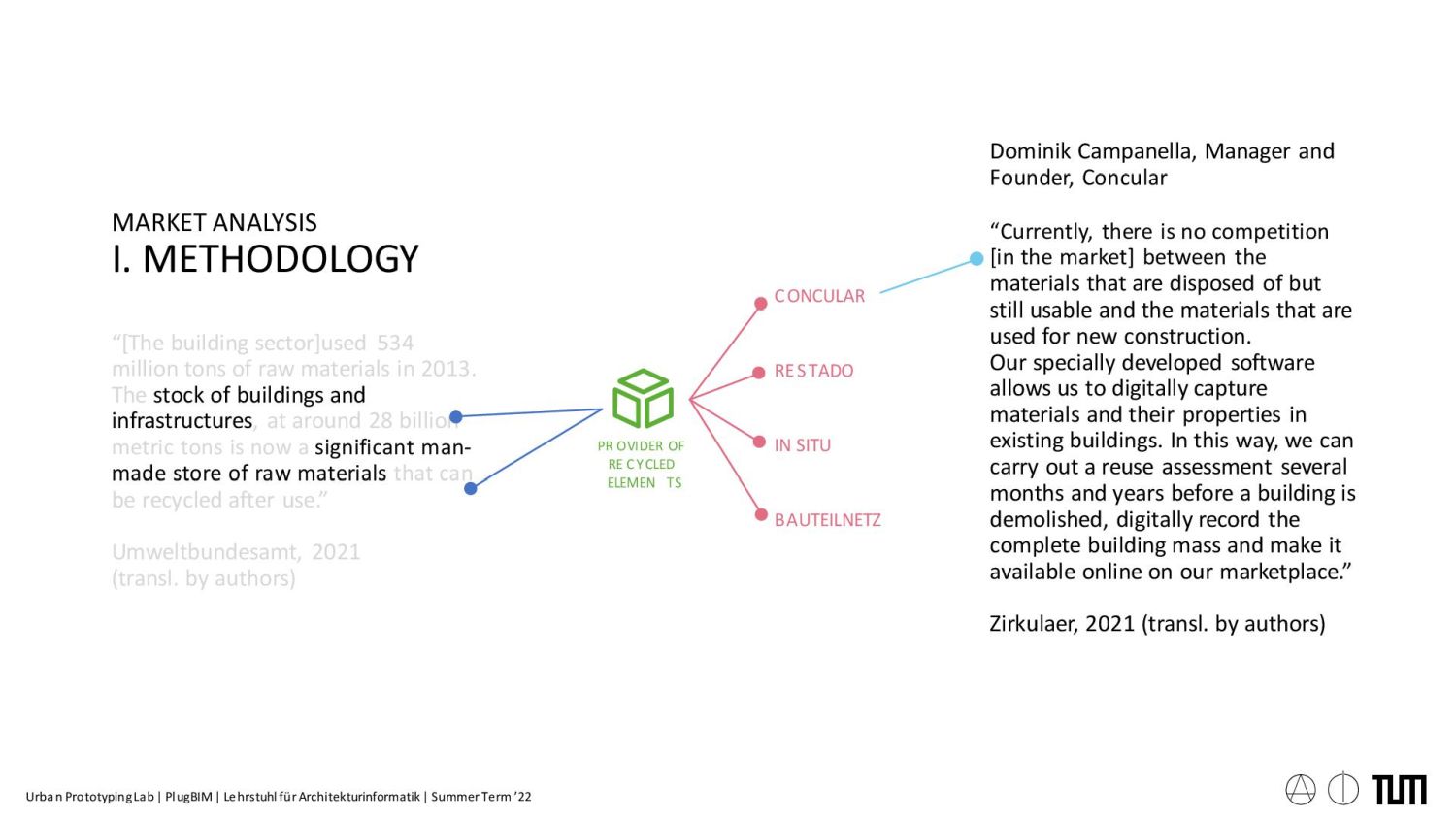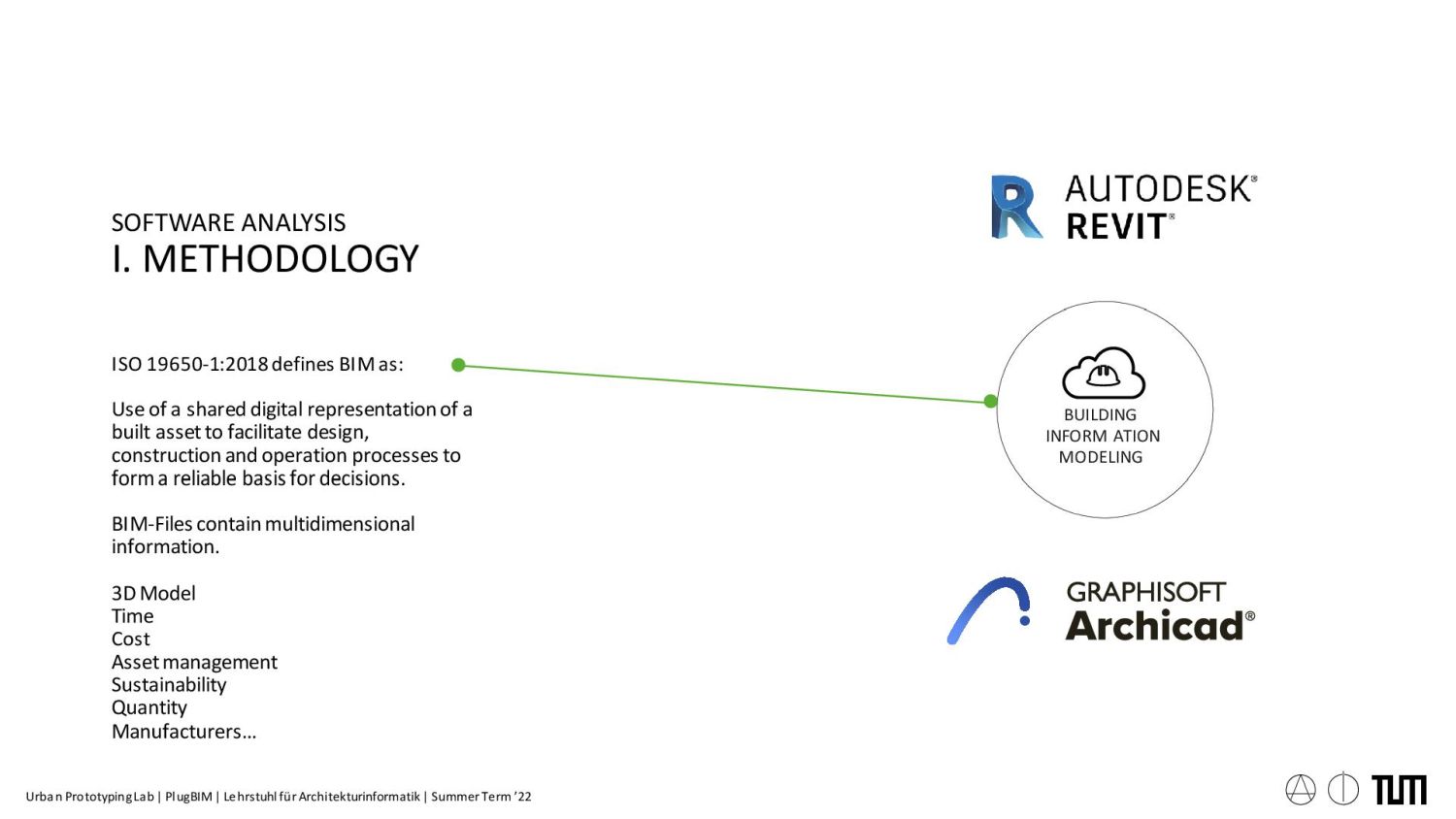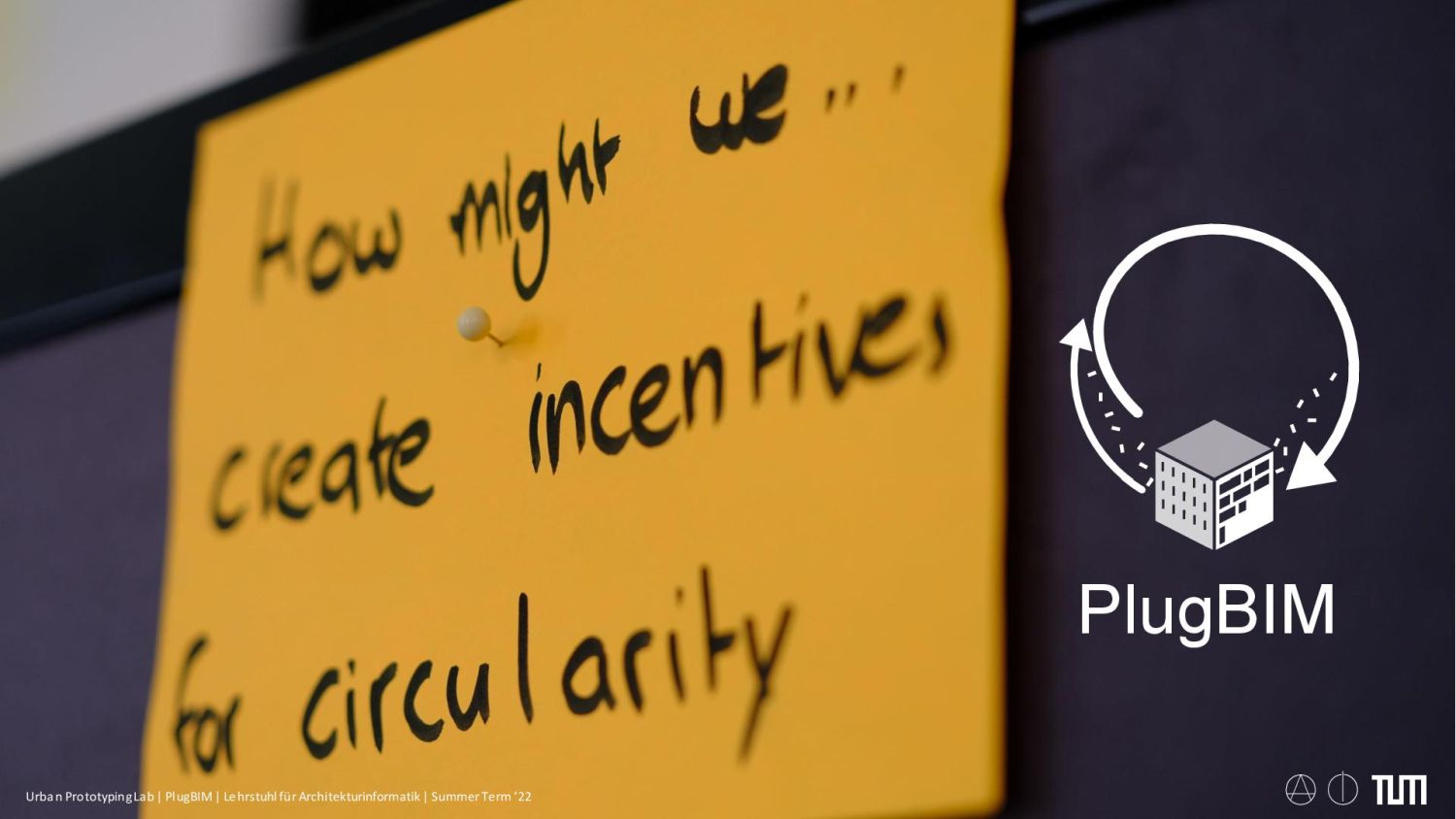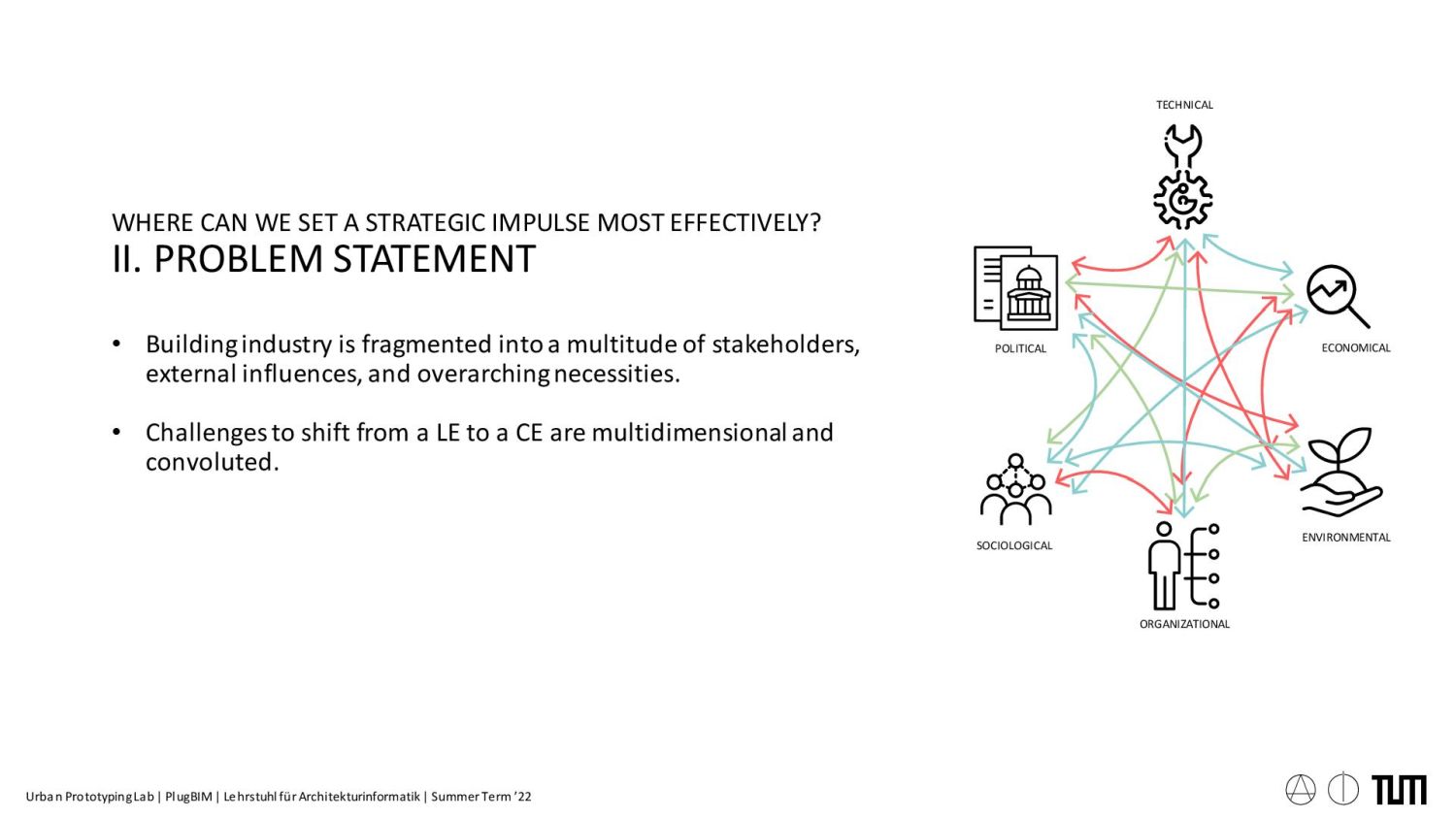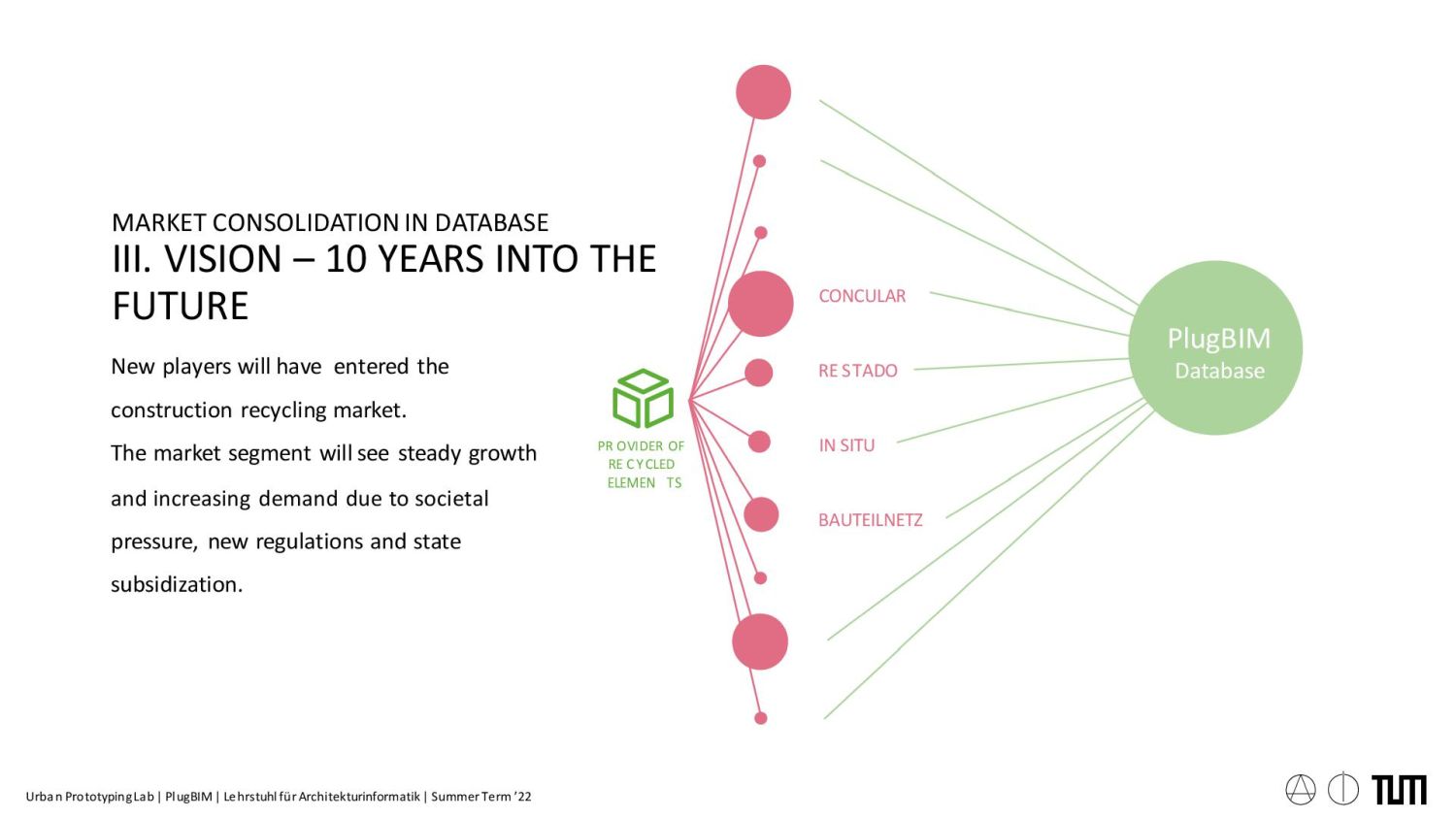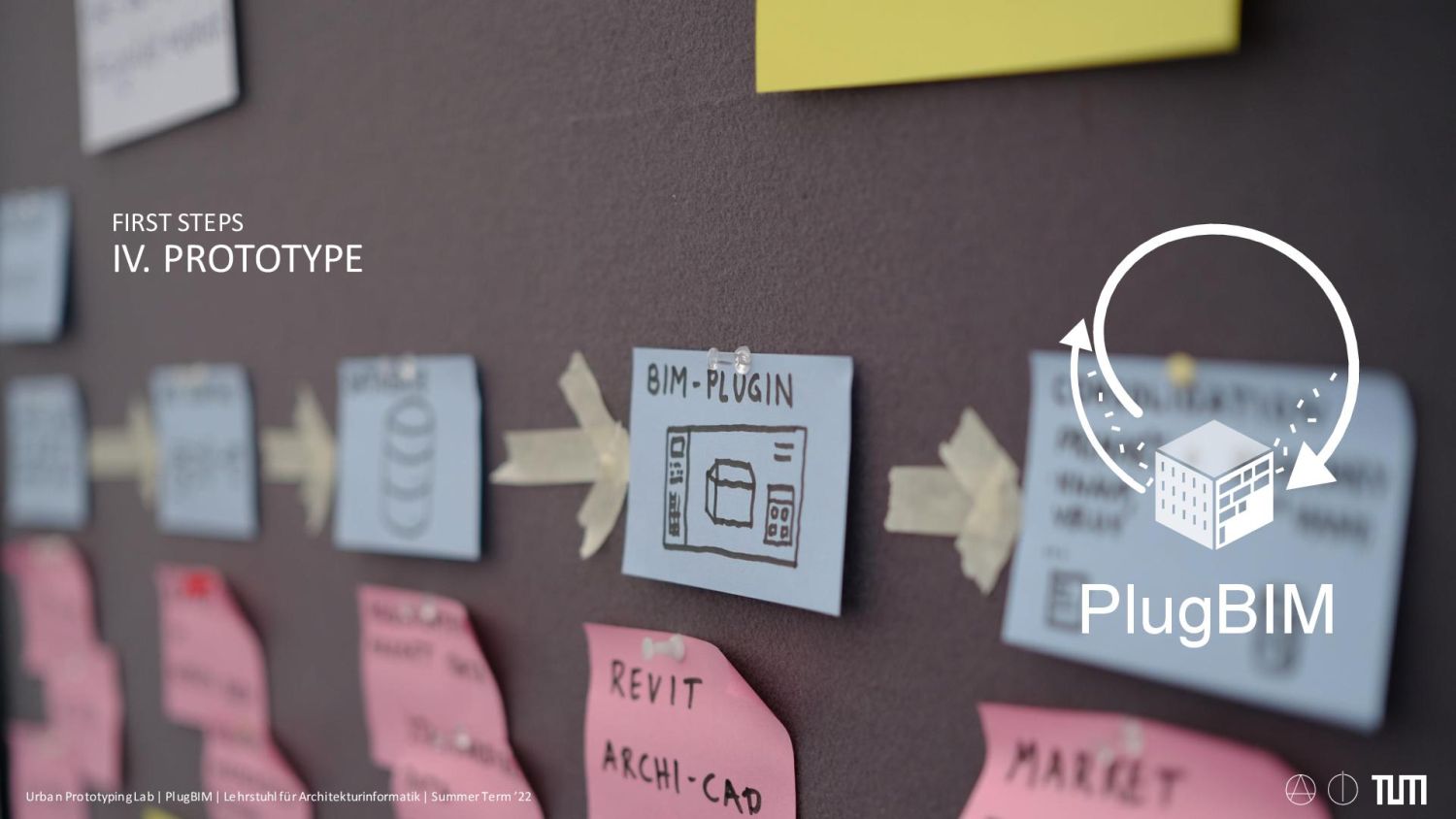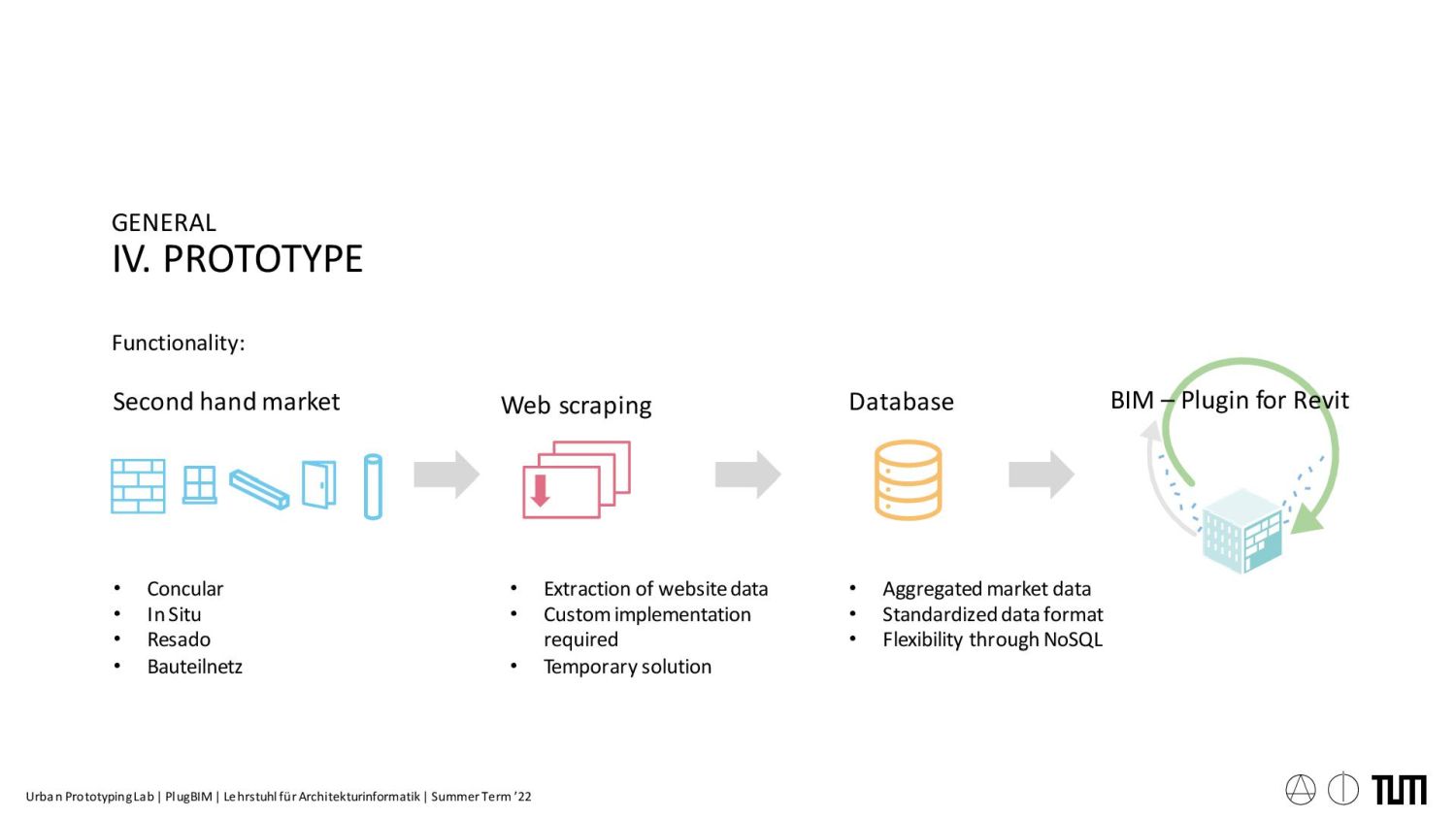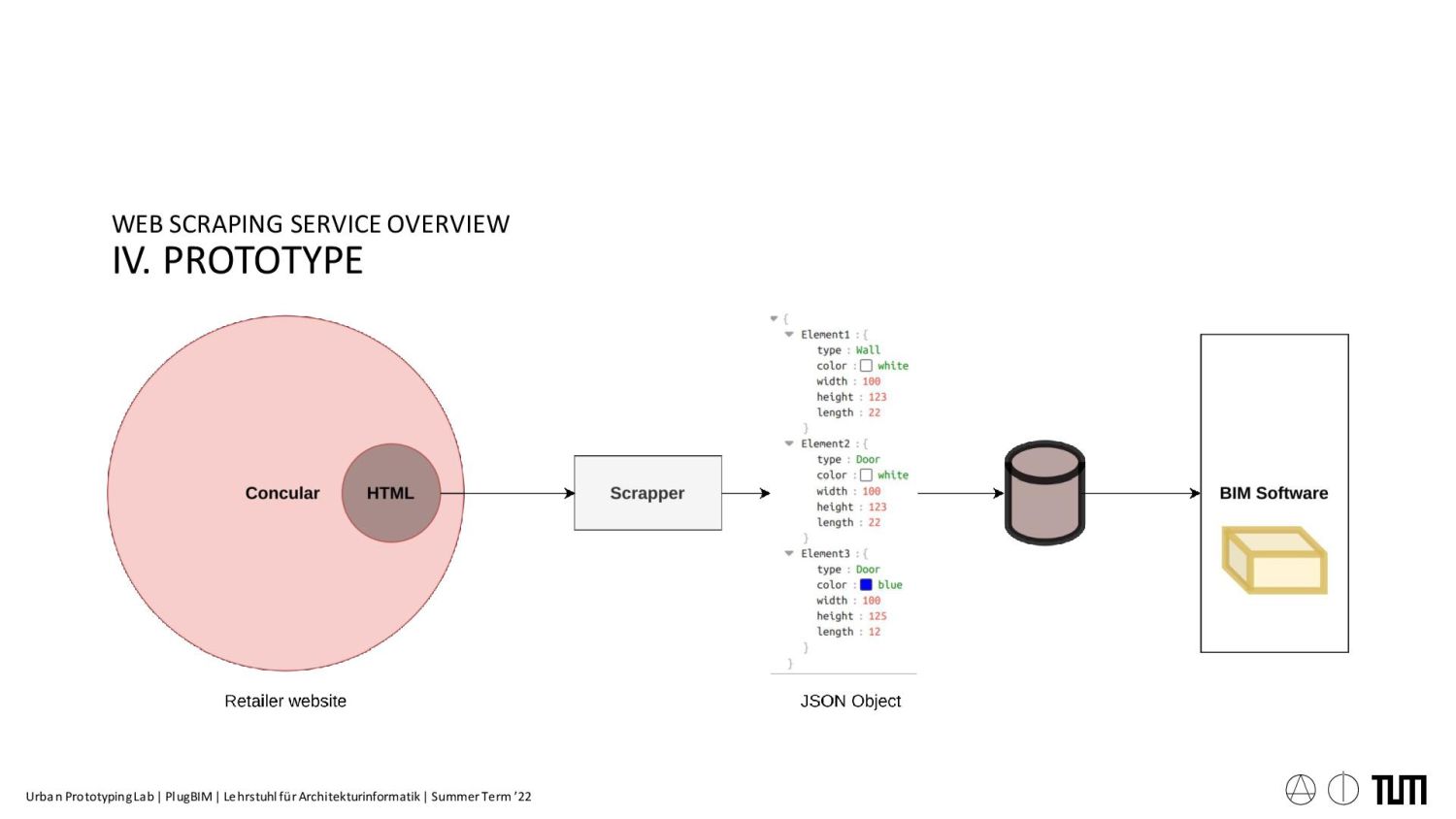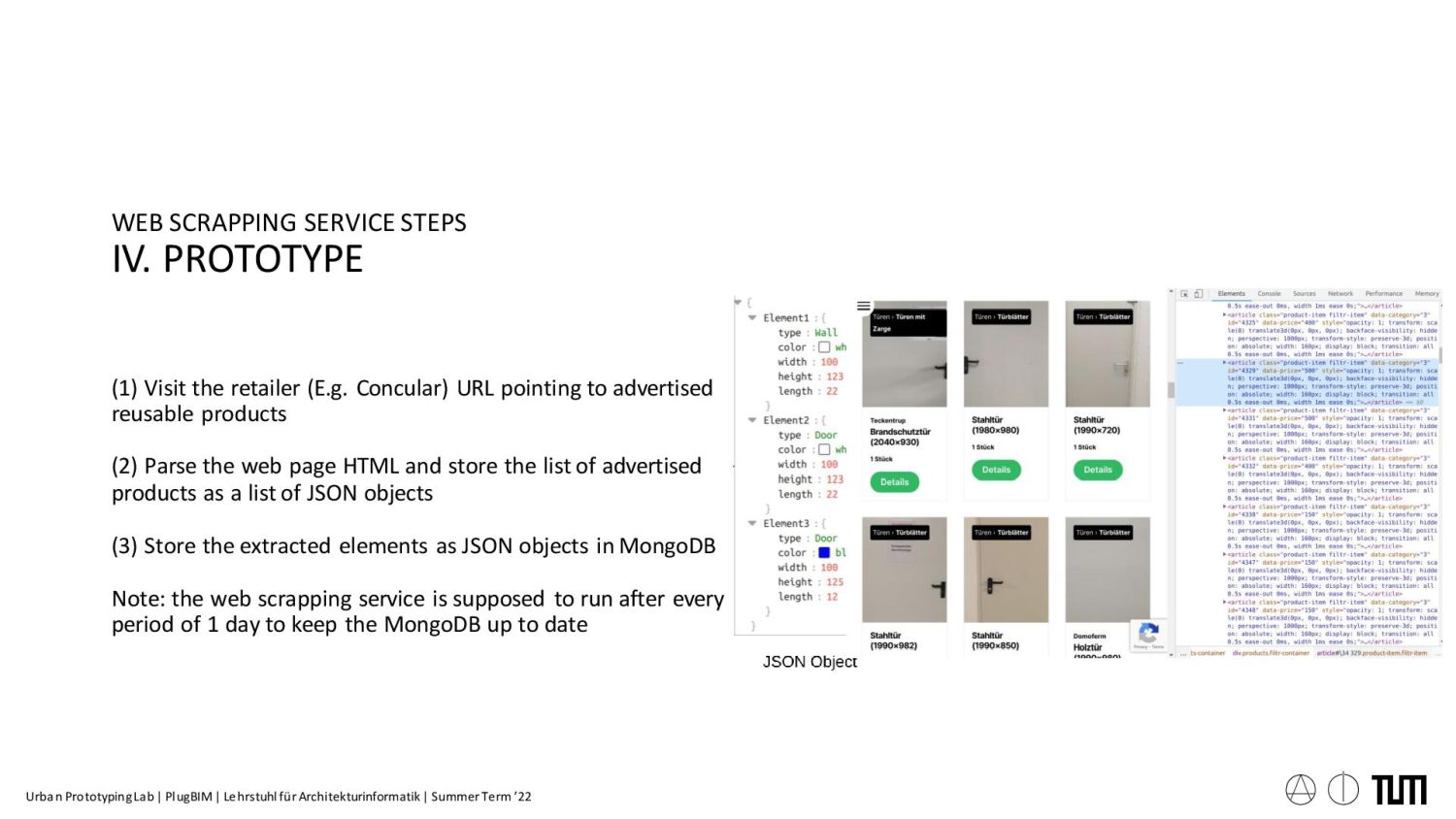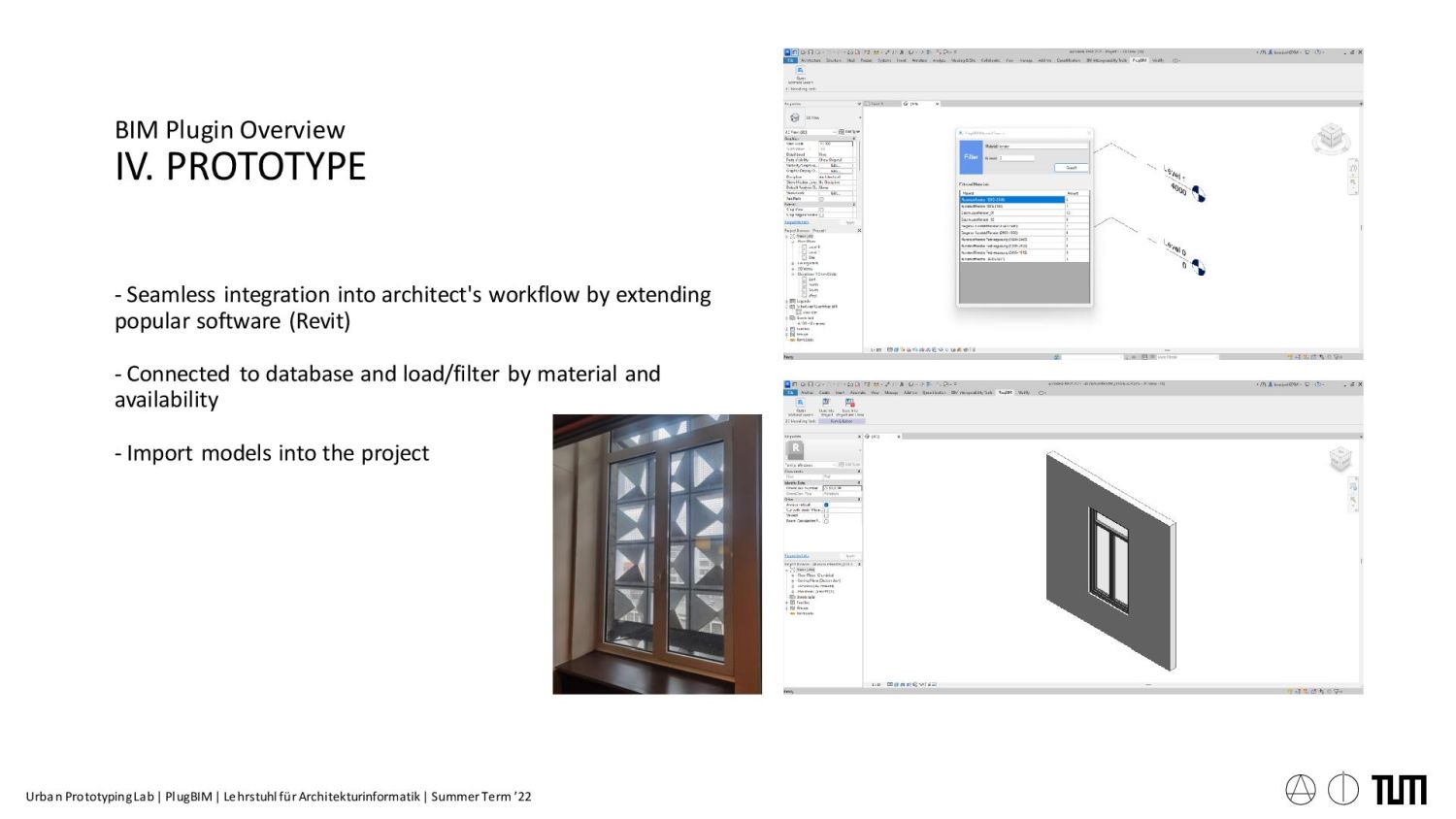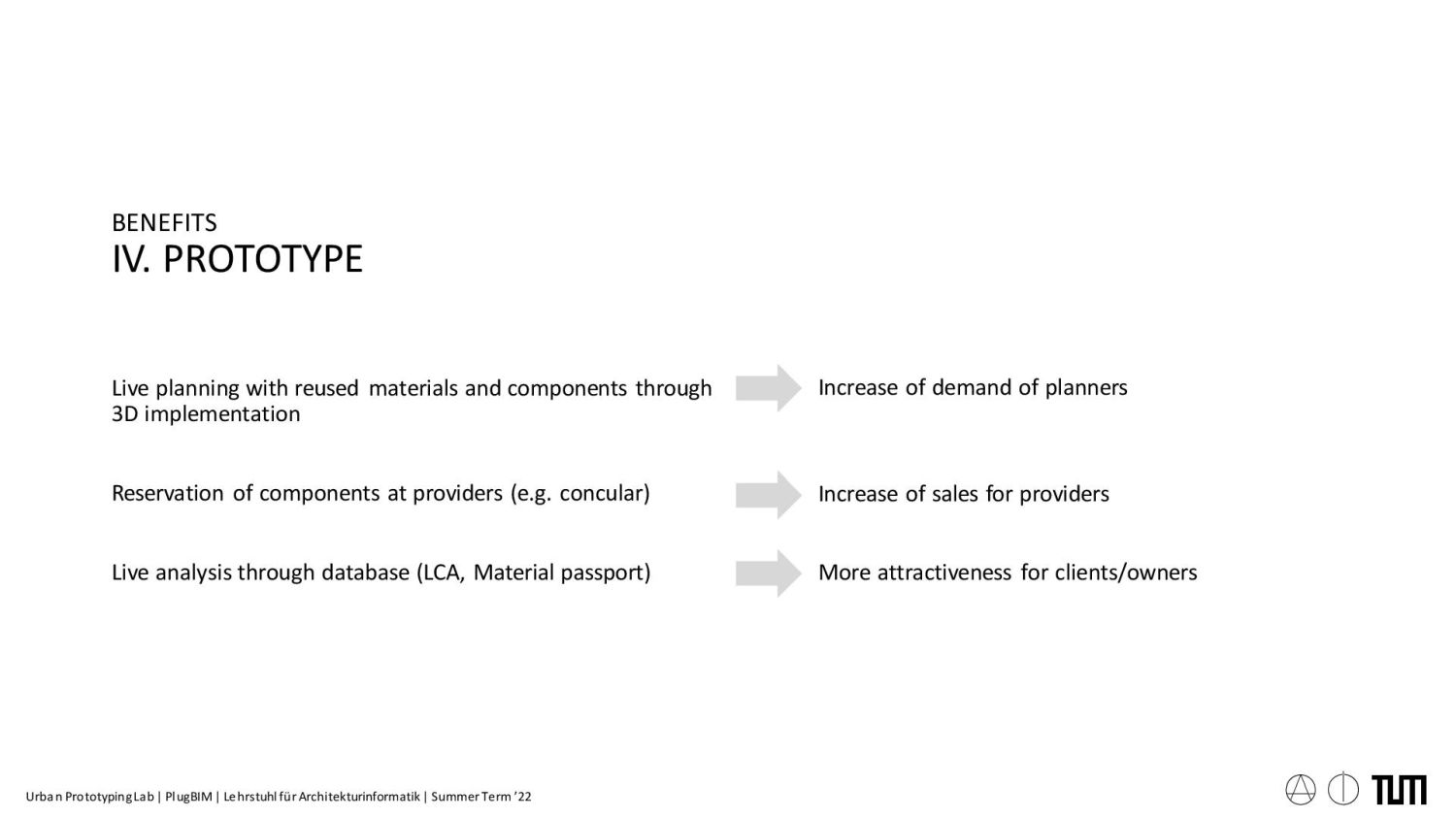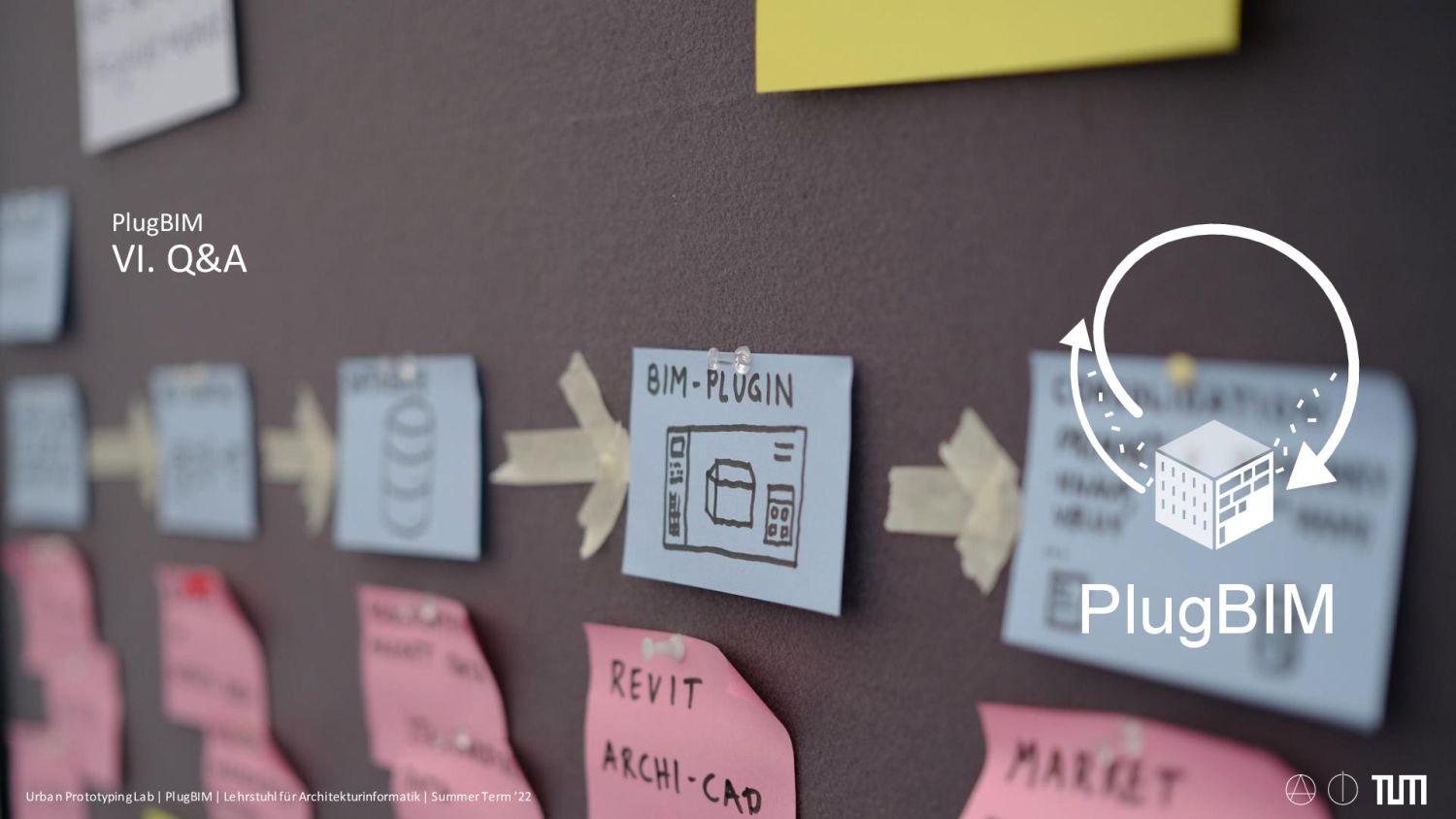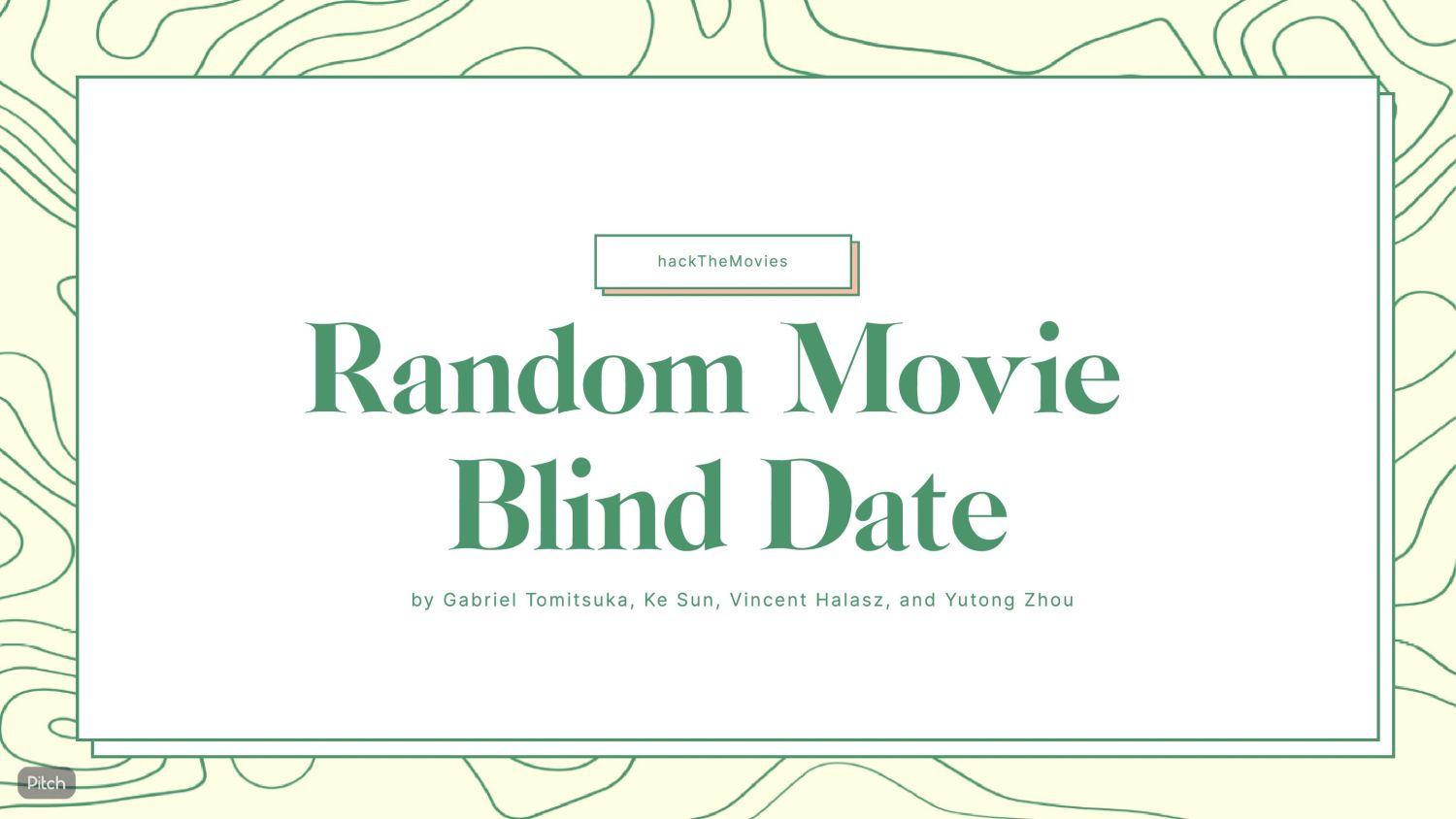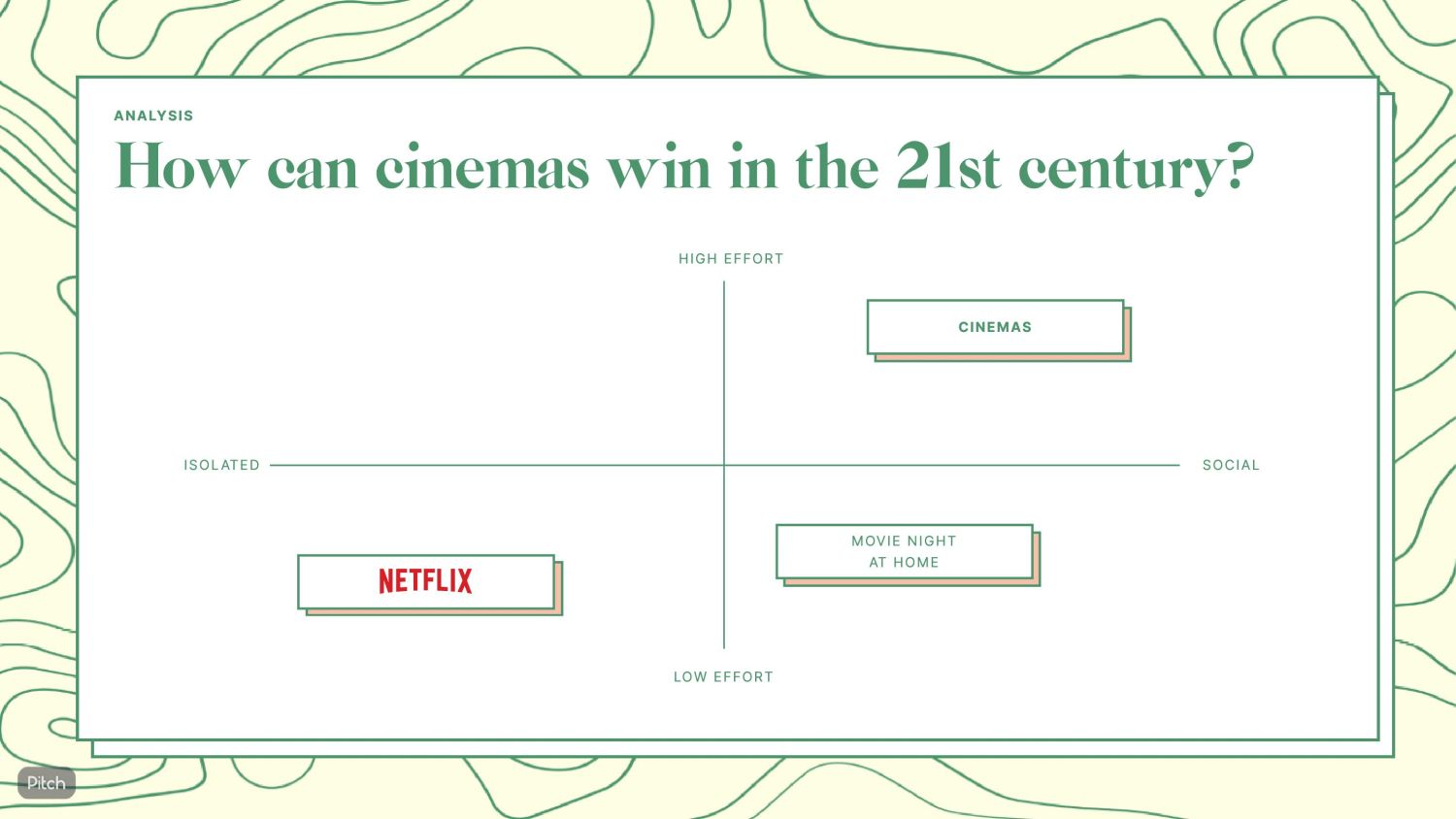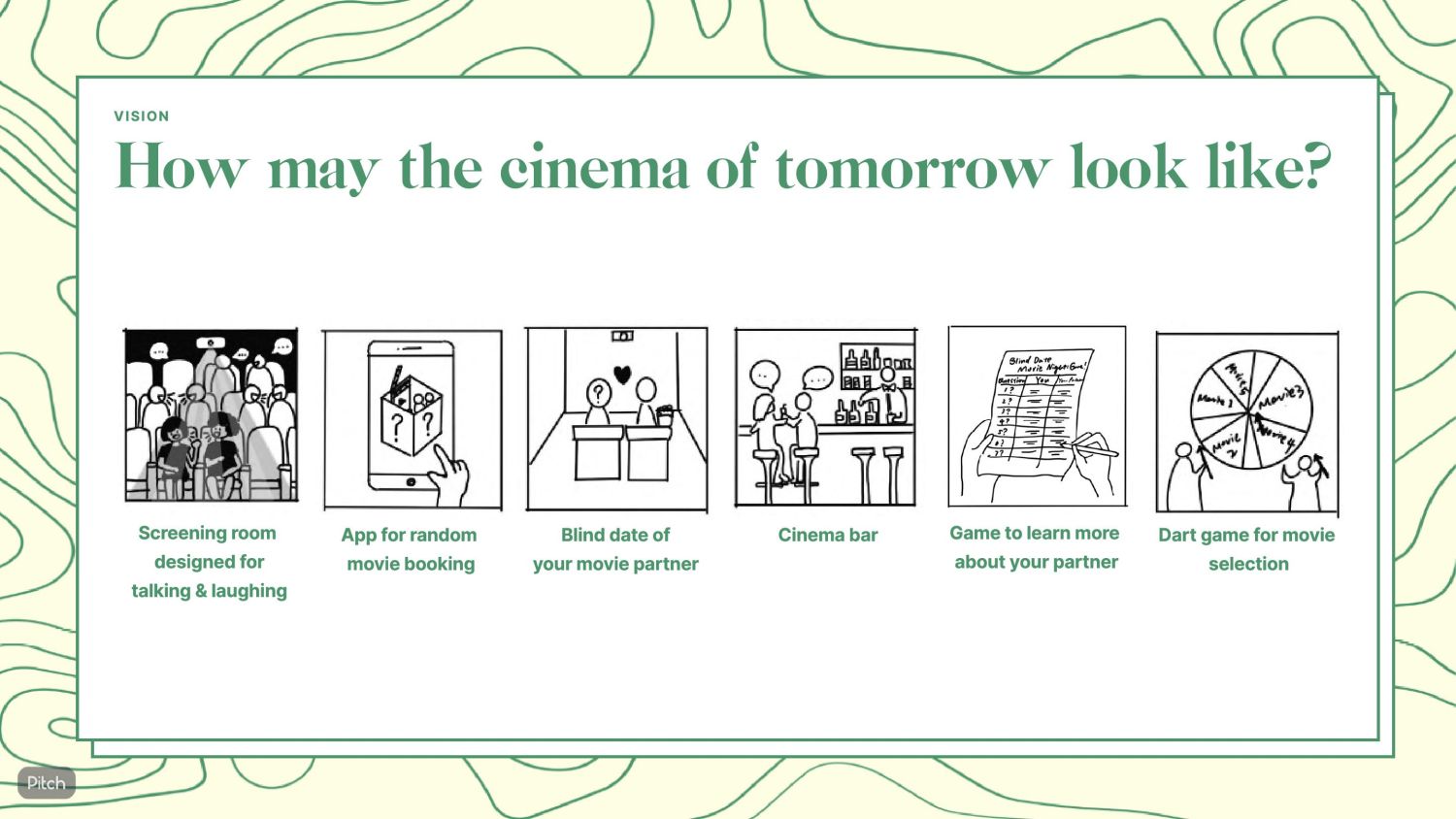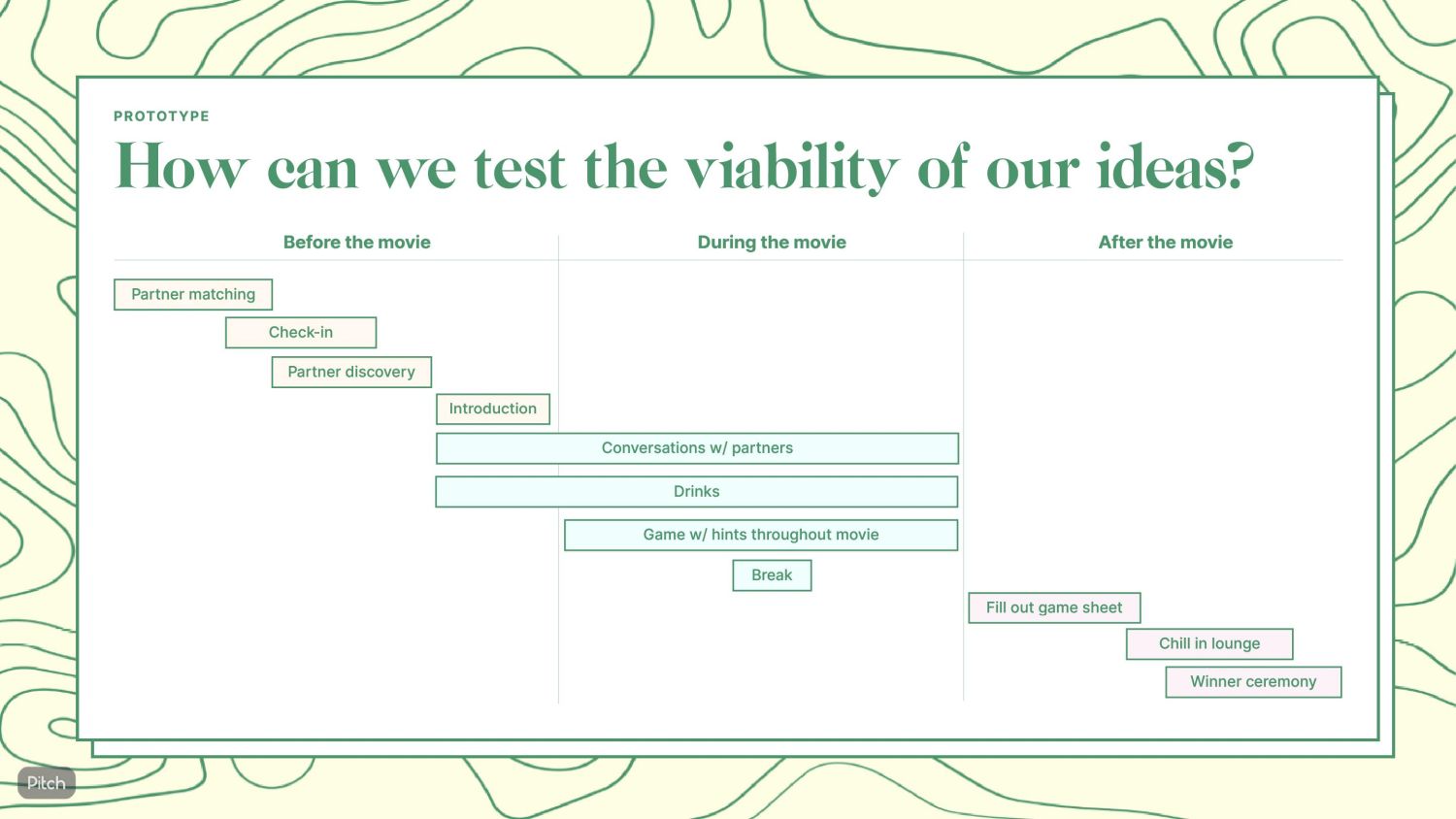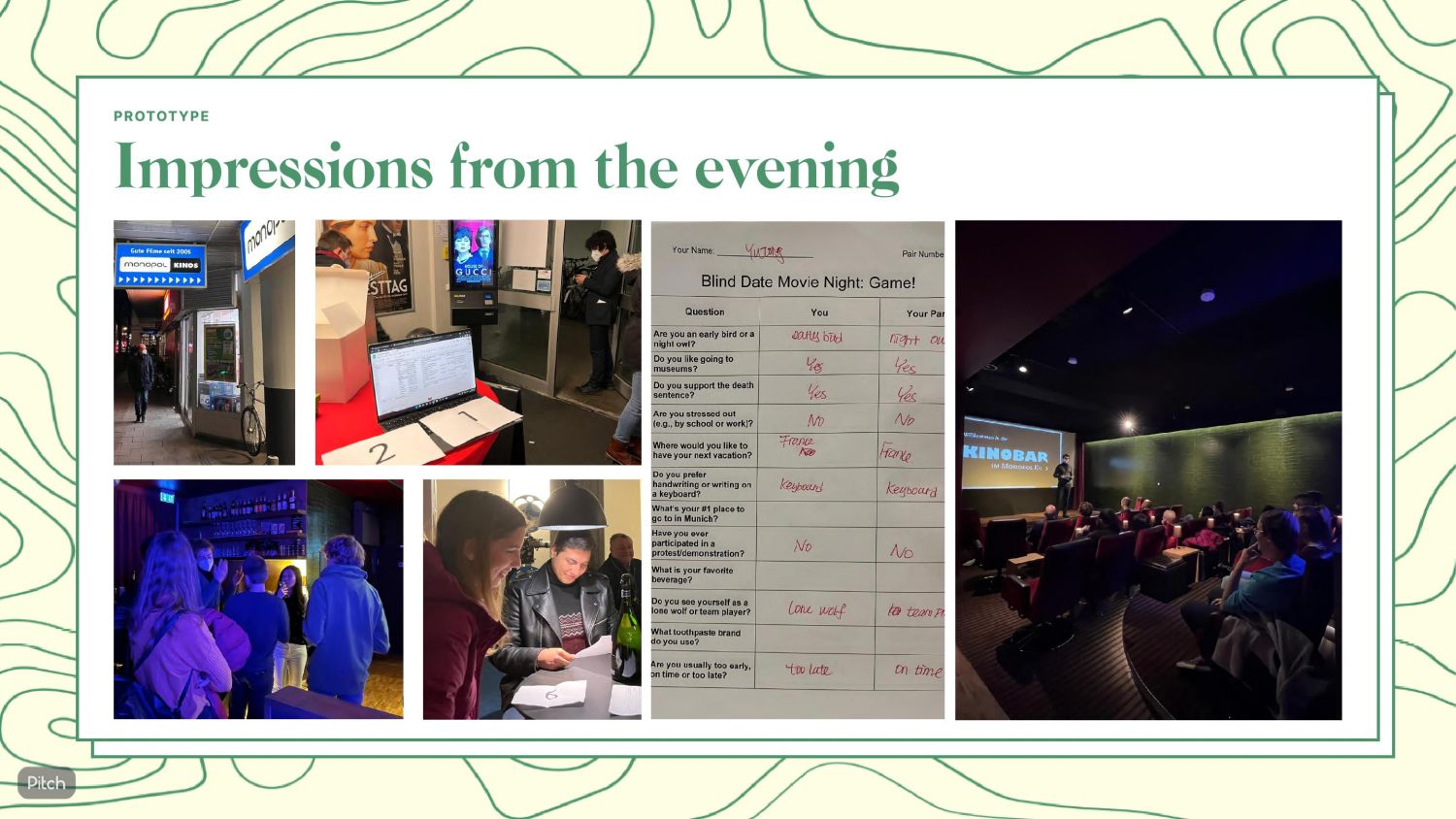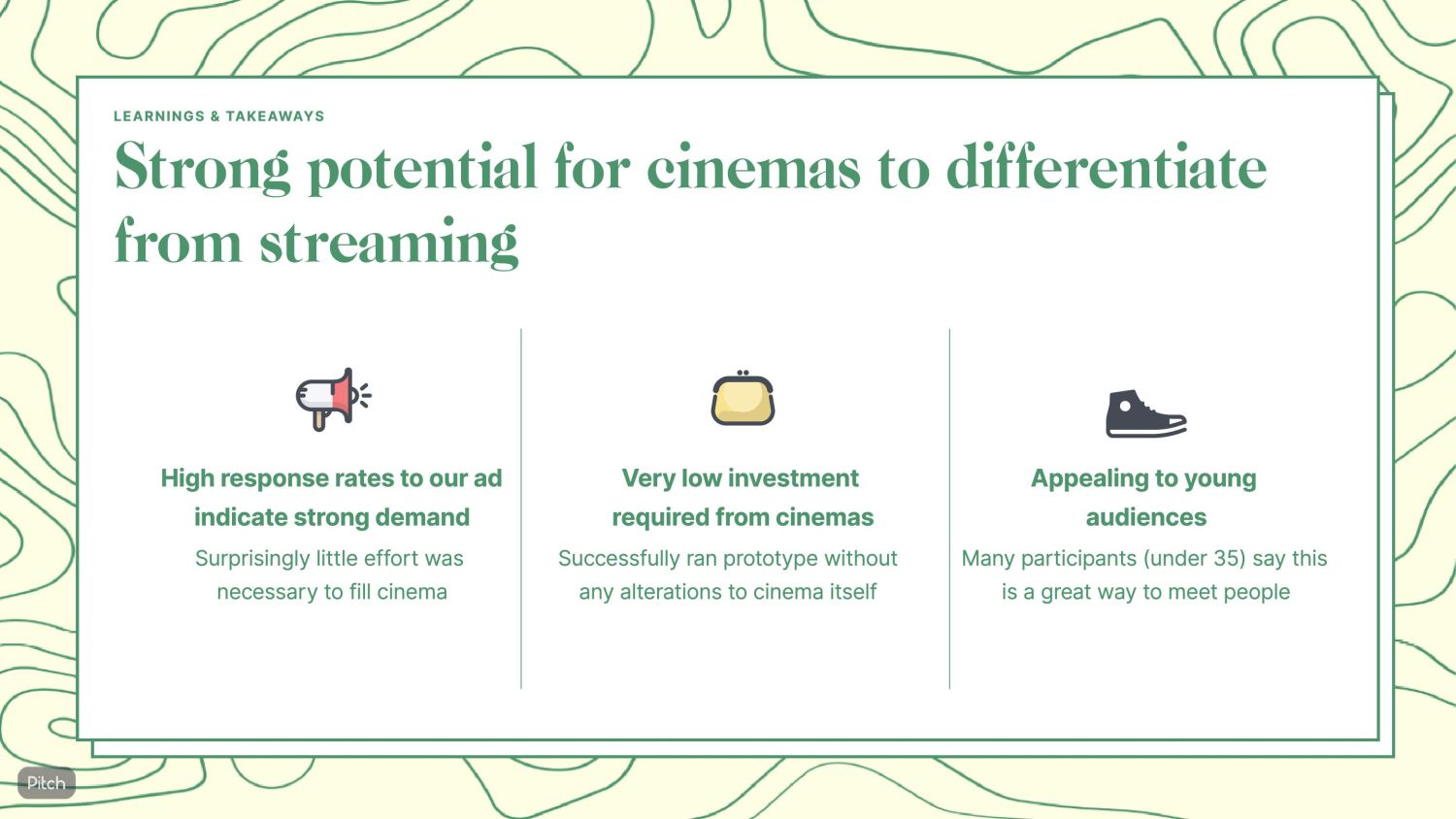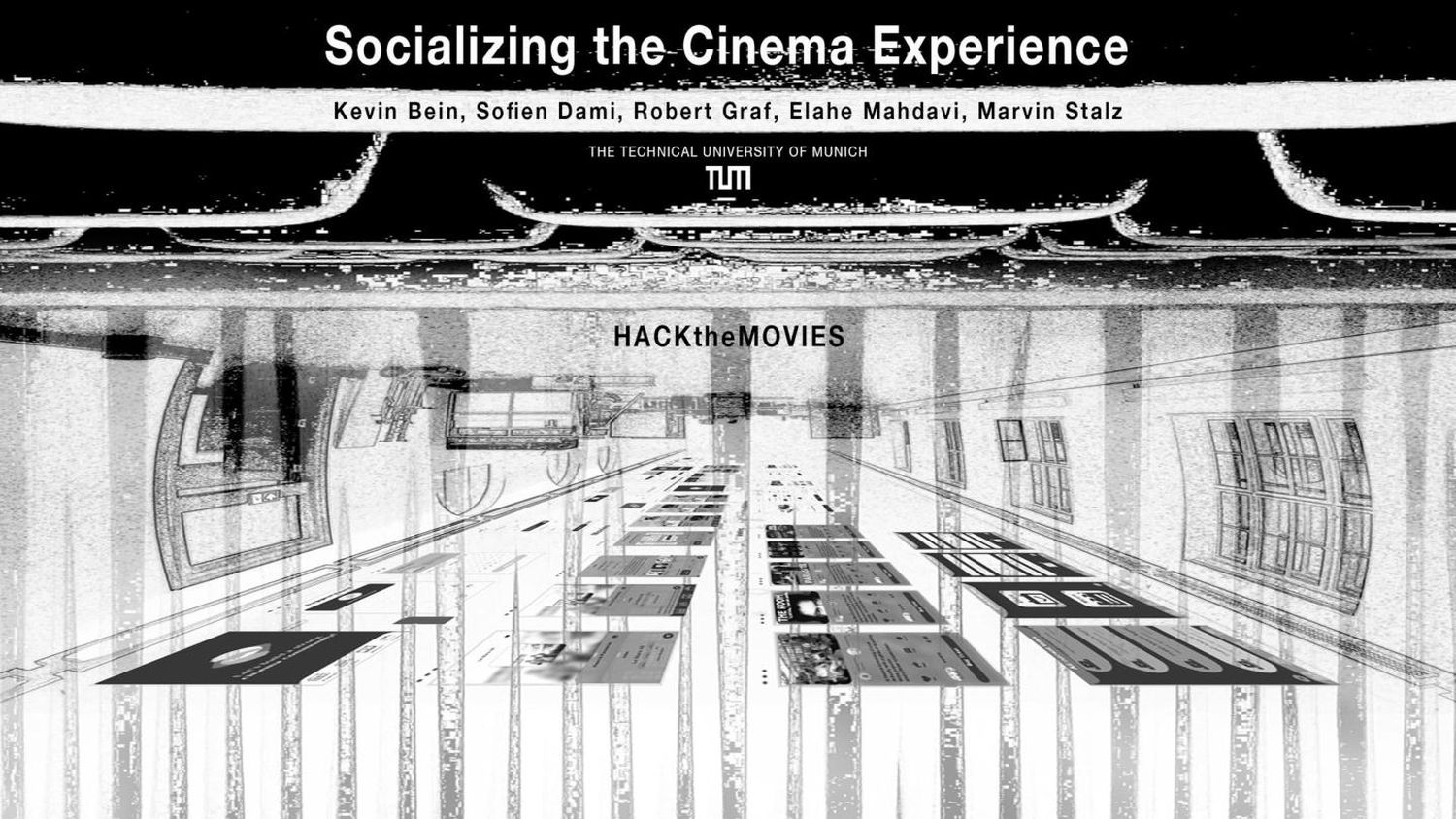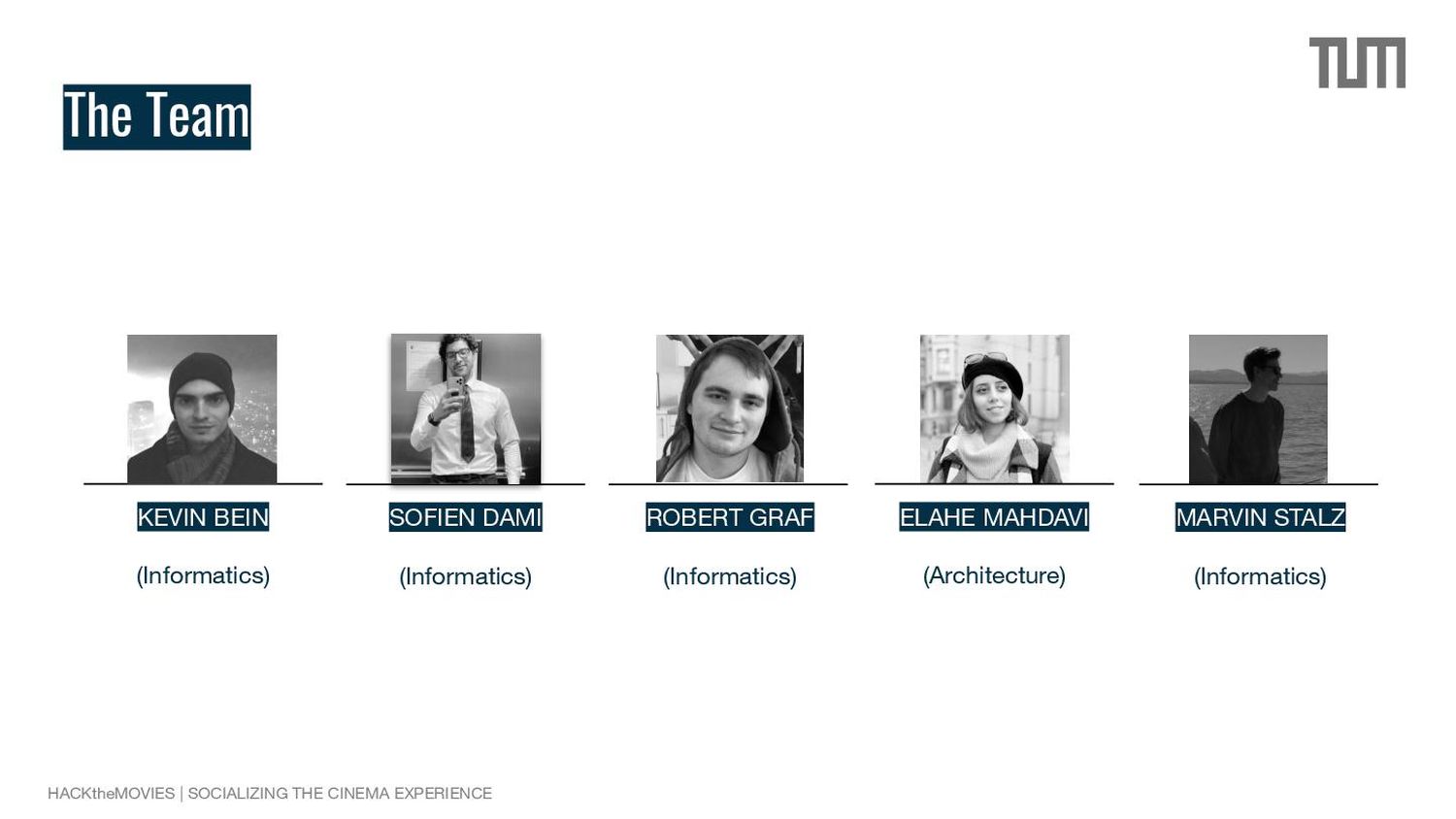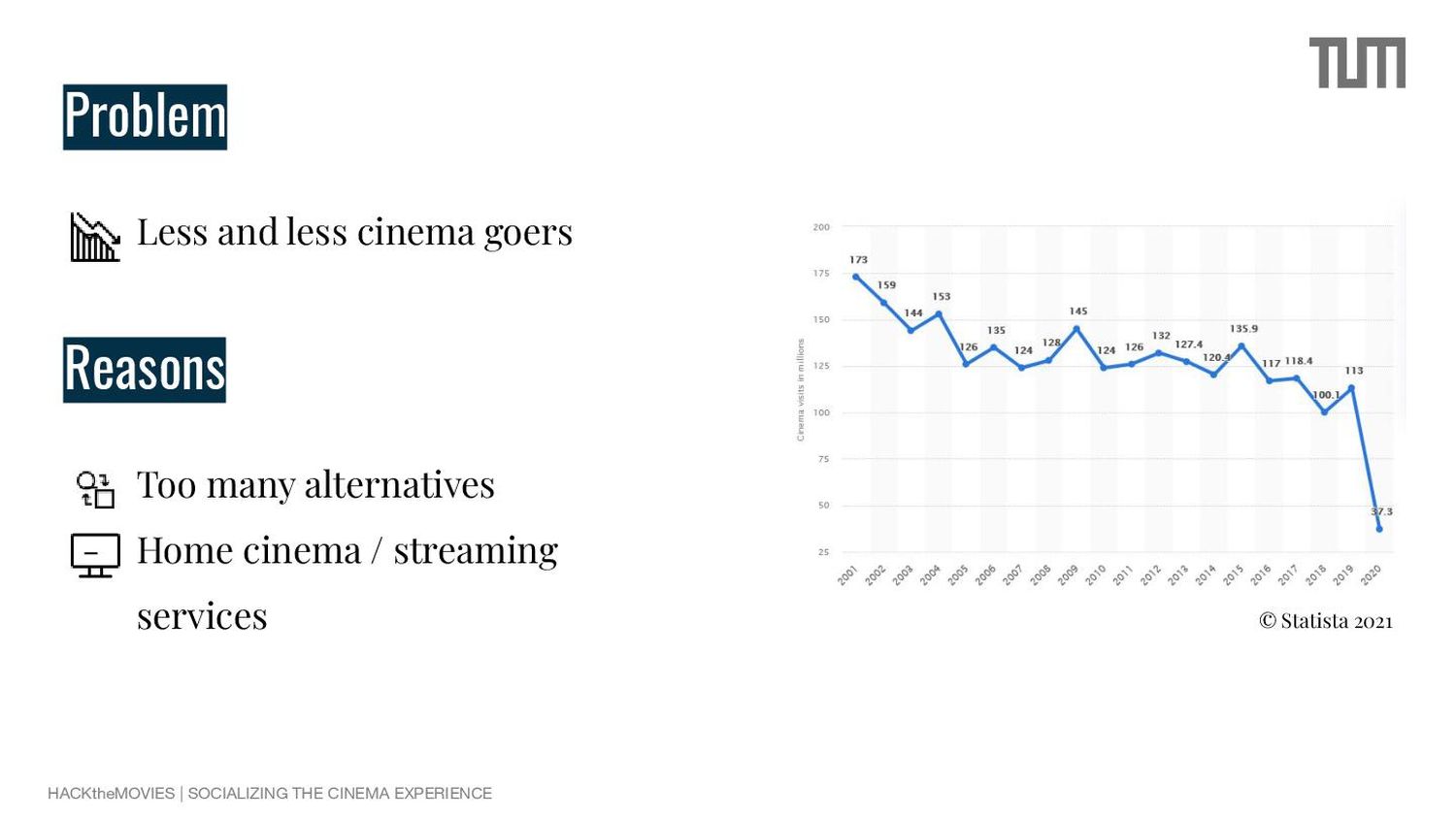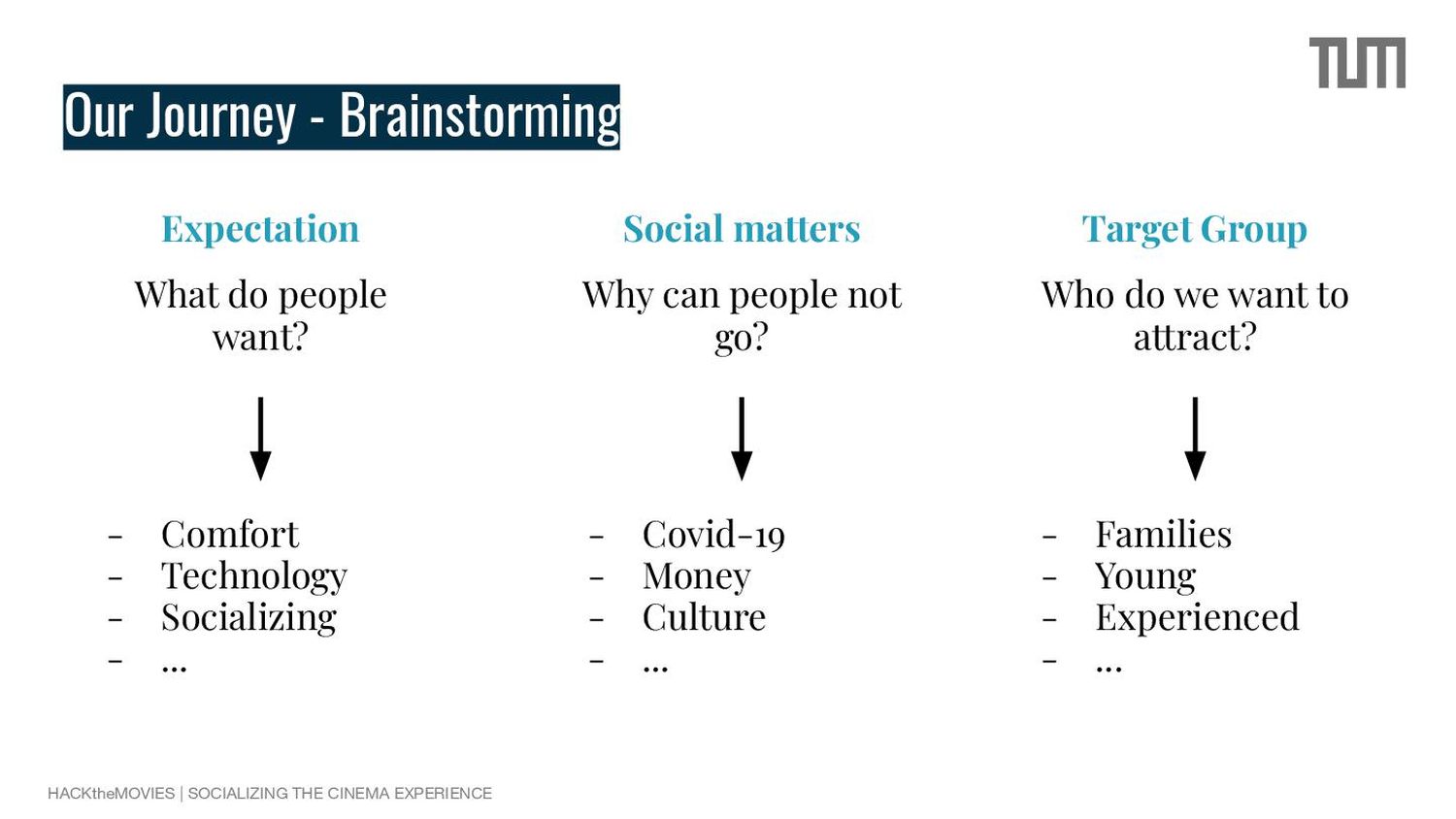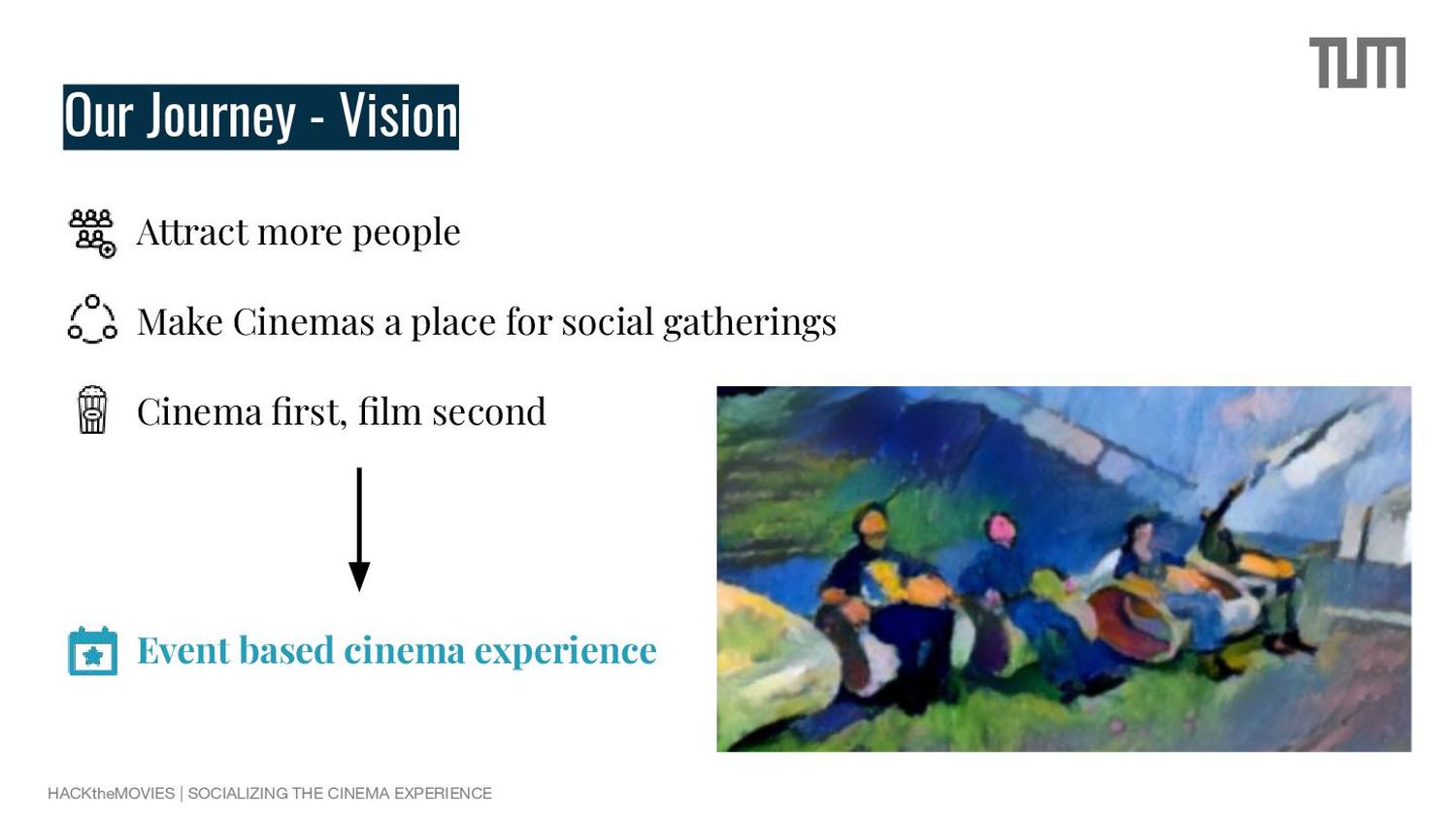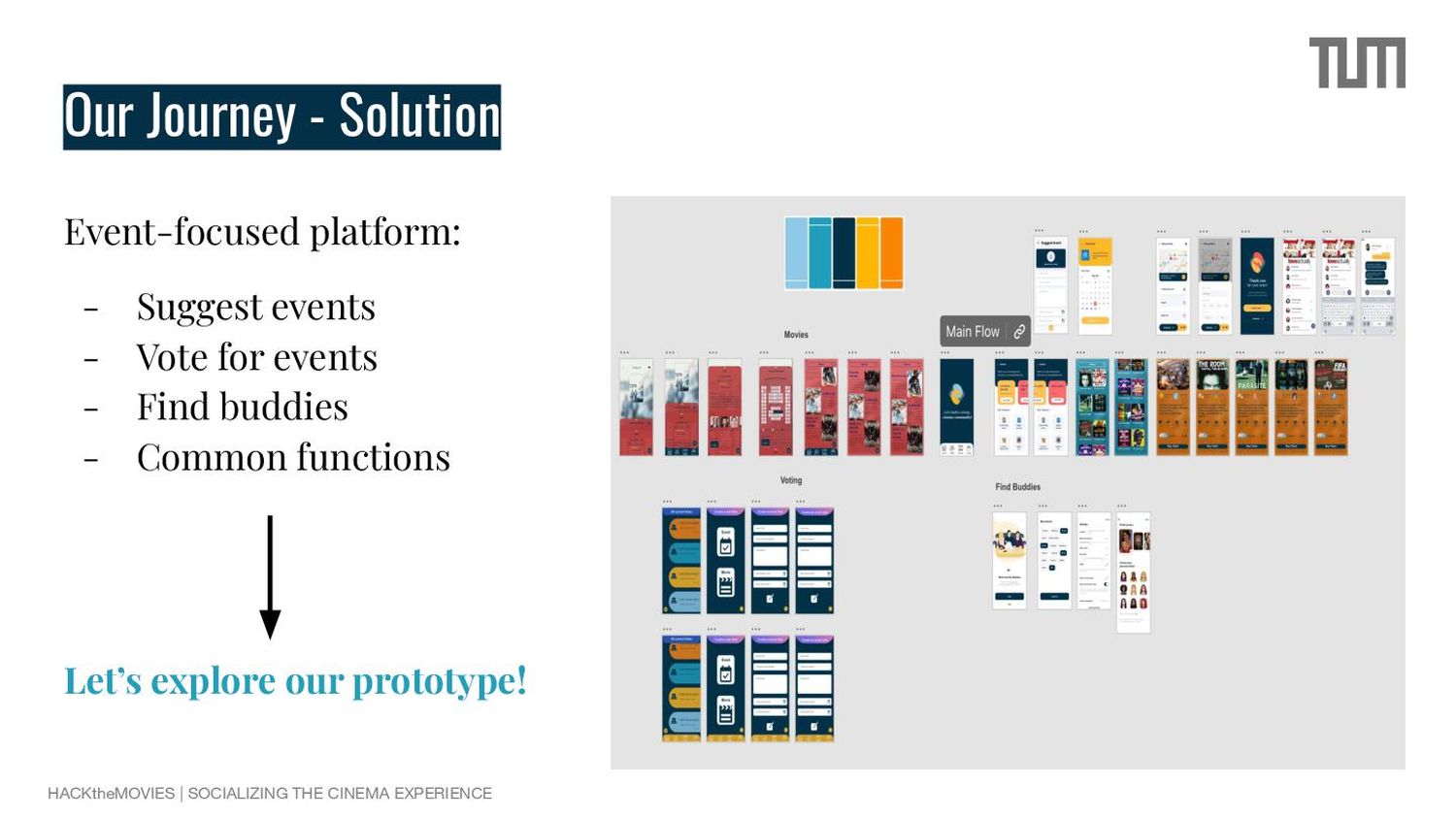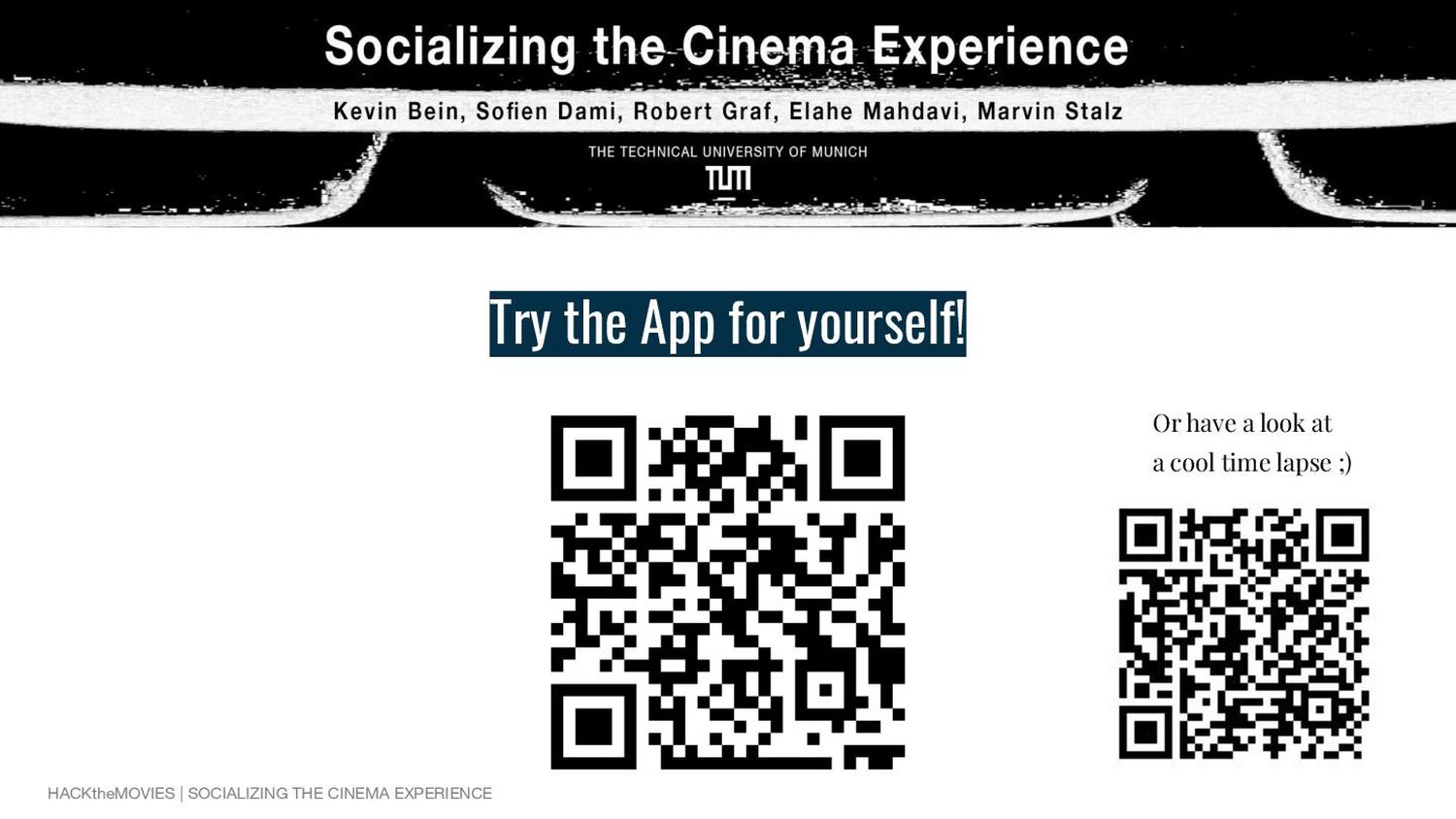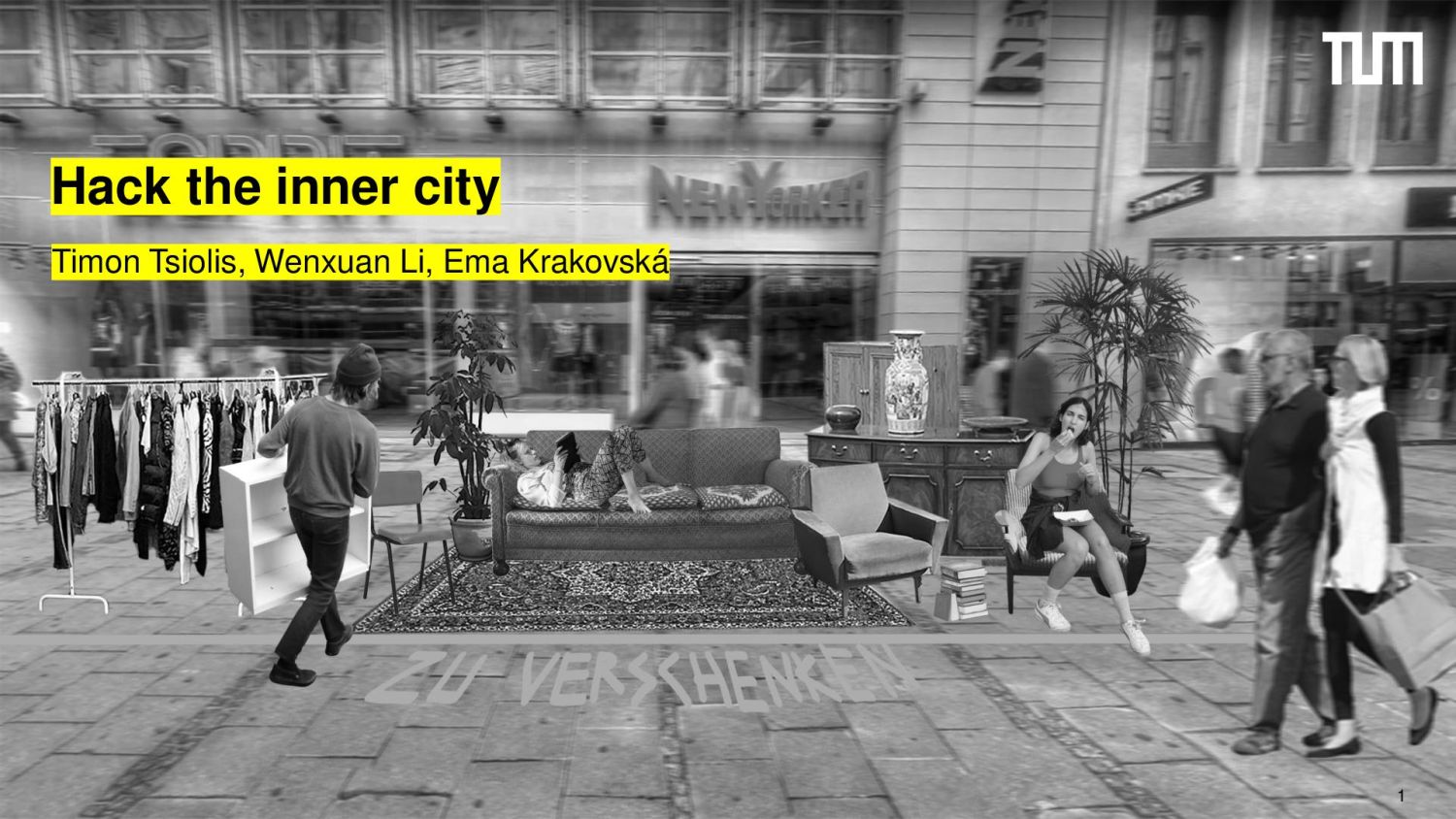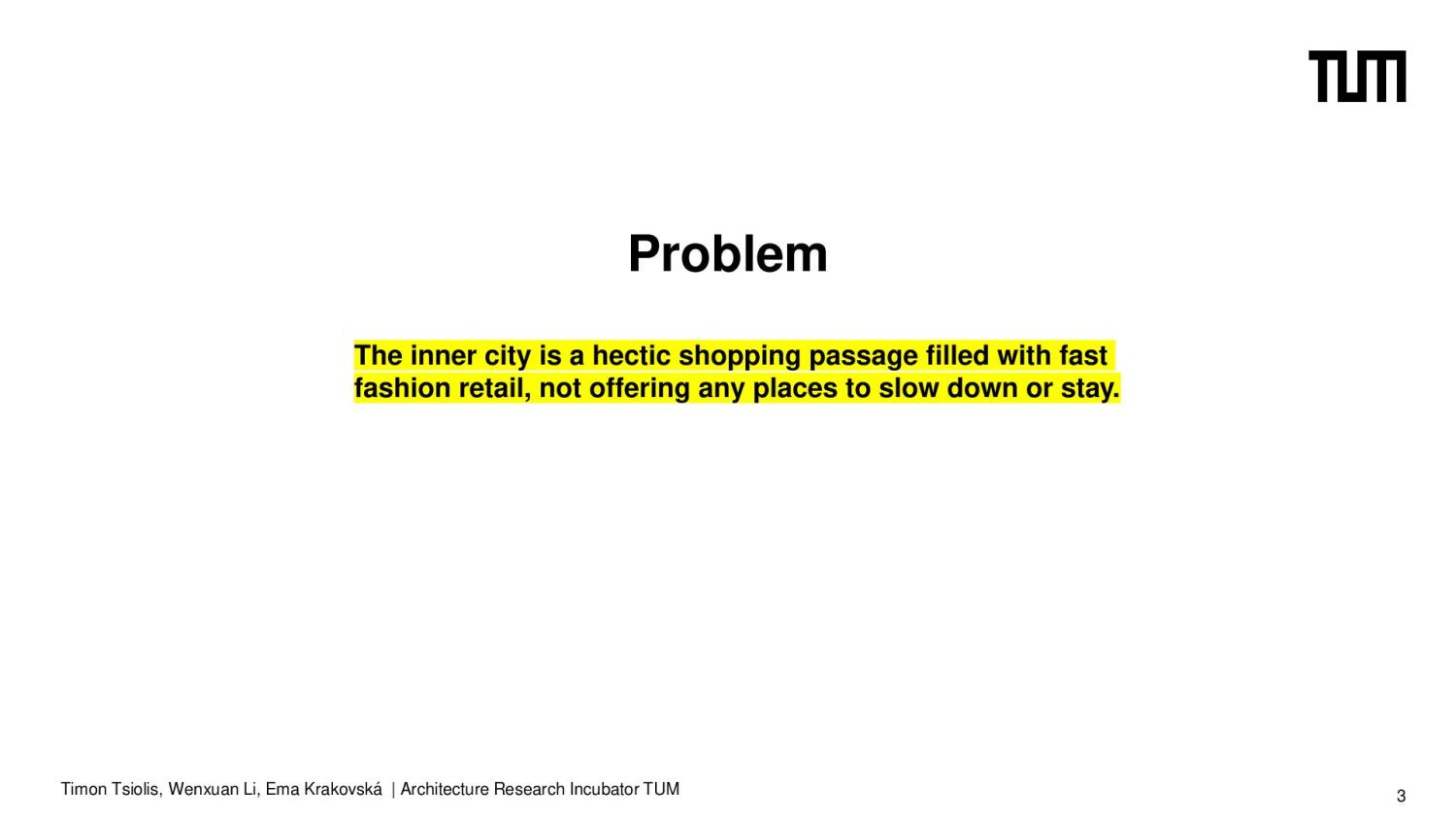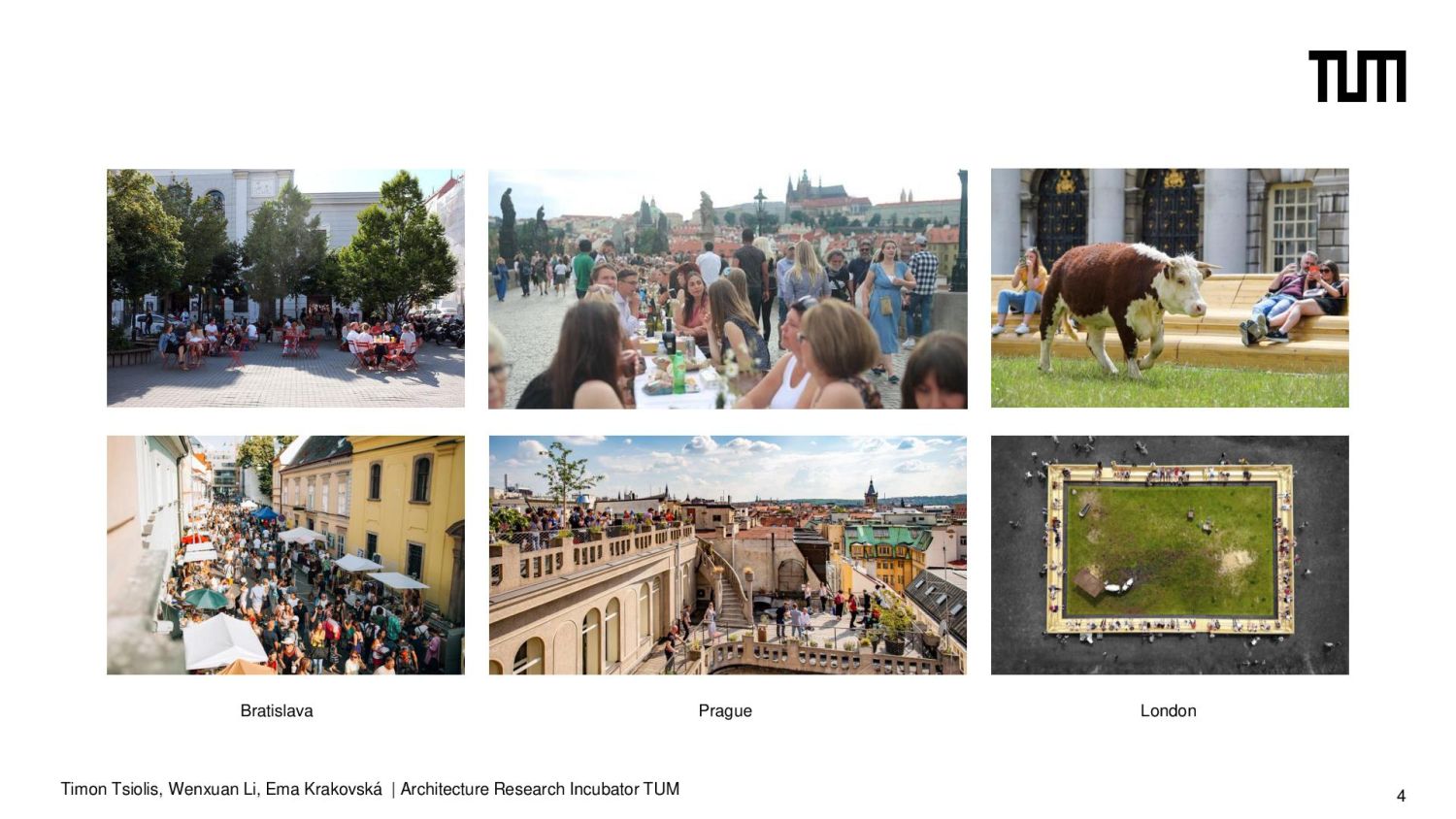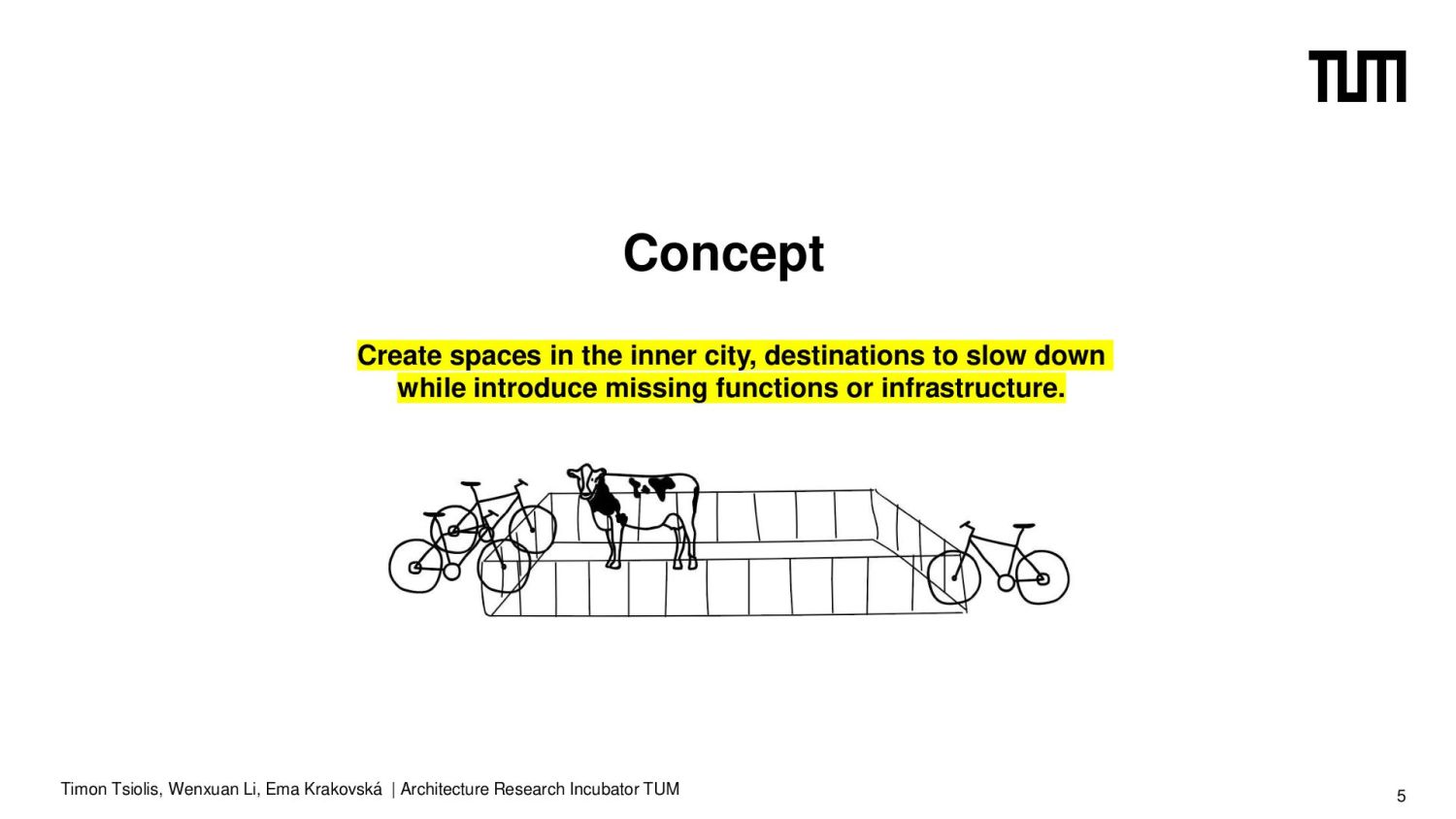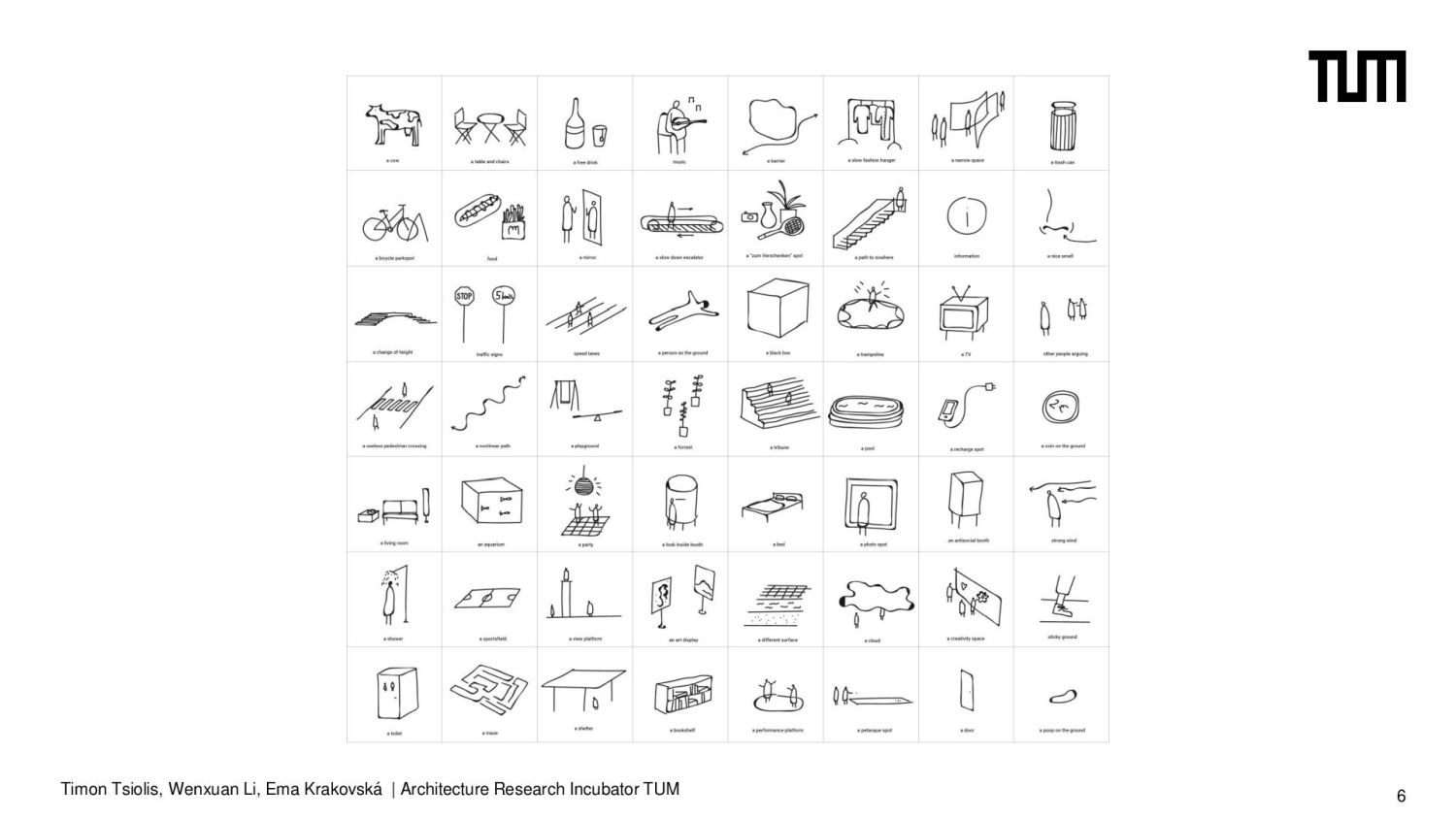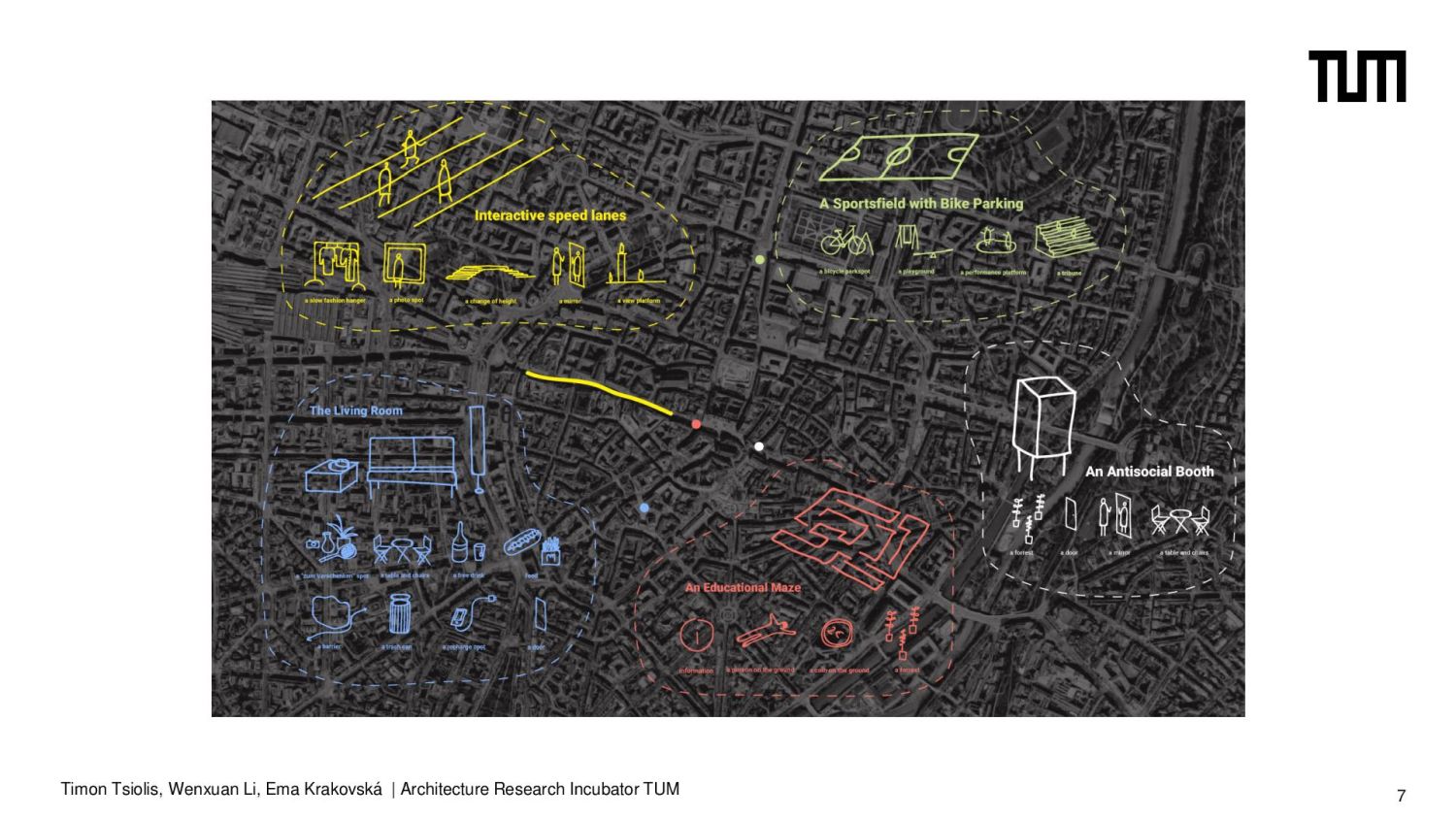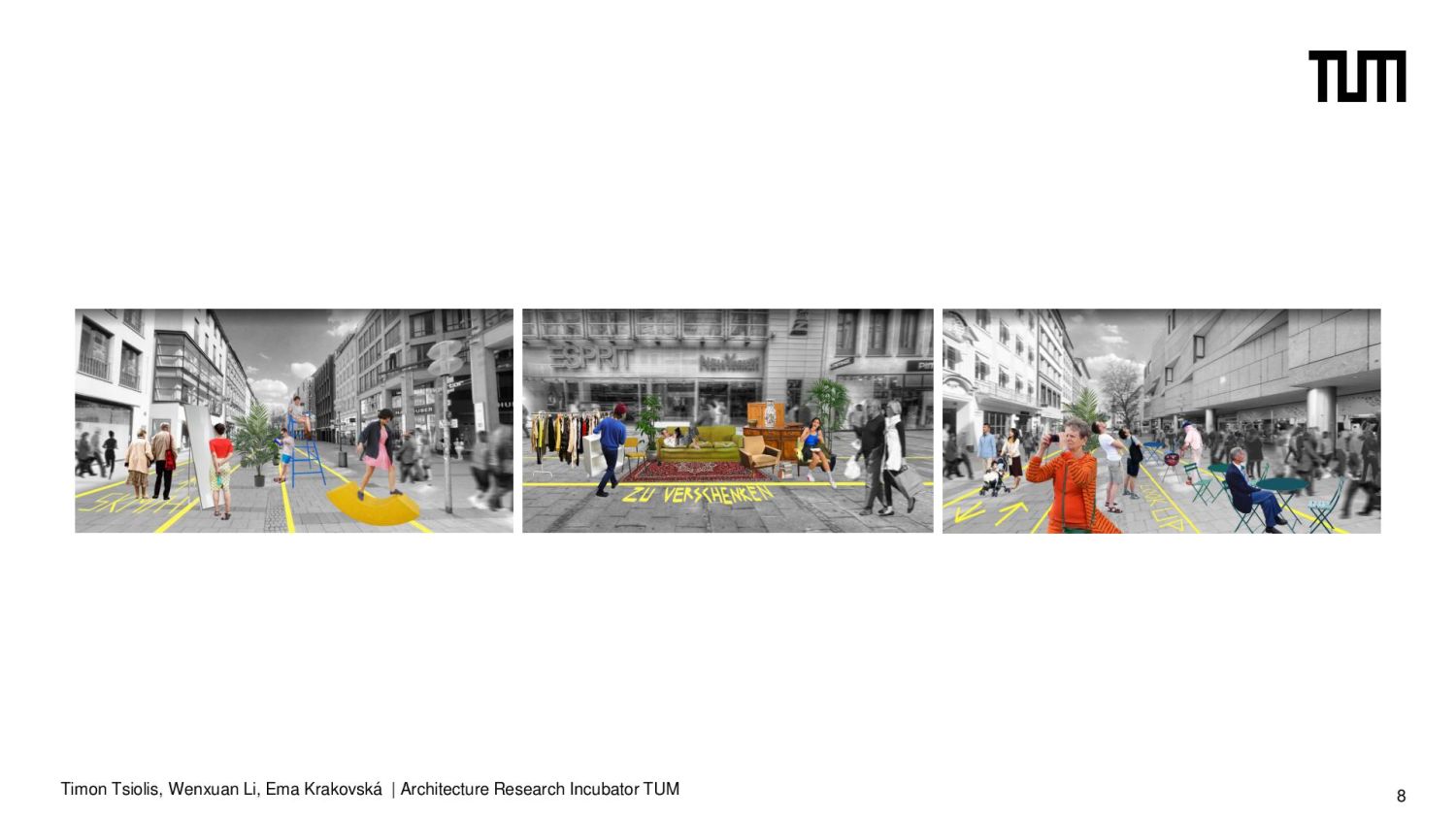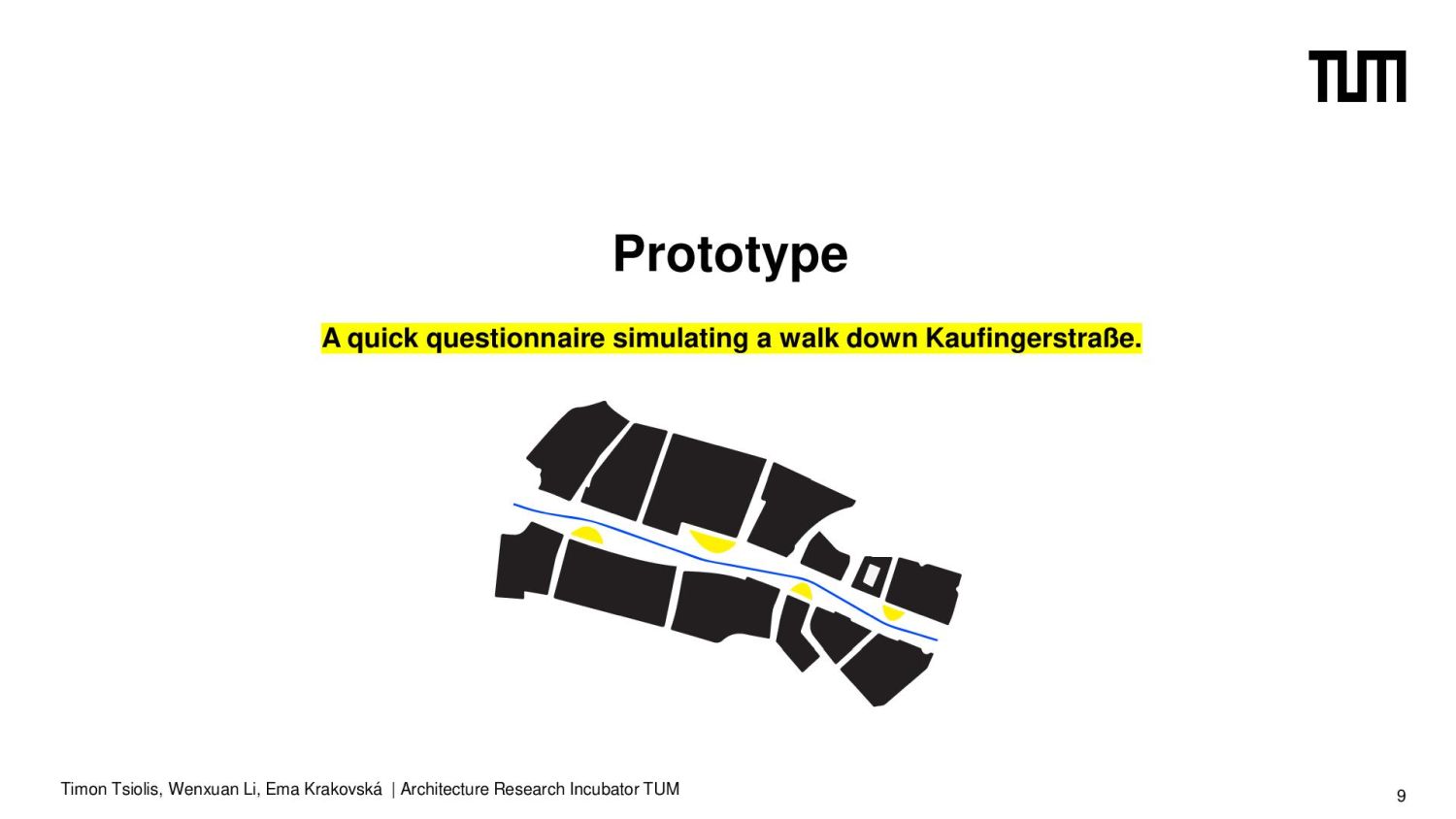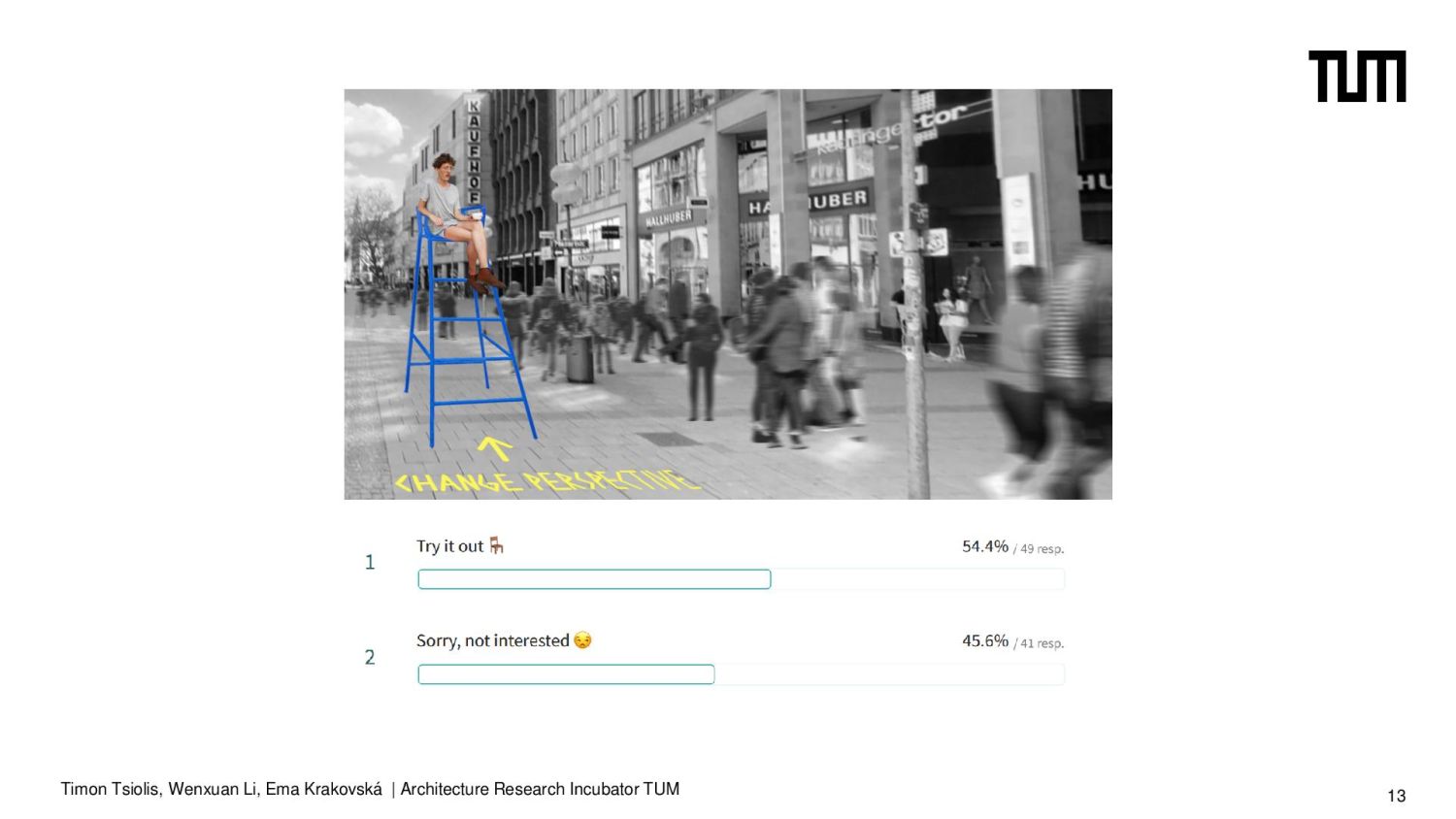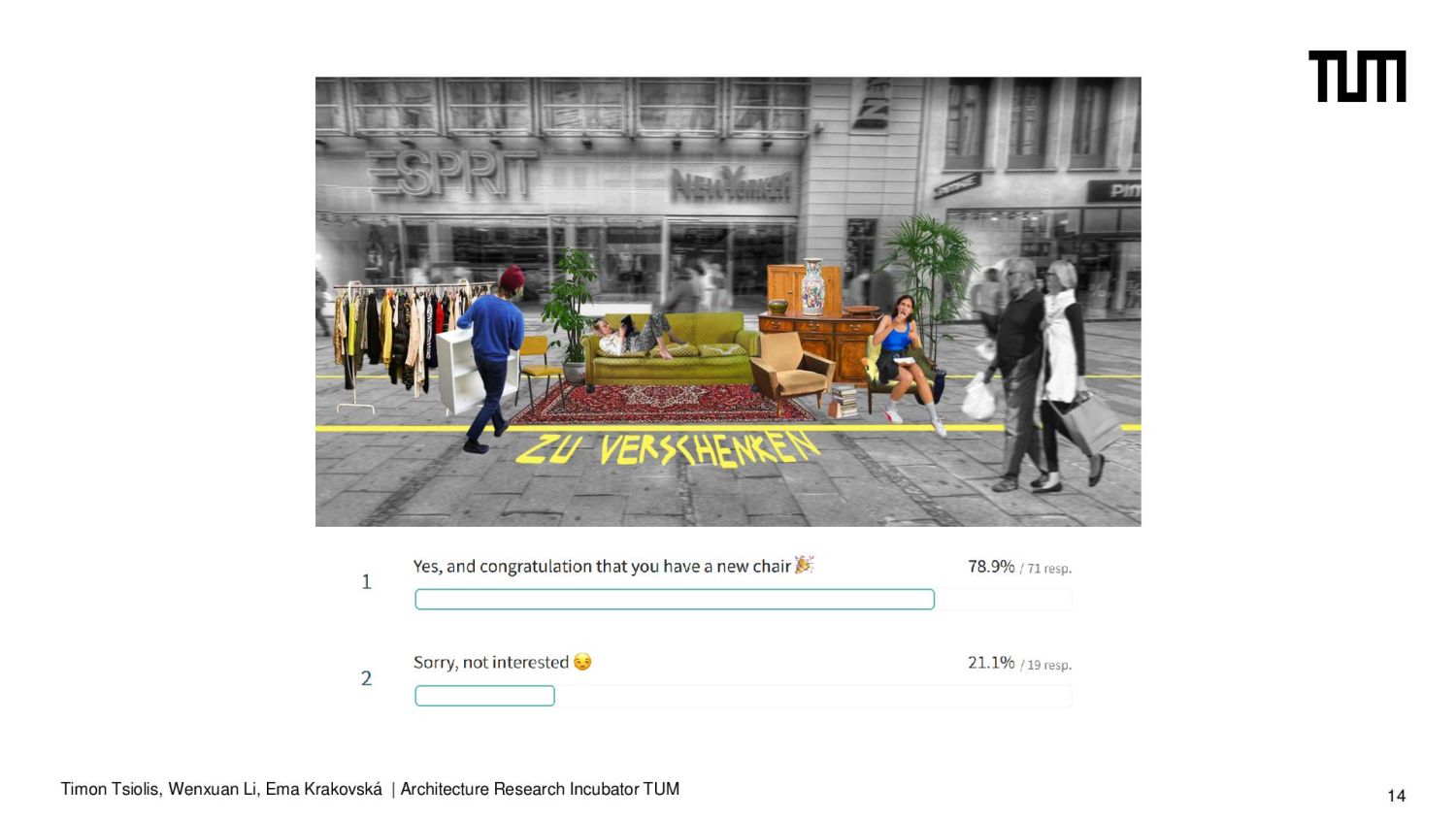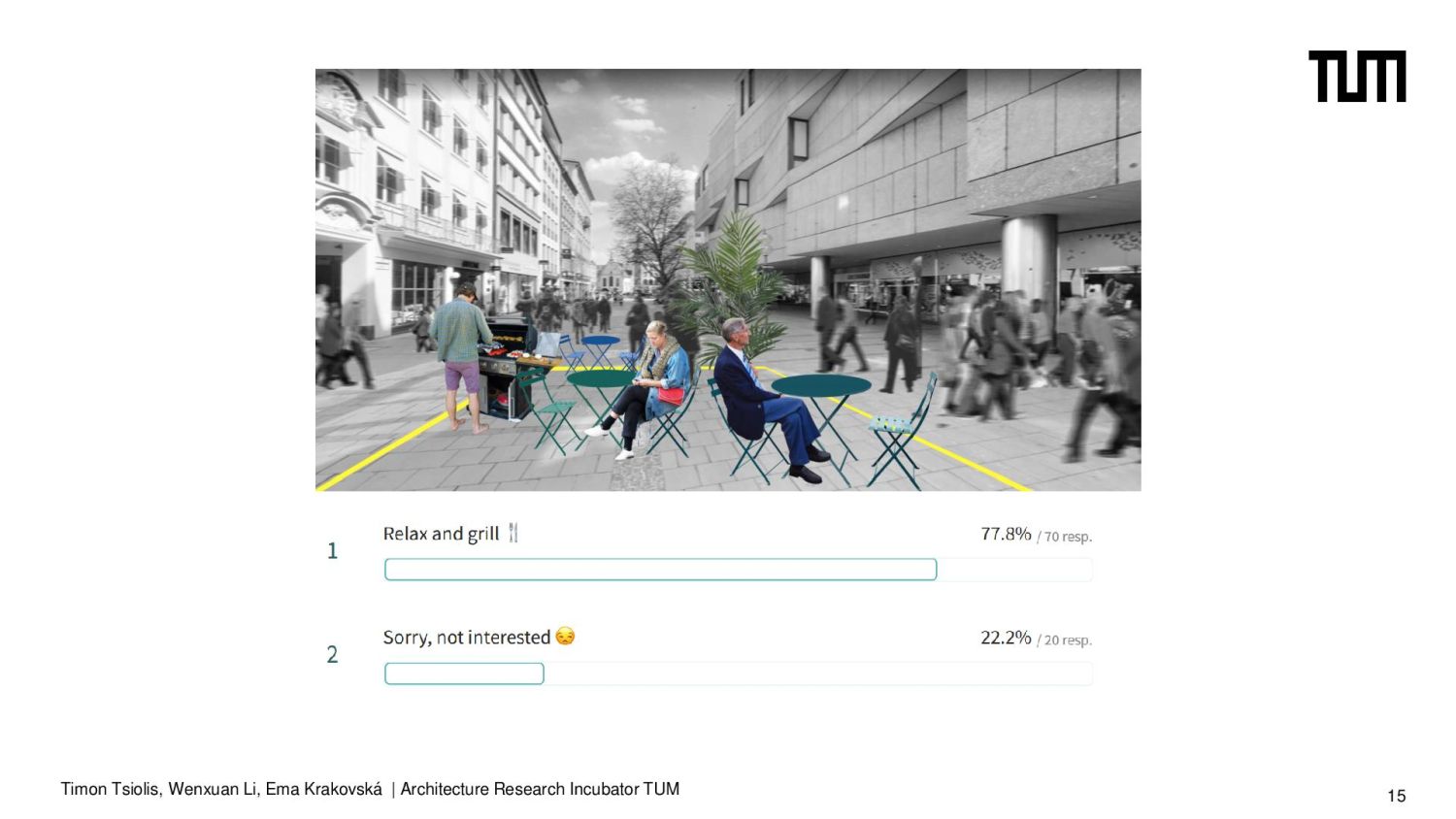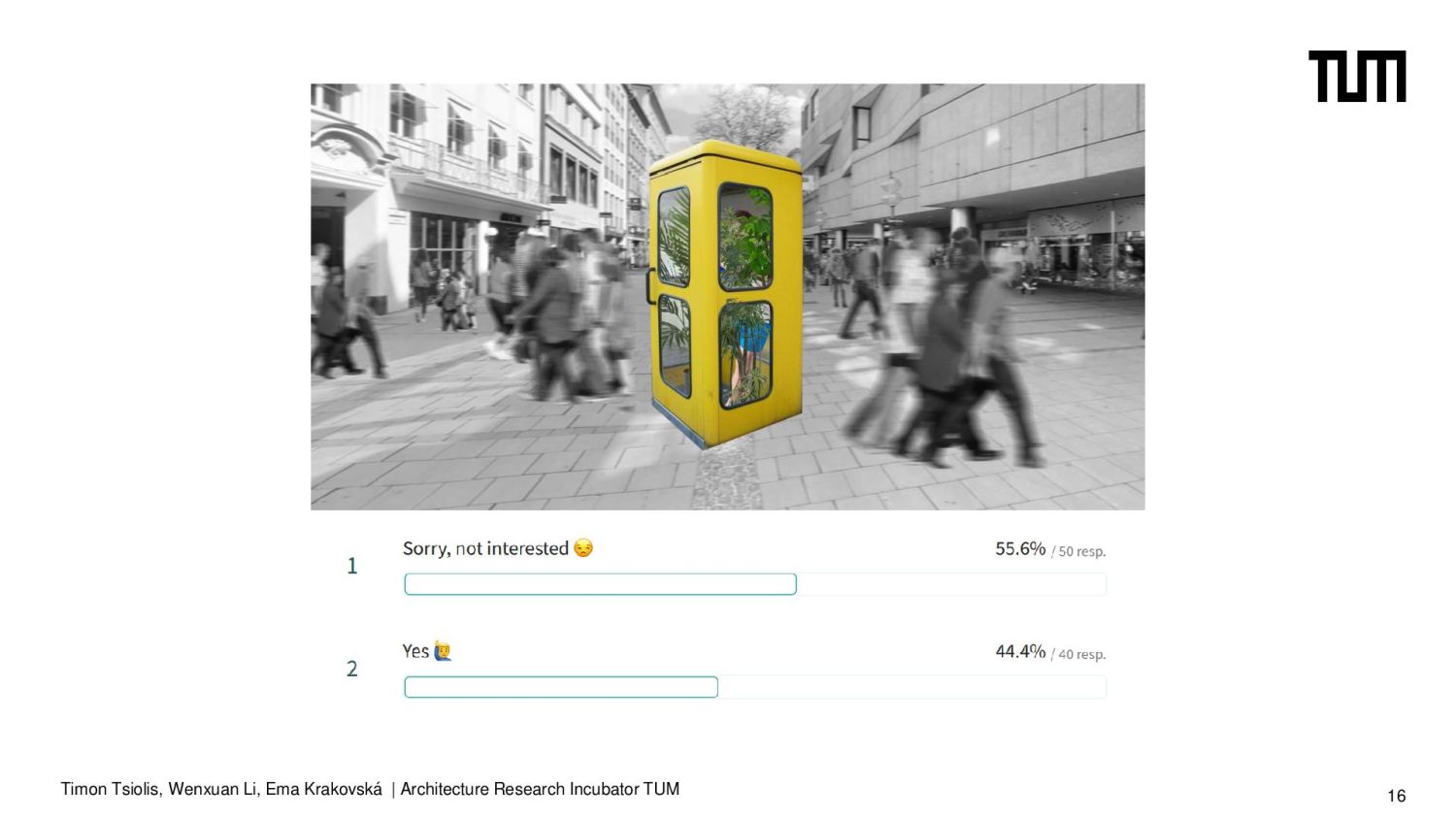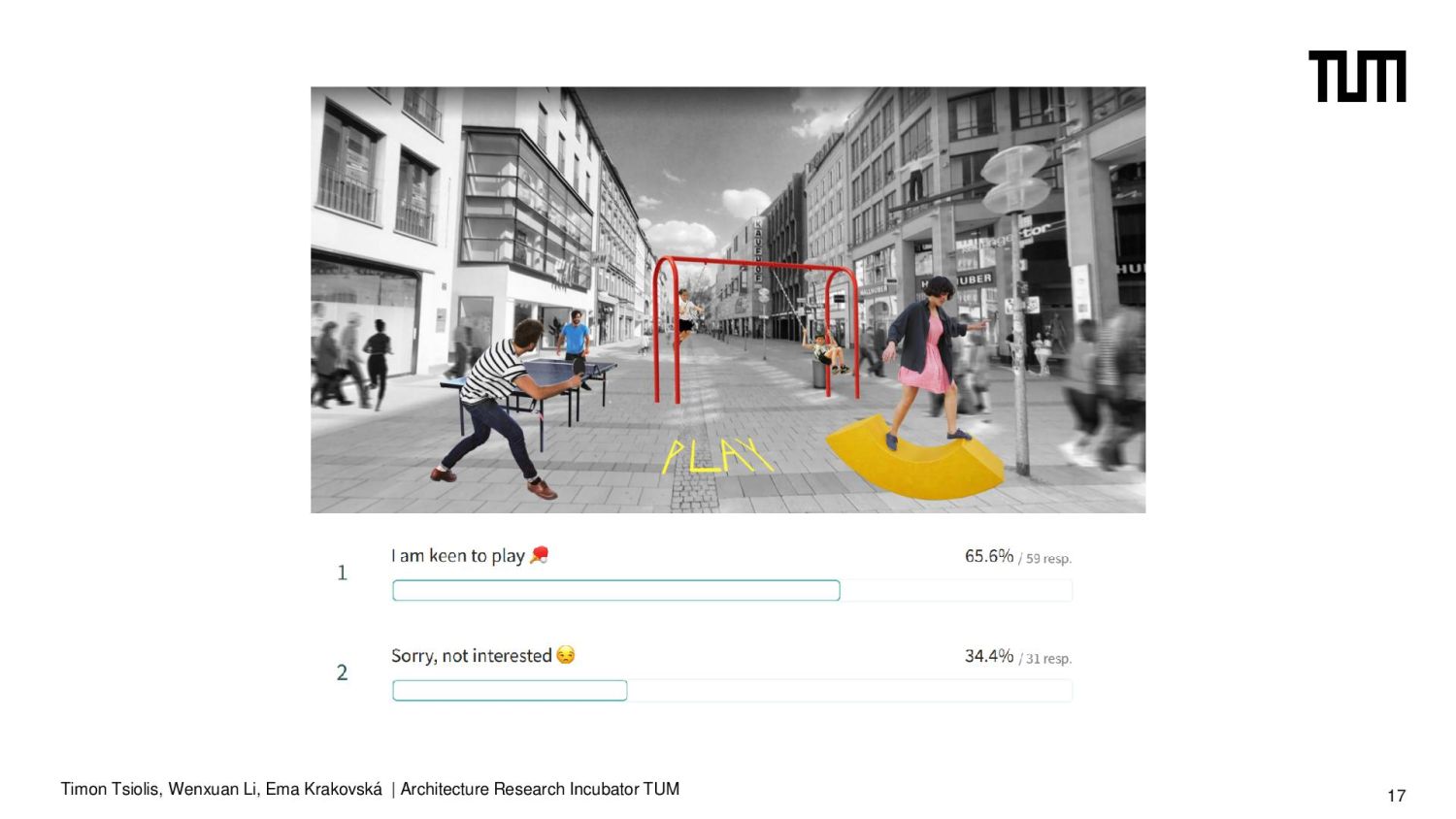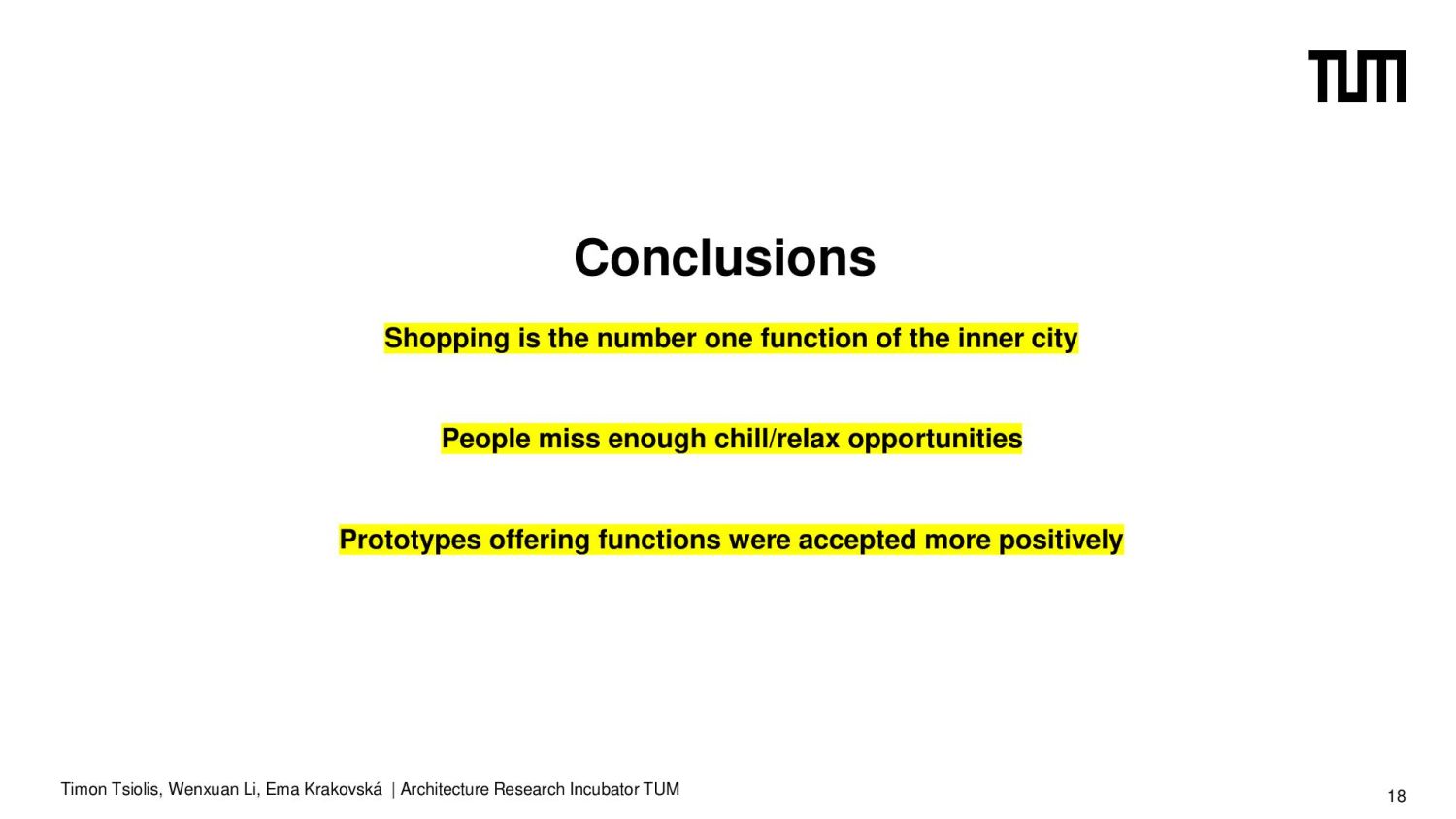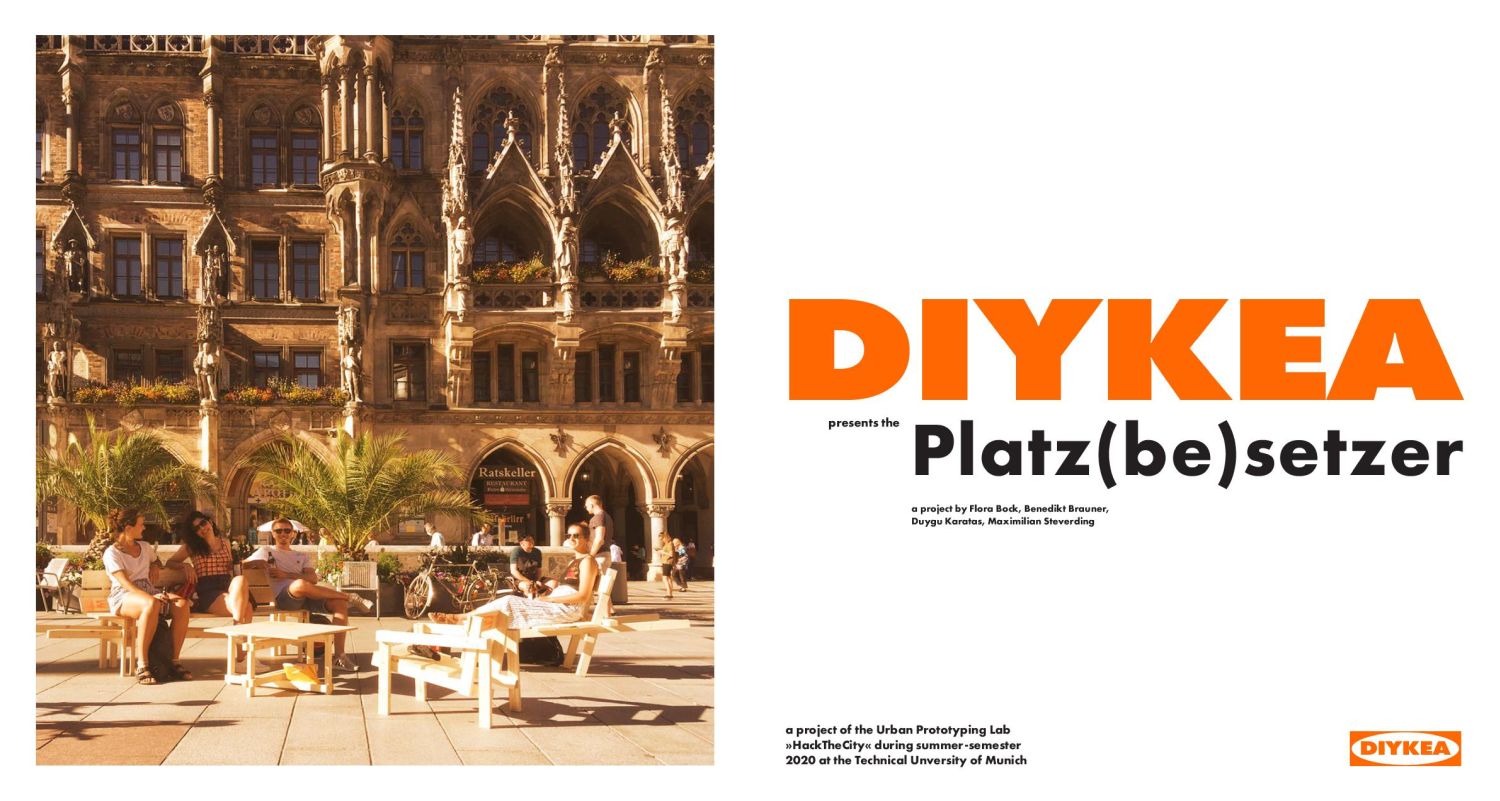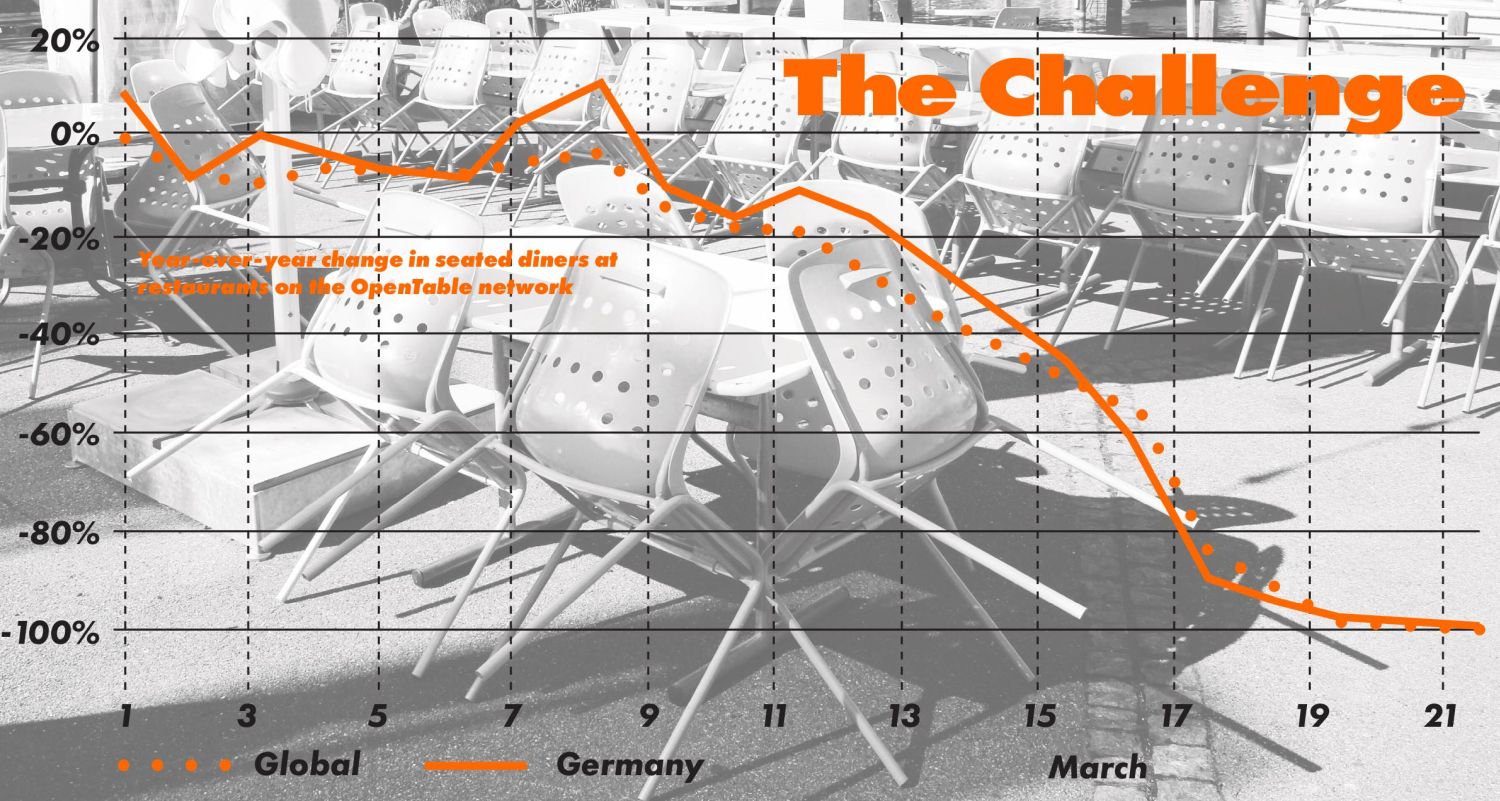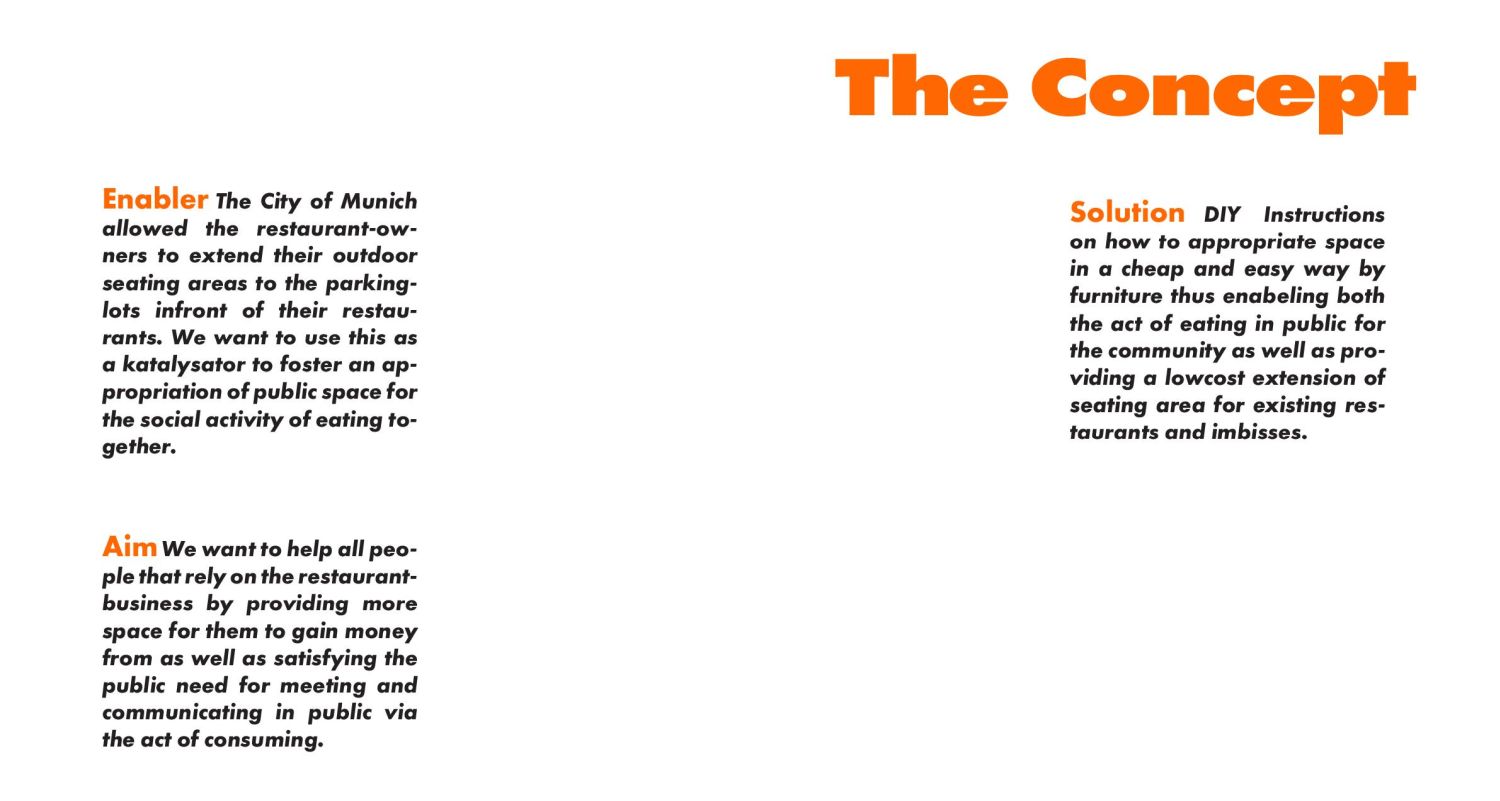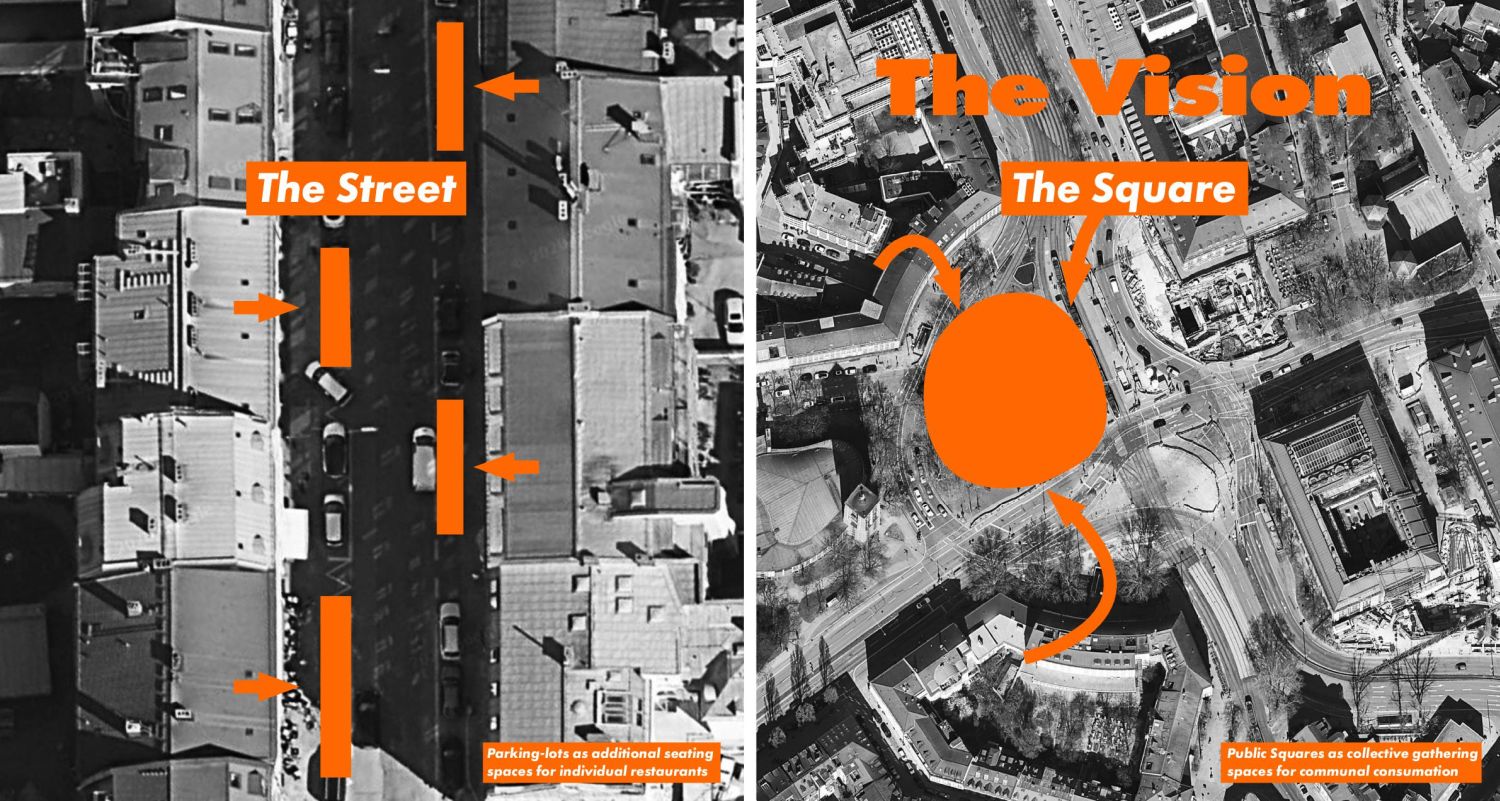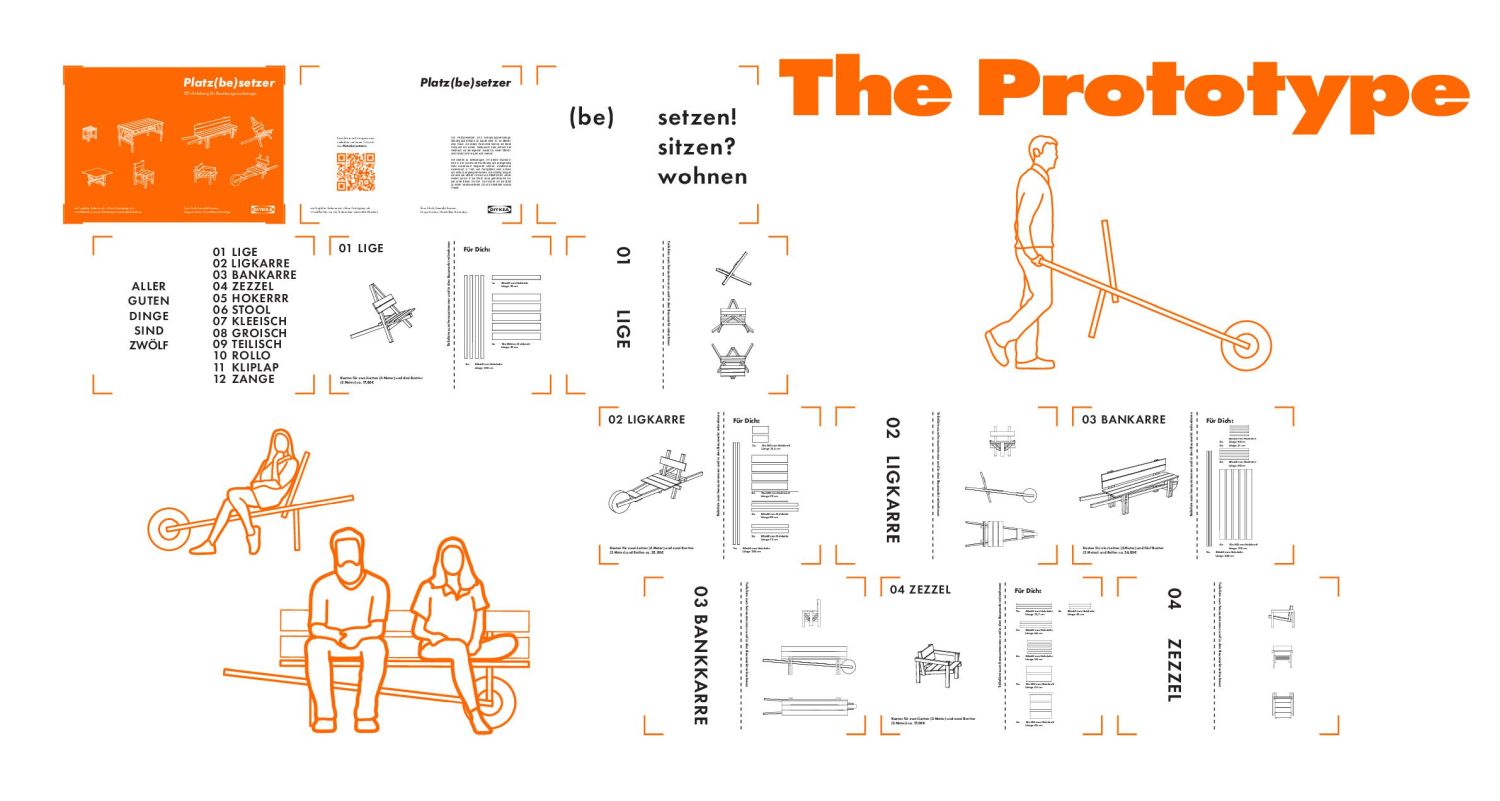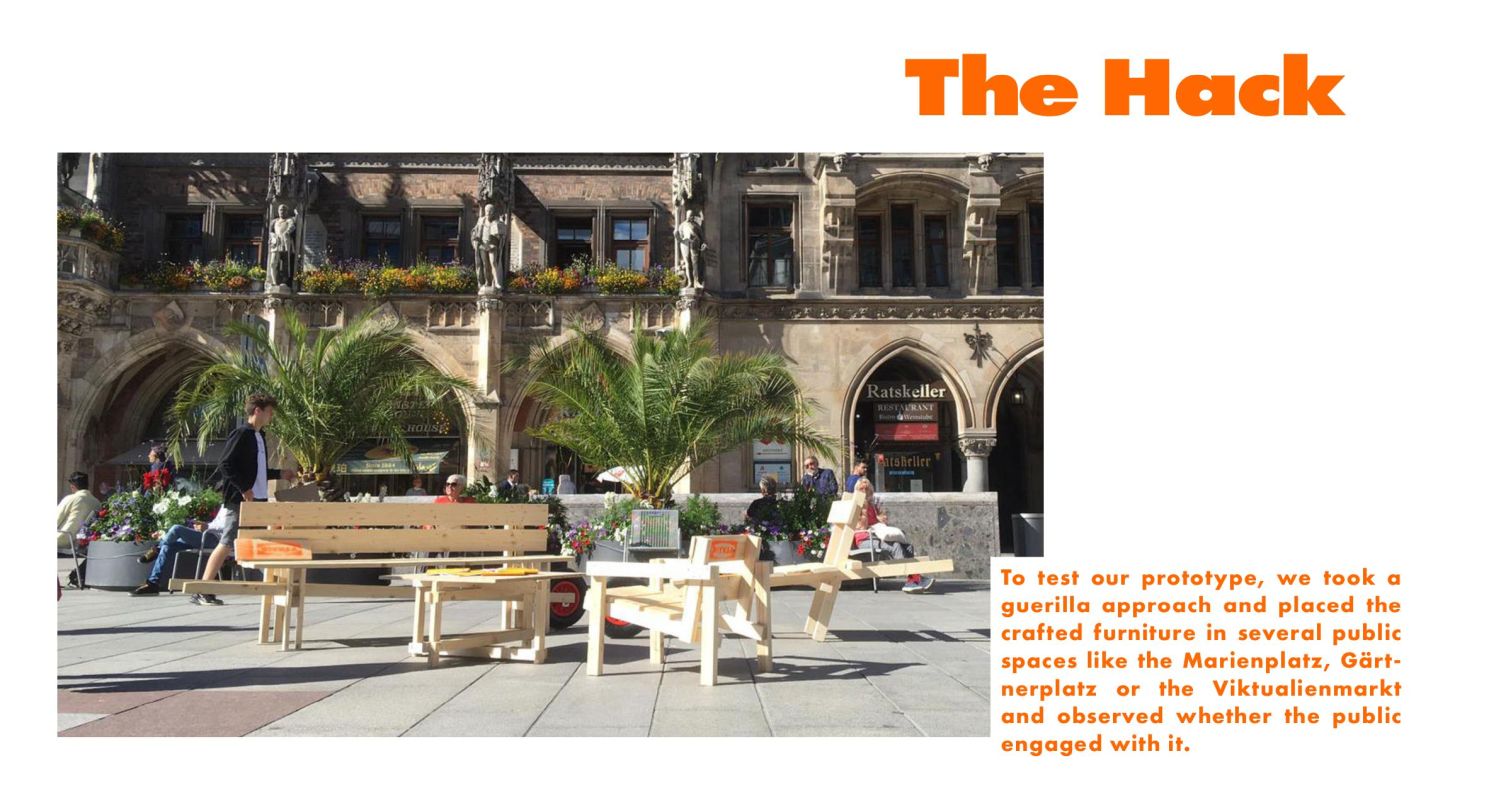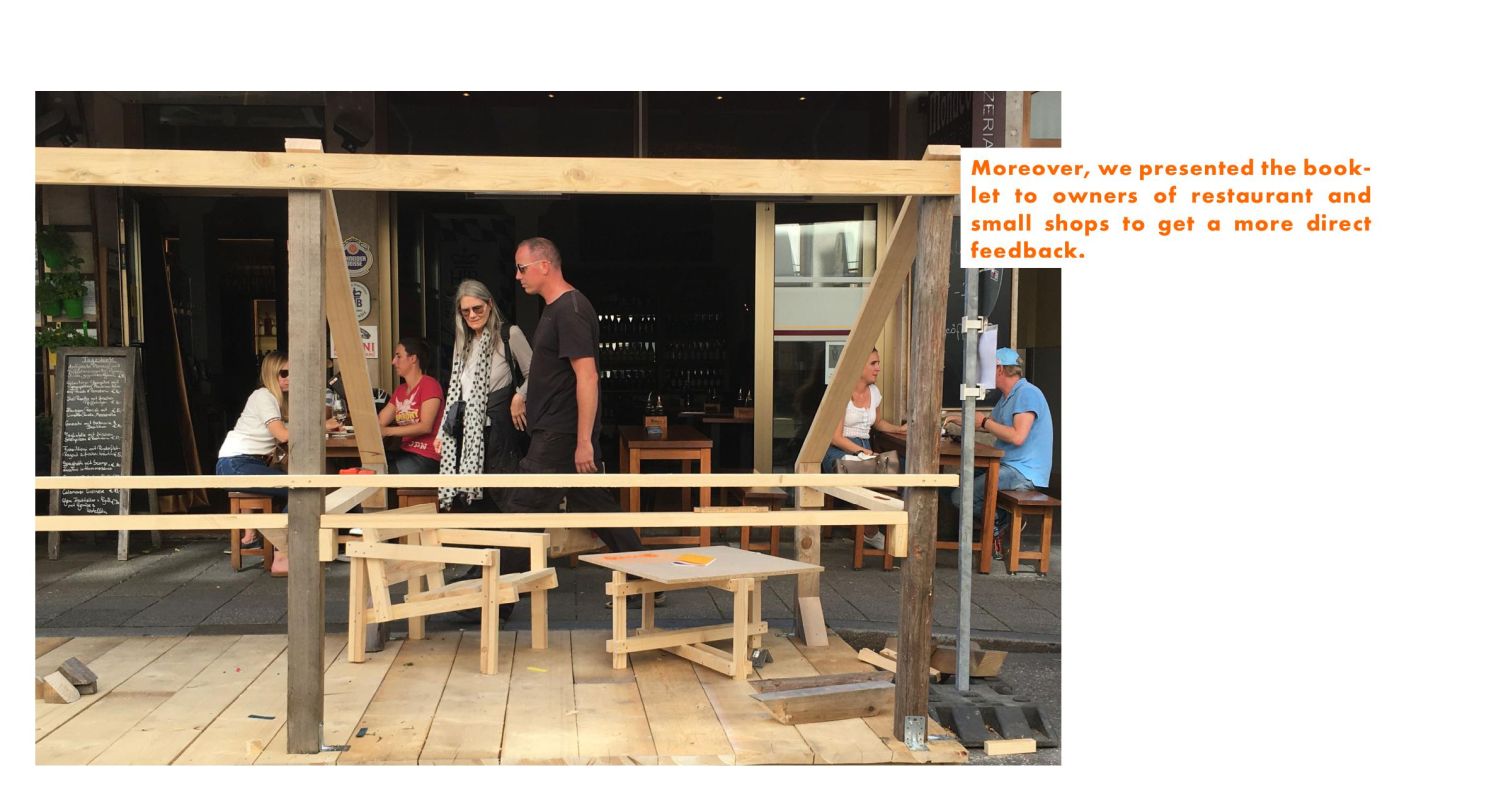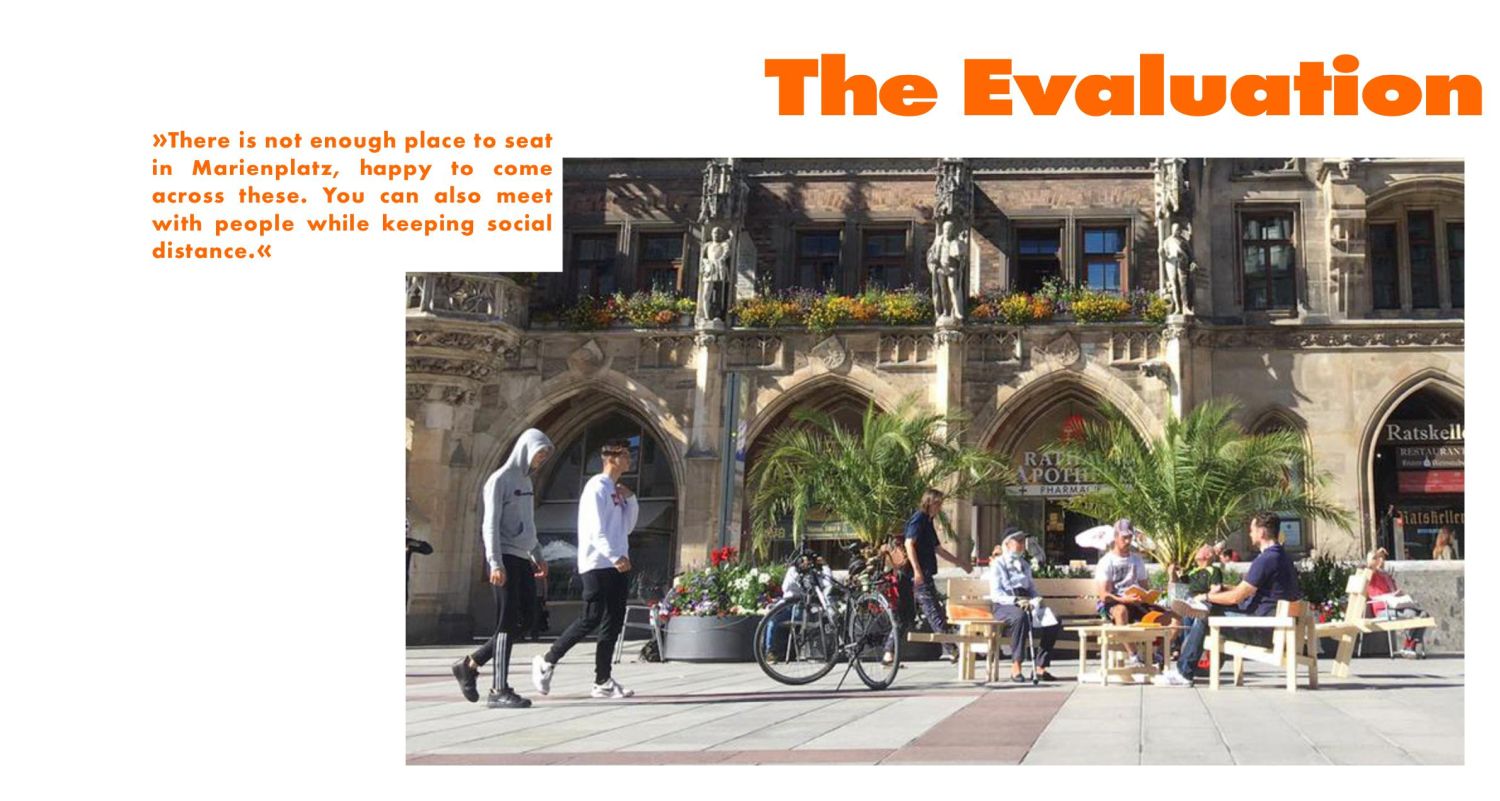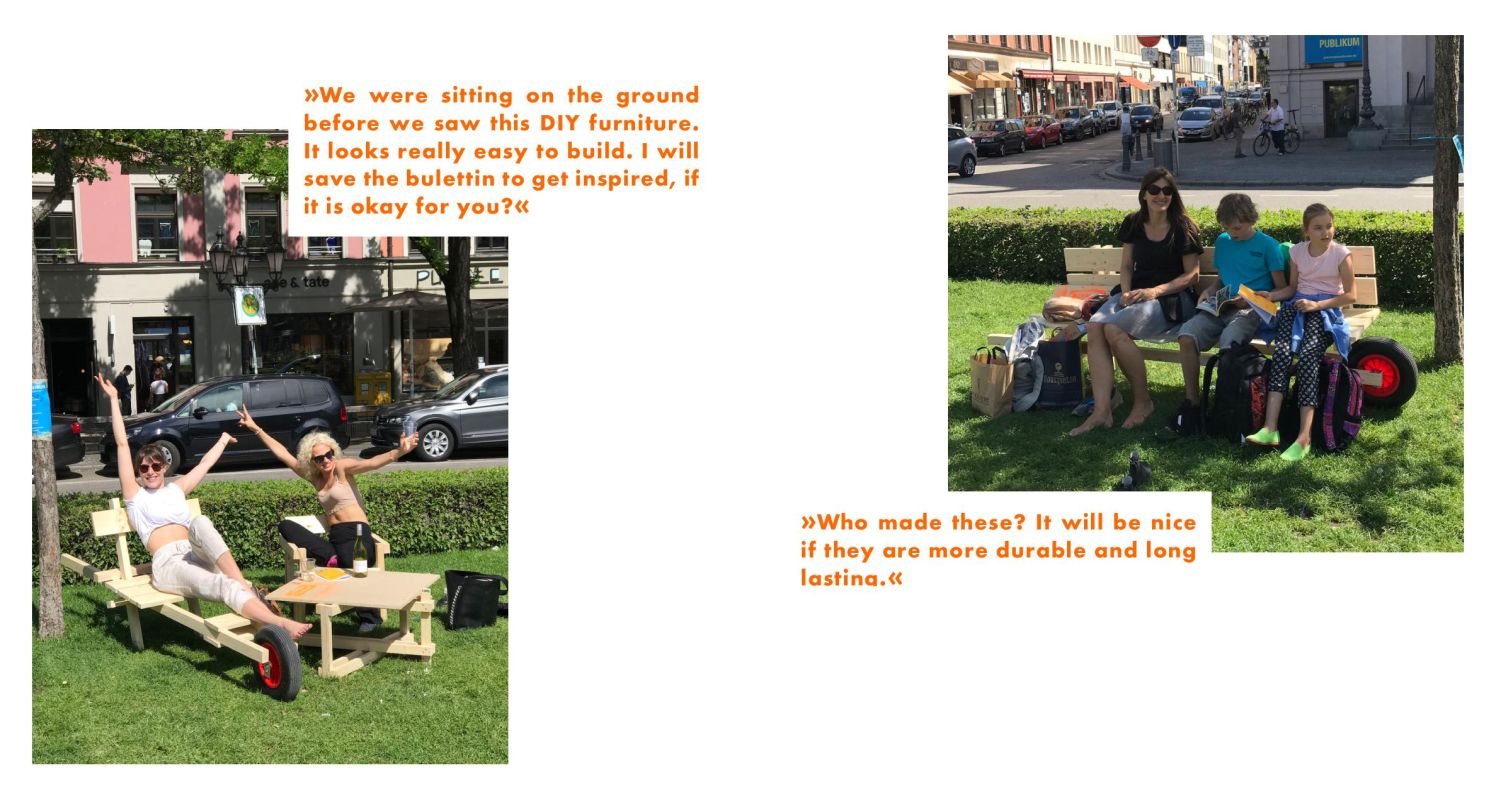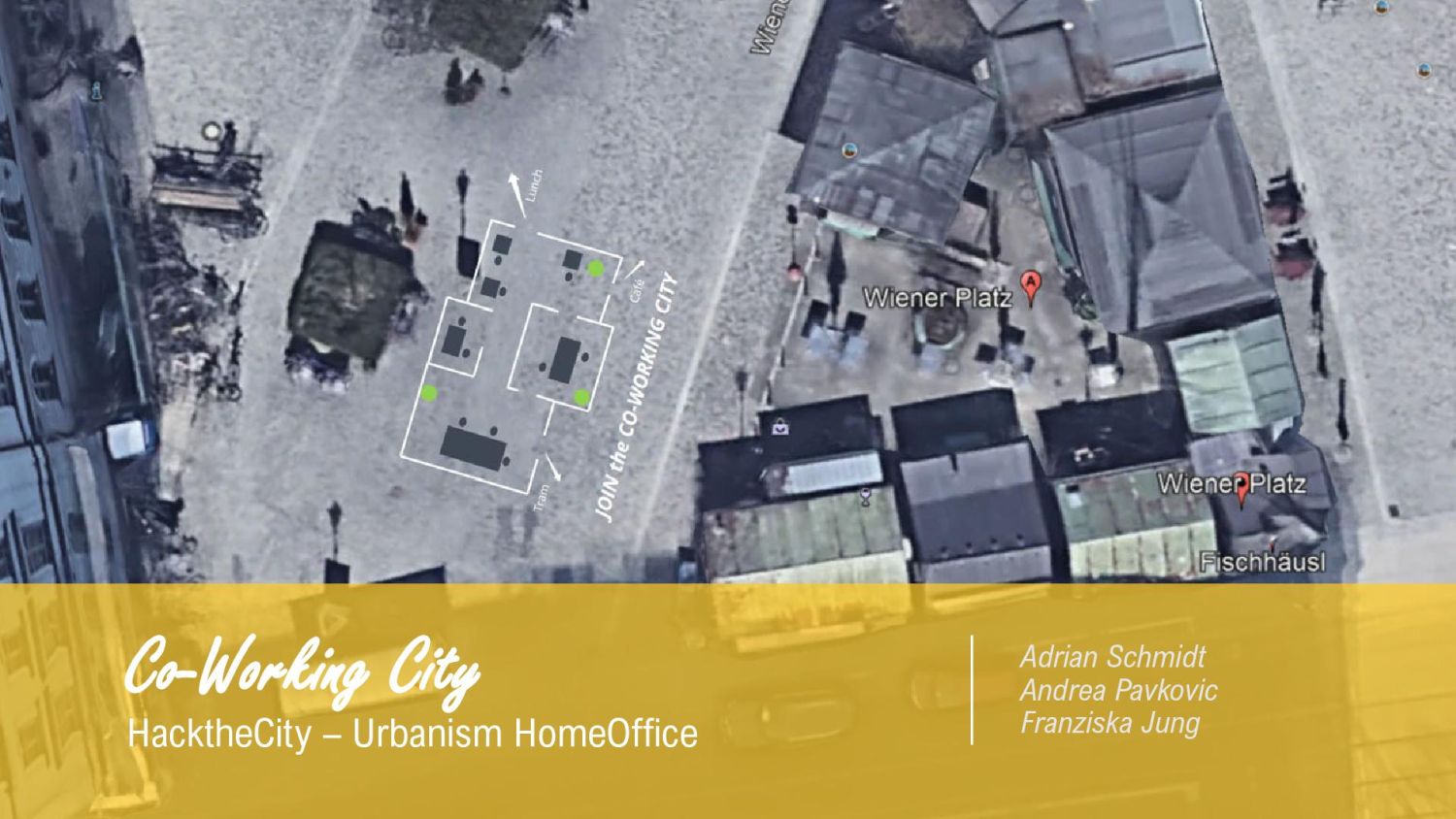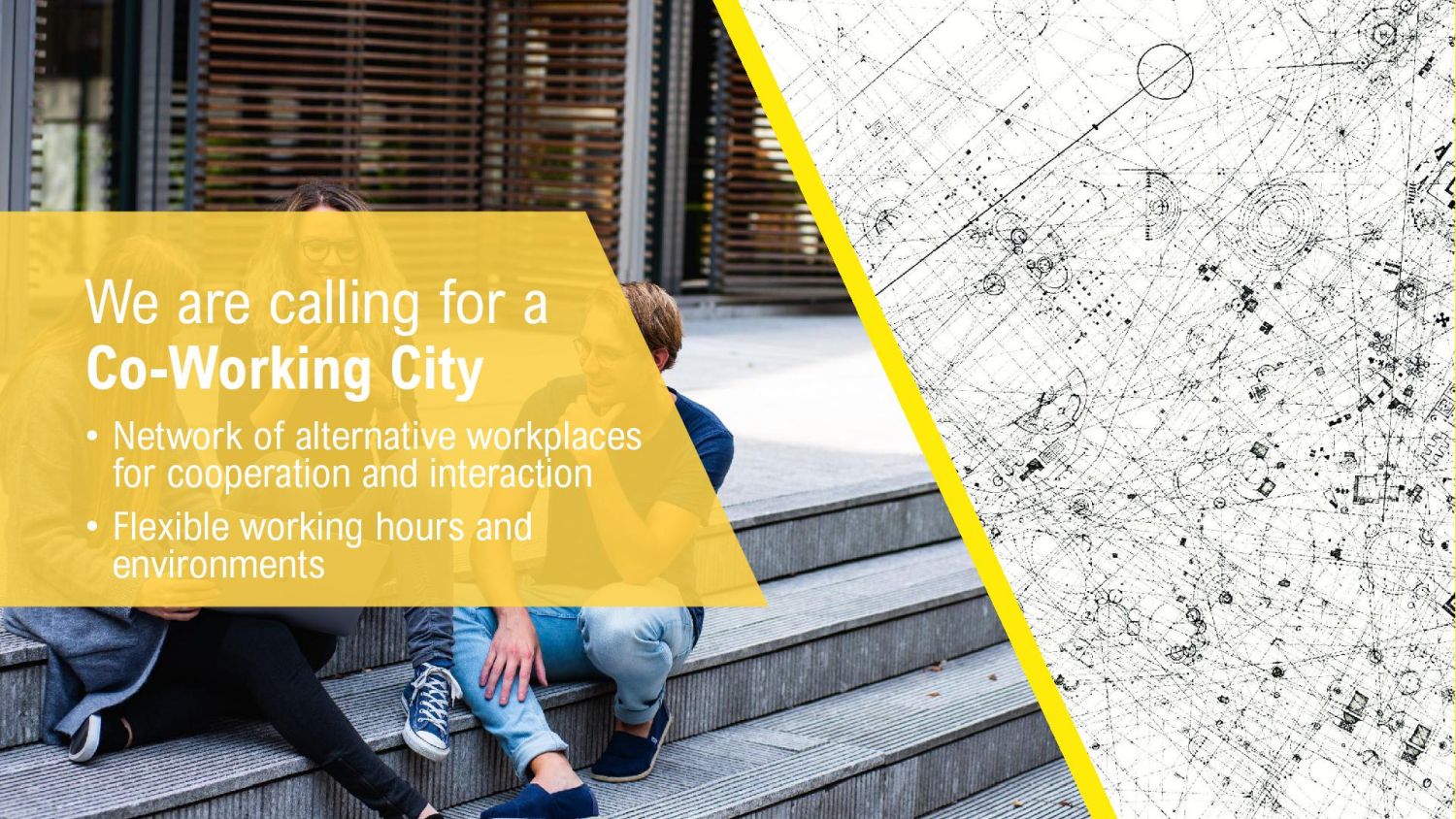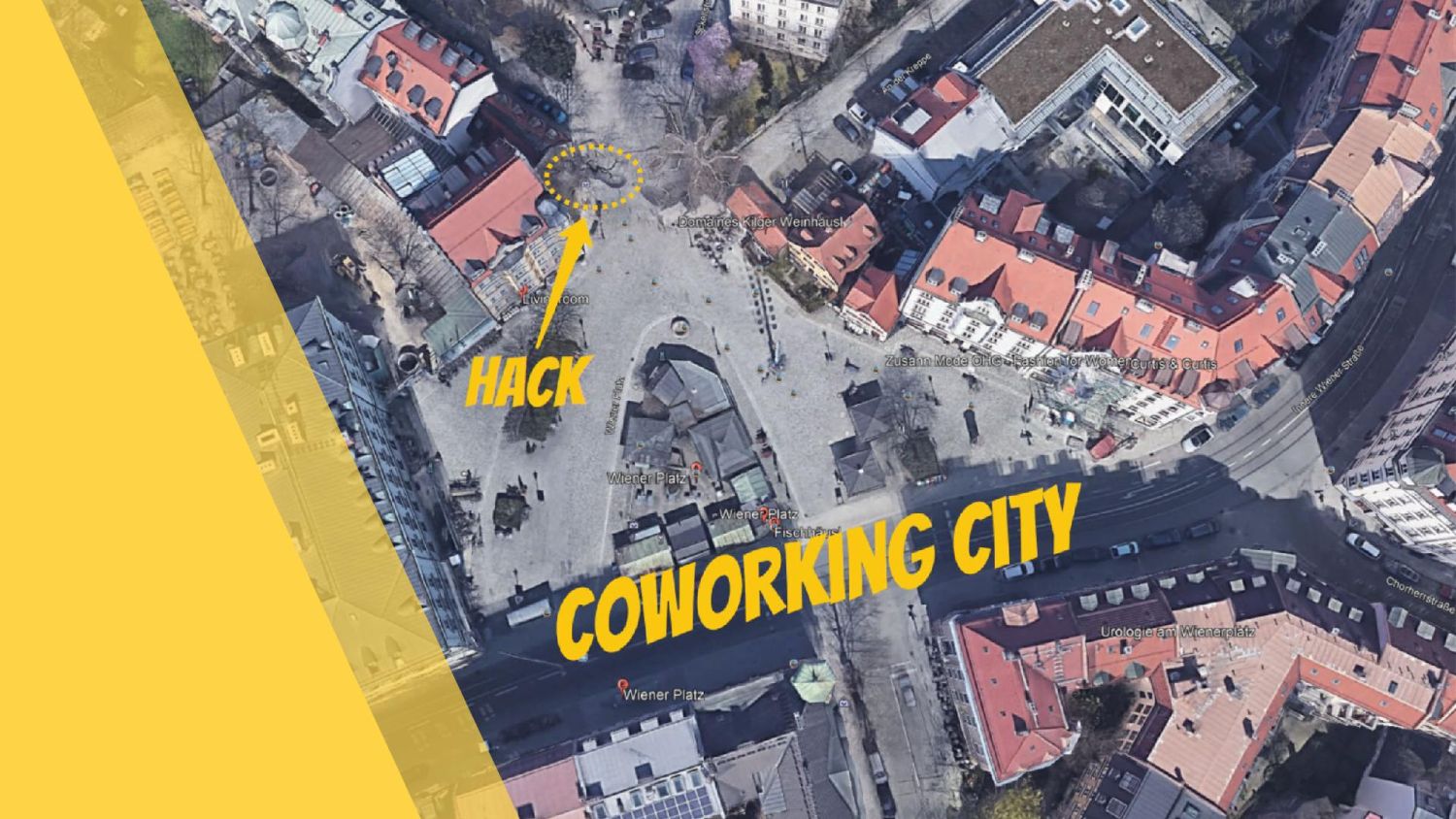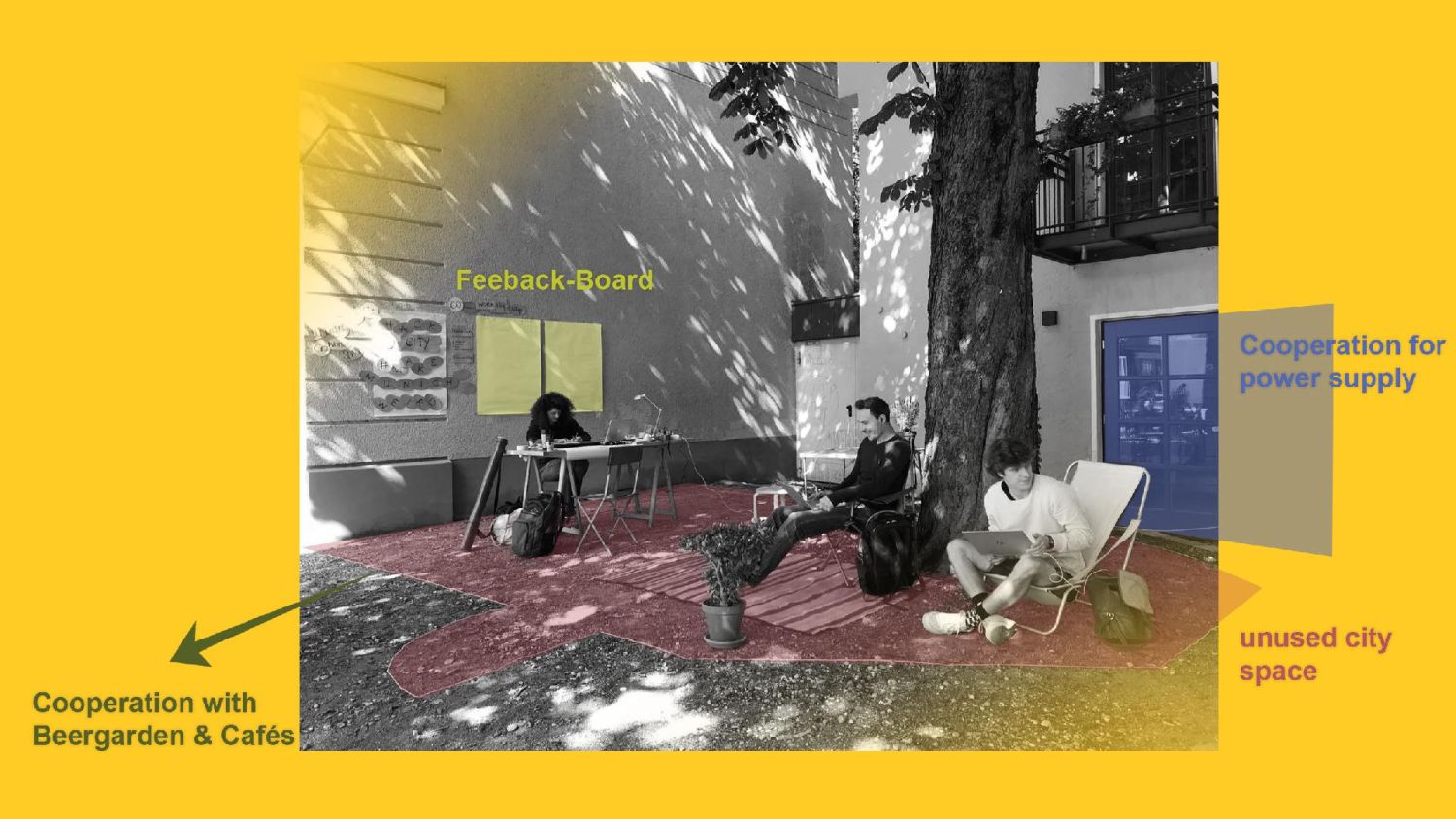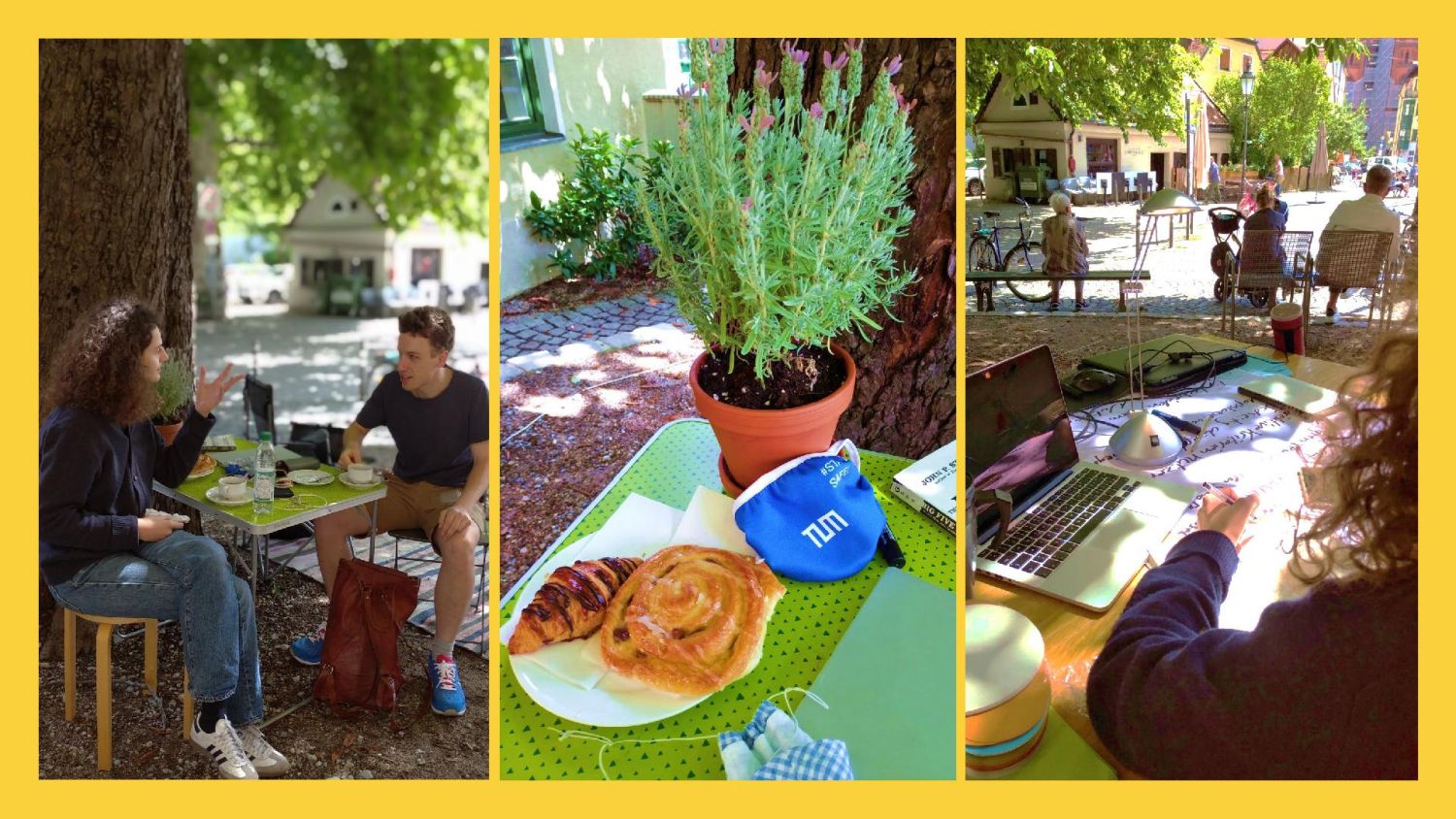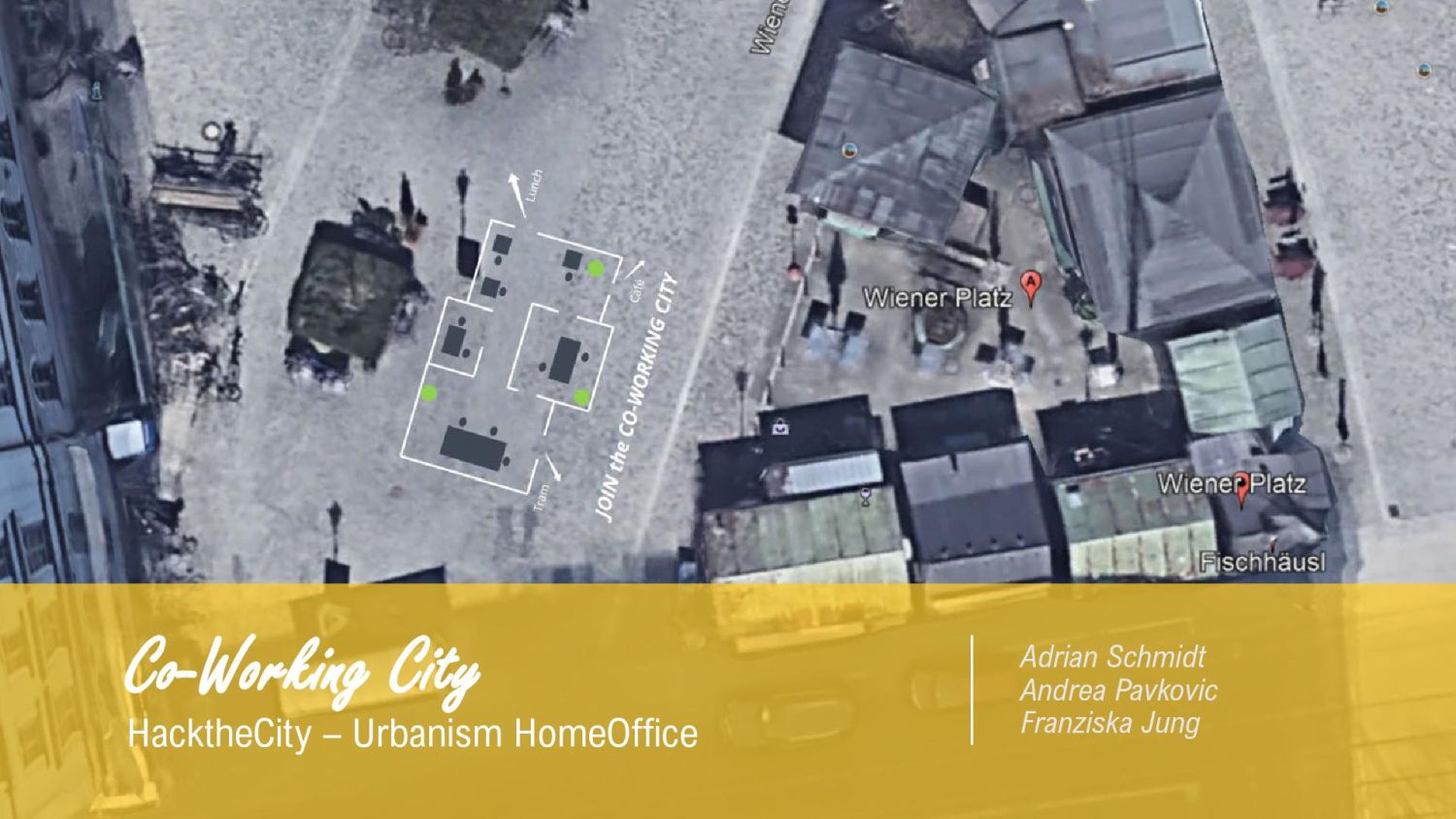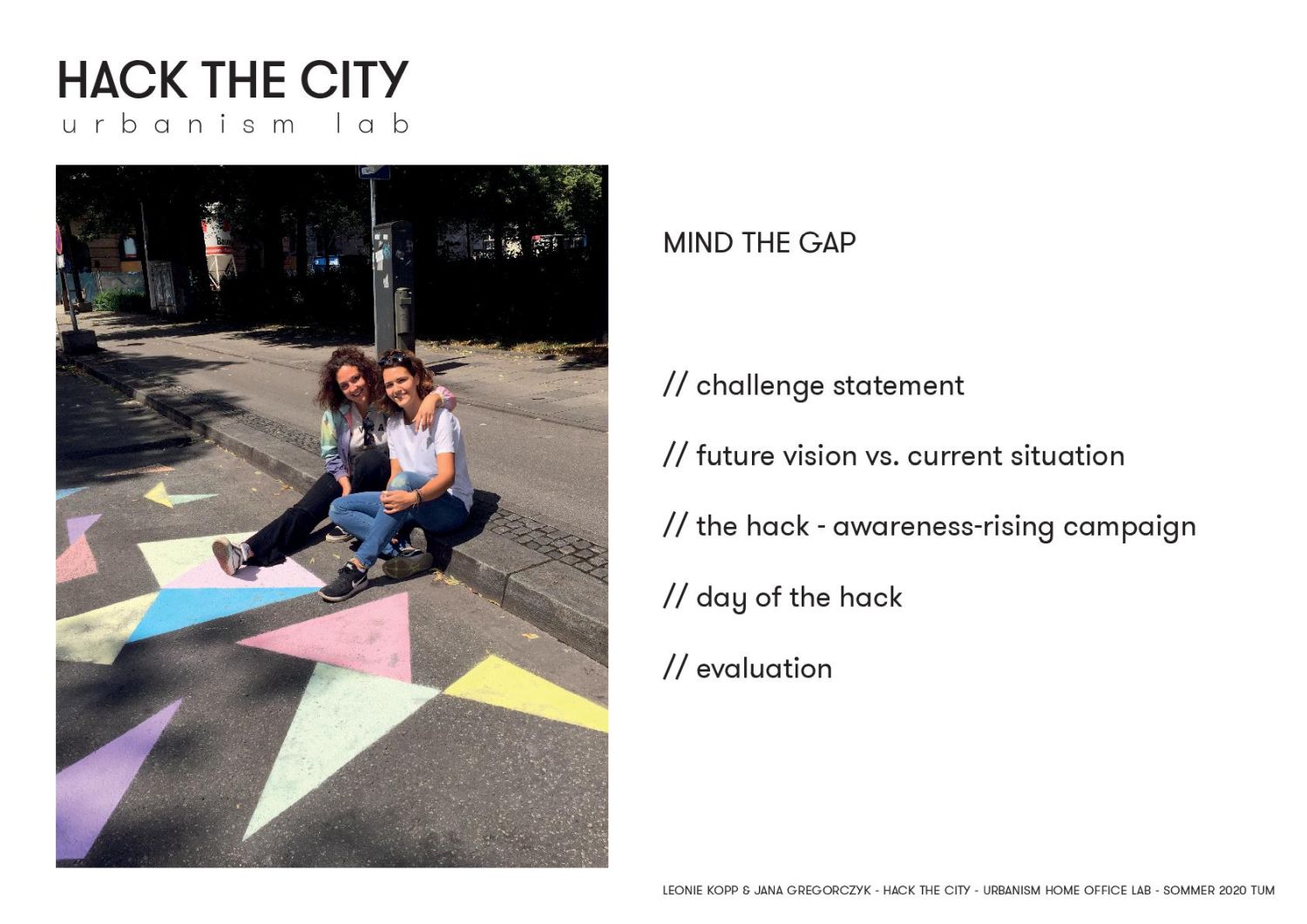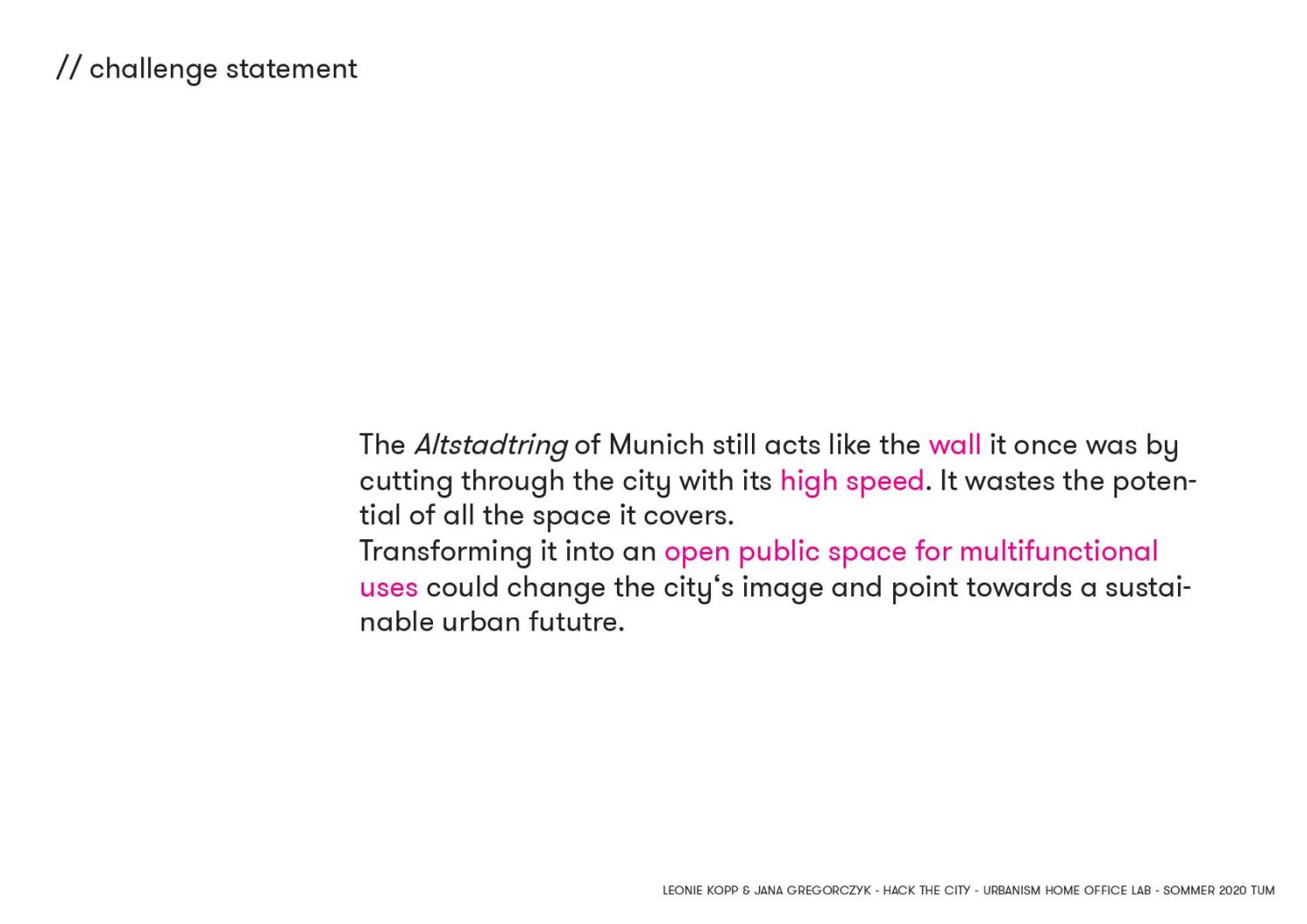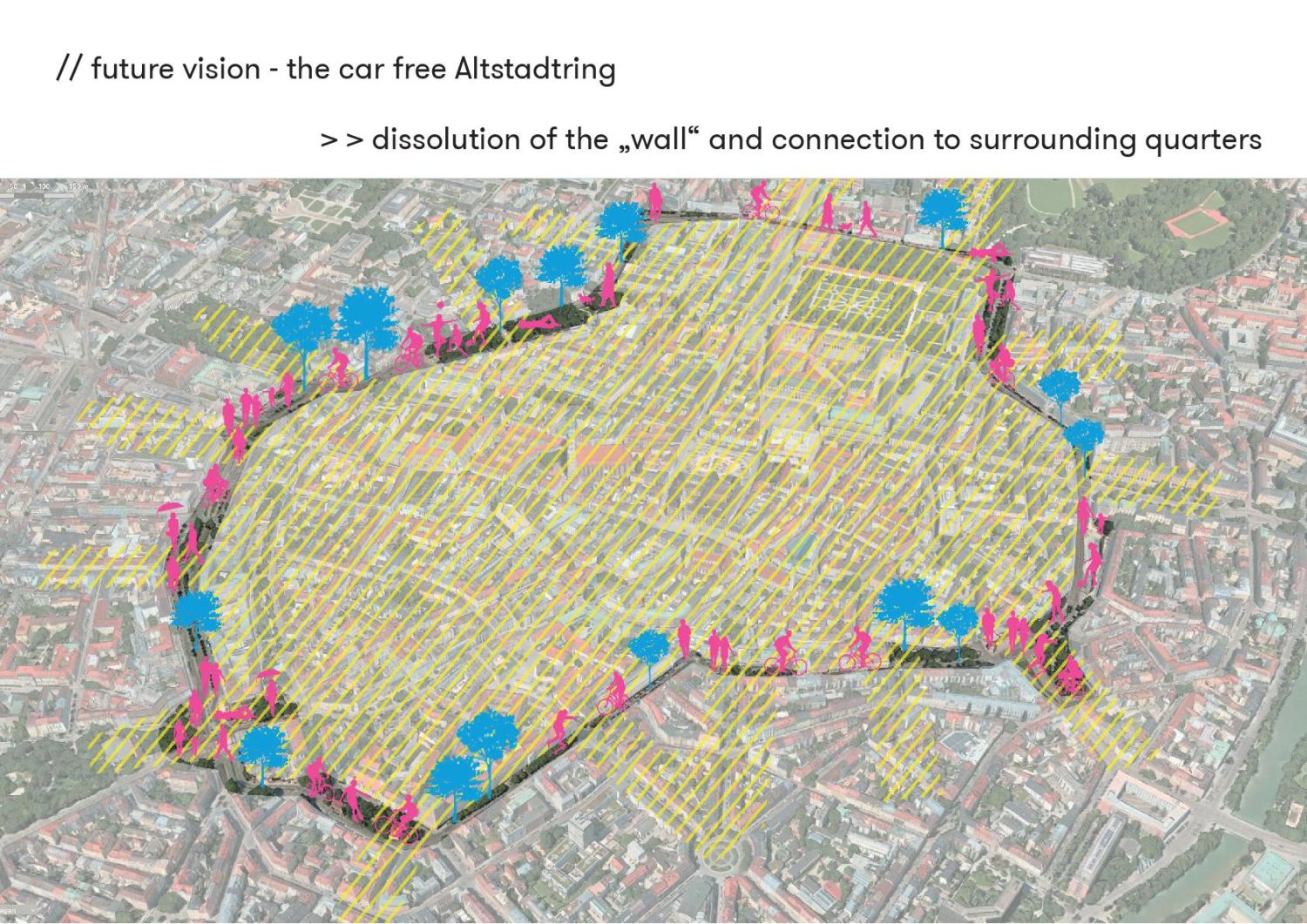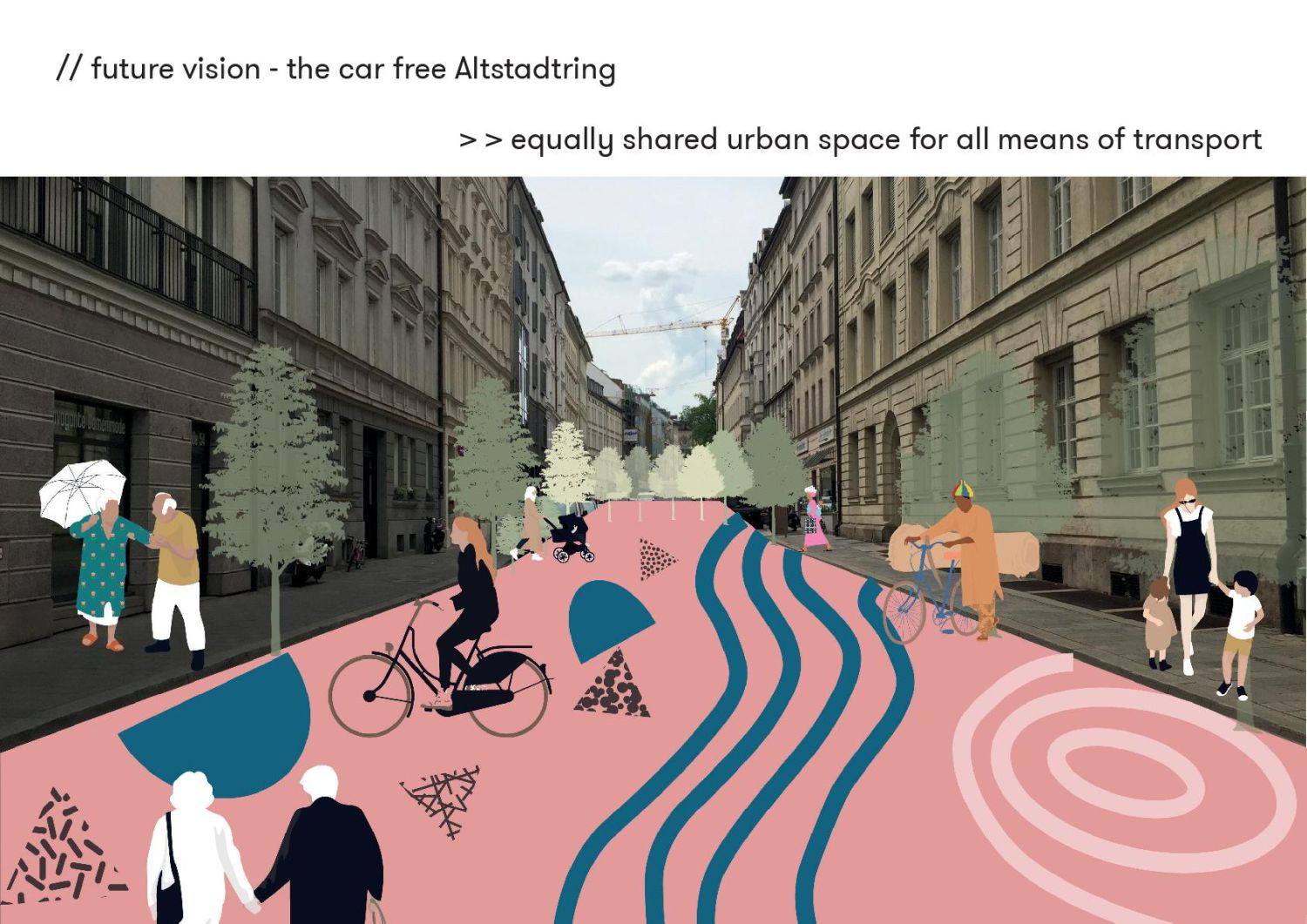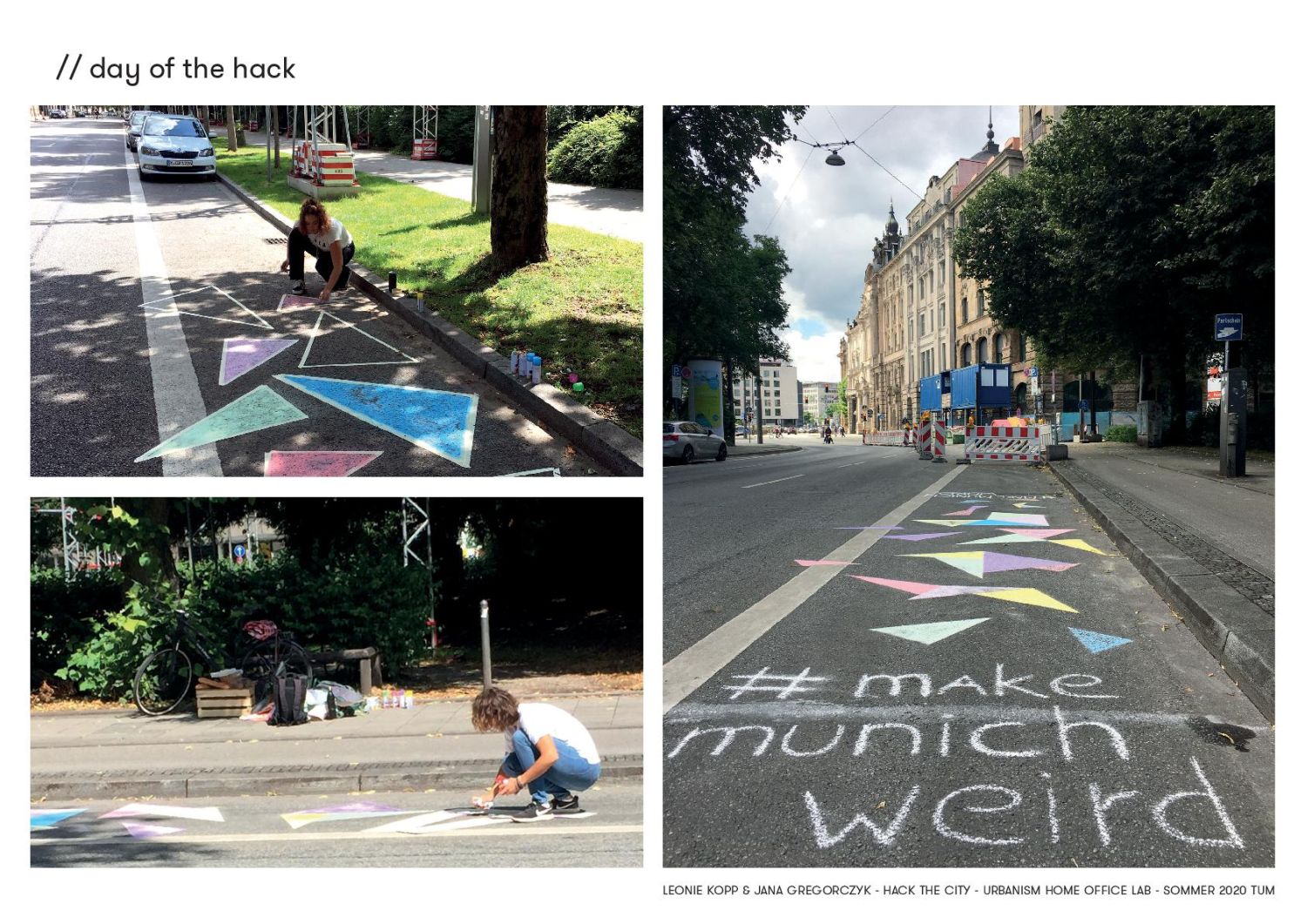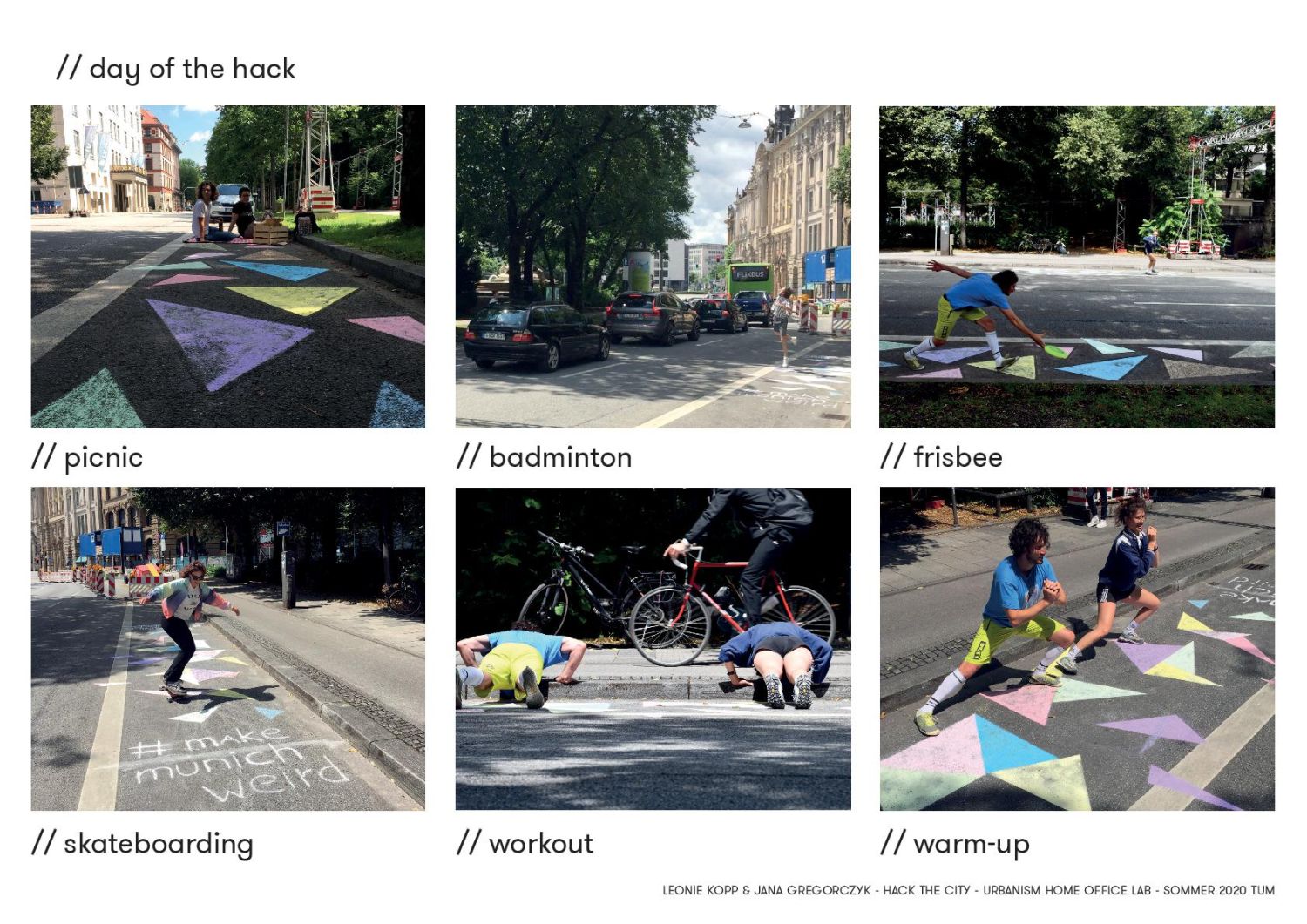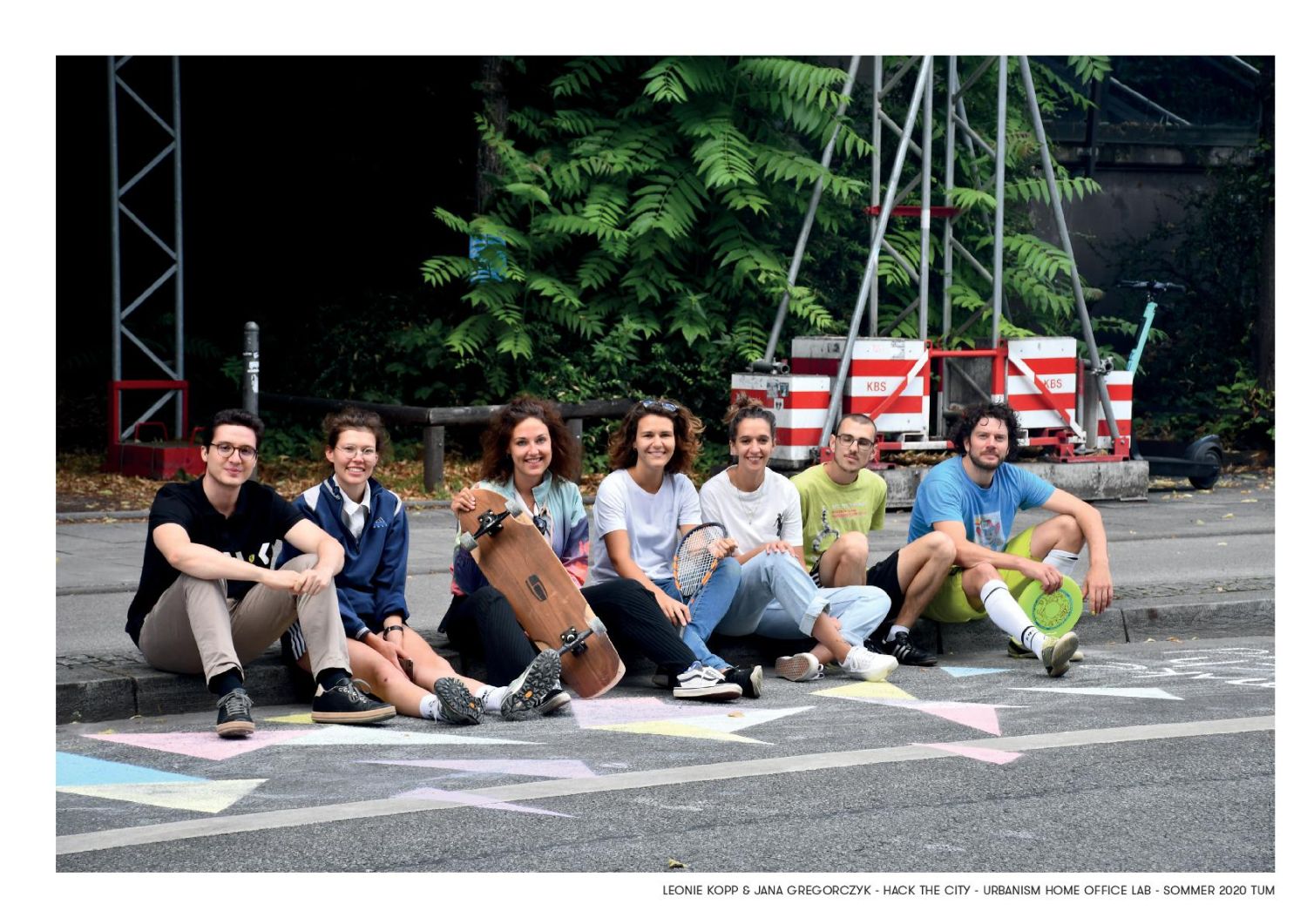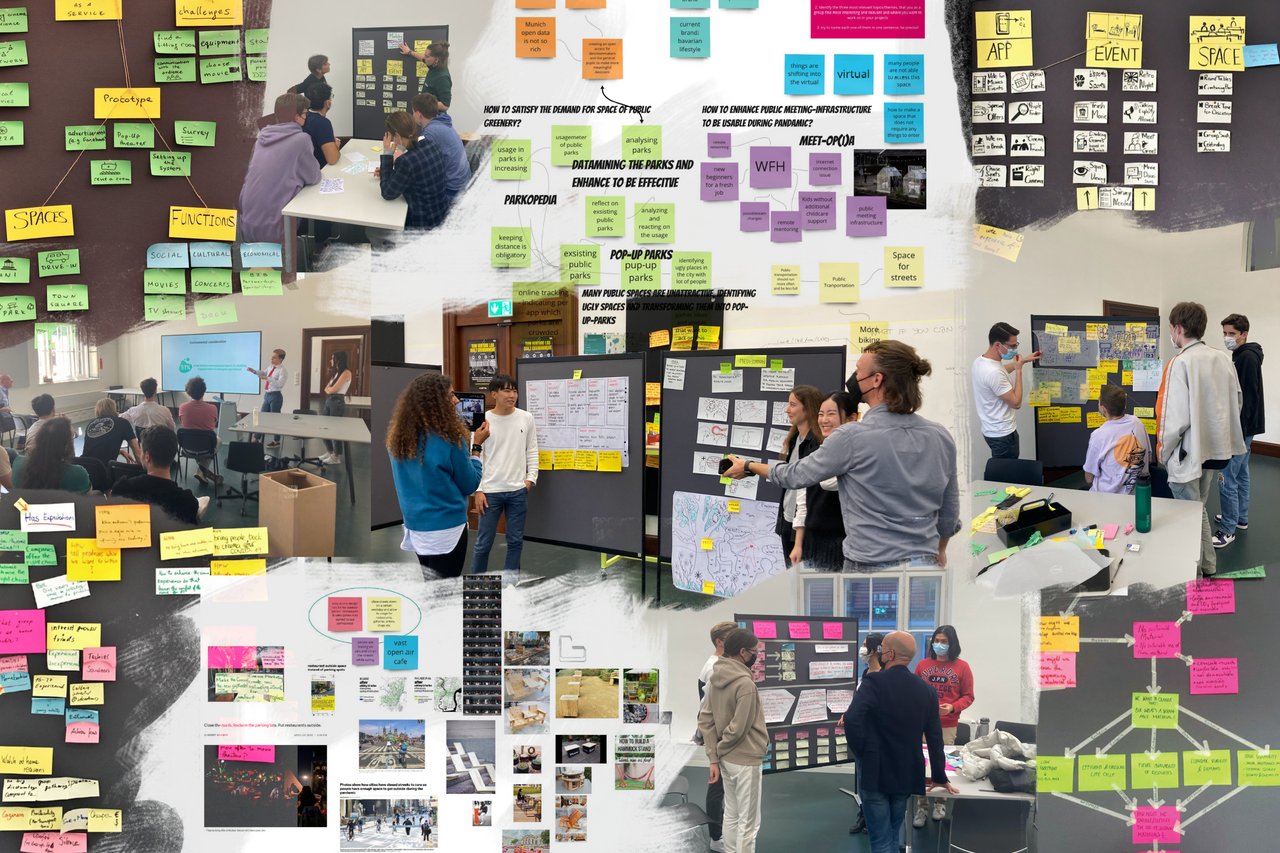
Urban Prototyping Lab
Yonne-Luca Hack
Christos Chantzaras
Prof. Dr. Frank Petzold
Prof. Dr. Alain Thierstein
Prof. Dr. Isabell Welpe
The Urban Prototyping Lab (UPL) develops rapid spatial projects that test future ideas in real-world environments. Cities are facing fundamental challenges, from digitalization to gentrification and urbanization. Urban planning processes cannot keep up with the pace of change. That's why we want to develop faster processes with a prototyping mindset. We work in transdisciplinary teams and with experts from science and practice. We identify real challenges, develop strong visions for possible solutions and test them in rapid prototyping. In structured, interdisciplinary design workshops with keynote presentations and insights we aim to innovate the city and develop fast concepts. All seminars are taught in collaboration with experts of the respective field, urban activists, decision makers, developers, architects, and teams of master's students from architecture, design, management, computer science, engineering, and sociology.
So far, the following topics have been addressed in the UPL:
- HACKtheCity - Circular Economy Edition
- HACKtheMOVIES - Future Cinema Spaces
- HACKtheTUM - Future University Spaces
- HACKtheInnerCITY - Beyond shopping,
- HACKtheCity - HomeOffice Urbanism Lab
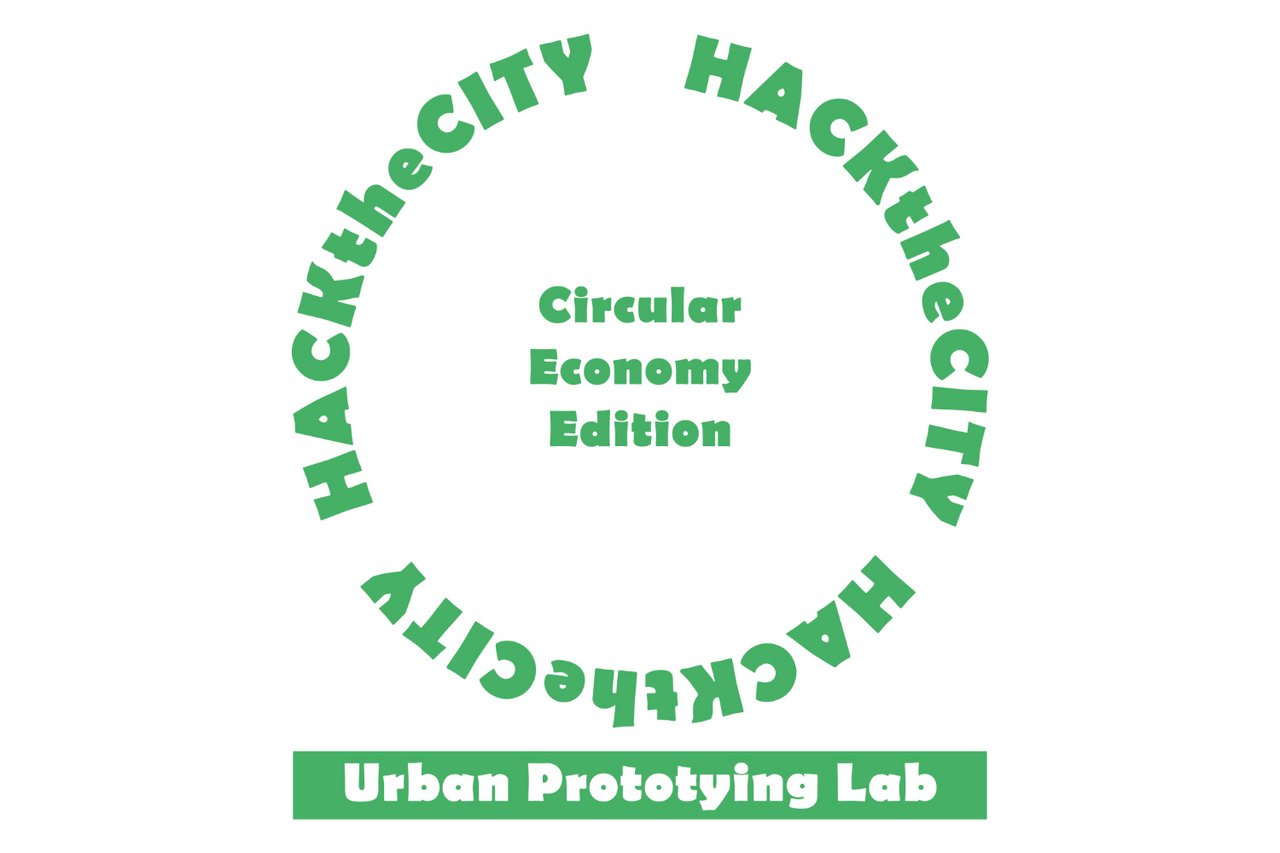
HACKtheCITY – Circular Economy Edition
SS 2022
The building industry is one of the biggest CO2 consumers and at the same time one of the least digitized. In this semester the students challenged established structures and processes in the industry. They proposed fundamental transformations in the usage of resources to change the way we construct our buildings ad cities.
After the seminar one of the teams, HopfON, continued working on their idea and won the TUM Ideaward in 2022.
HopfON
Thomas Rojas Sonderegger, Marlene Stechl, Maximilian Jahr, Dennis Gankin
PlugBIM
Benjamin Bosnjak, Linus Grimminger, Mehdi Kallel, Leonid Petrov, Zhuge Wenzhe
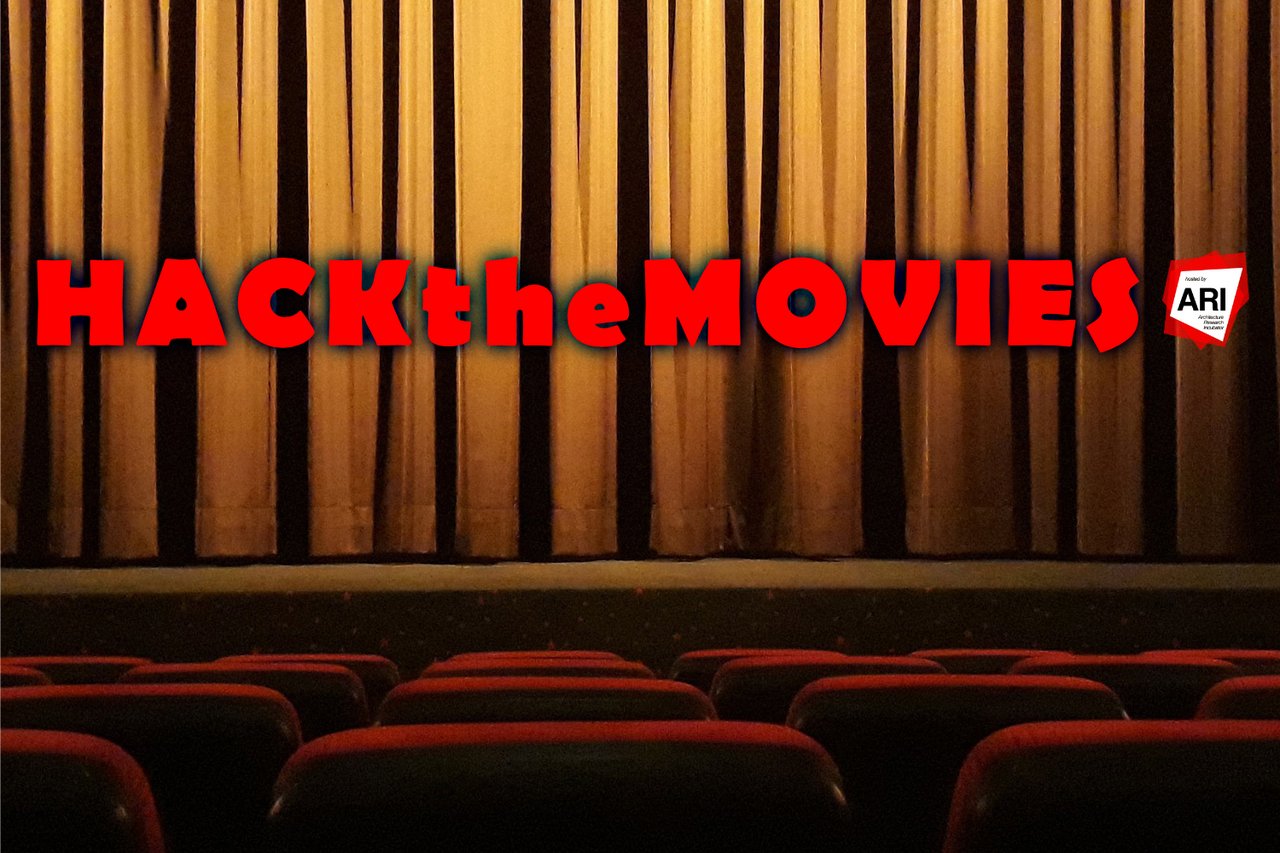
HACKtheMOVIES - Future Cinema Spaces
WS 2021/22
How will we consume movies in the future? How can our own stories be incorporated into a movie experience if we want to? How can we create spaces and concepts for interactive community experiences? How can we transform existing cinemas into exciting environments? And are there other places that fit the idea of a film experience?
This seminar challenged the perception of cinema experiences in working closely together with various stakeholder of the film industry.
Random Movie Blind Date
Gabriel Tomitsuka, Ke Sun, Vincent Halasz, and Yutong Zhou
Socializing the cinema experience
Robert Graf, Sofien Dami, Kevin Bein, Elahe Mahdavi, Marvin Stalz
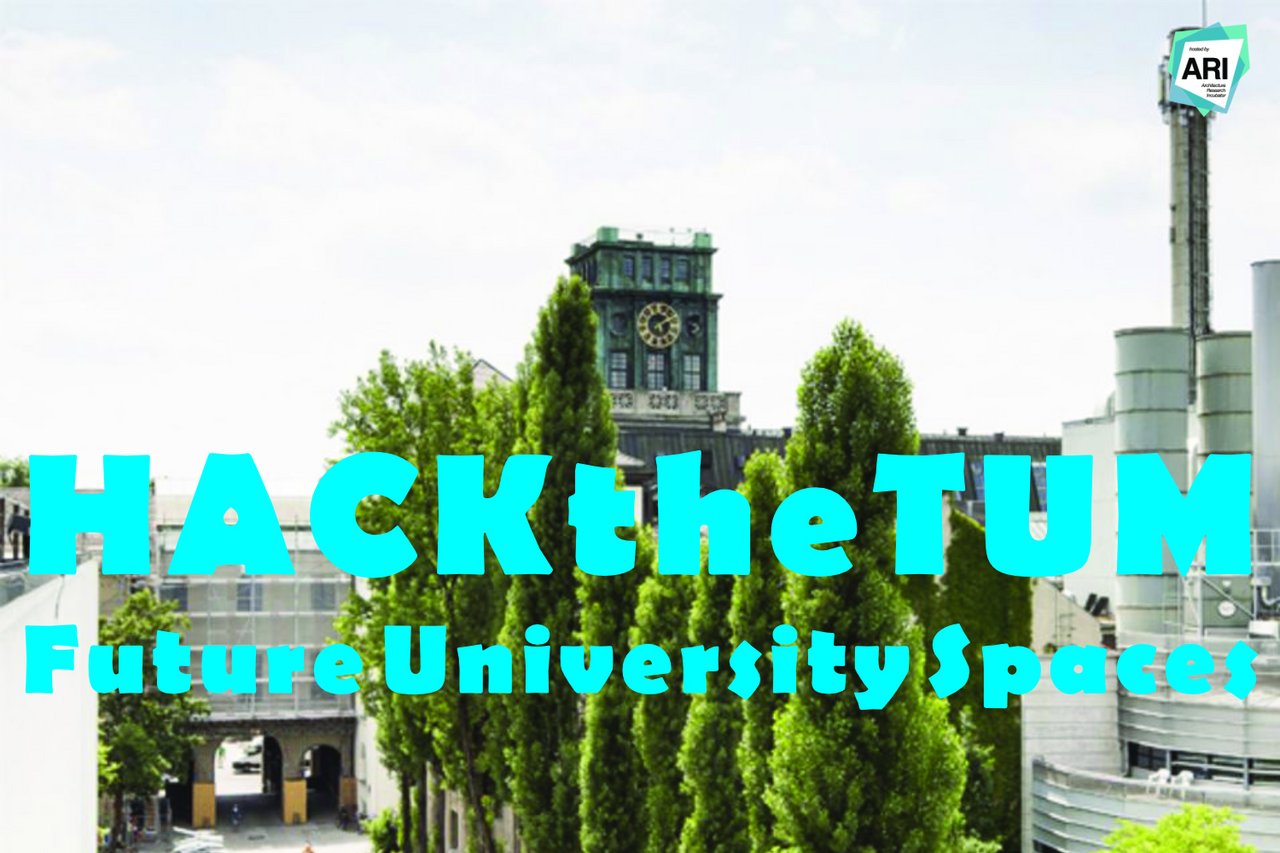
HACKingTUM – Future University Spaces
SS 2021
How are university learning environments changing in times of hybrid teaching formats? What new forms of use will be needed in universities of the future? How can a hybrid learning experience look like? And how can large lecture halls be used differently? Using the TUM main campus as a prototyping area, the student teams developed their vision of a future campus and tested initial ideas through prototypes, events, and surveys.
The results of this course were shared with the TUM Executive Committee and are part of TUM-internal discussions.
In addition, the experiences and insights of the course were also incorporated into the online conference "Future of University Spaces", the presentations and discussions can be viewed here: https://unispaces.de/
Heart of TUM
Esraa El Mashak, Gerhard Arya Wardana, Lukas J. Heidegger, Marianne Kivikangas, Mohammad Qasmi
TUM Nest
Jakob Deffner, Katerina Plskova, Yiyun Tong, Marianna Valdivia, Tobias Heller
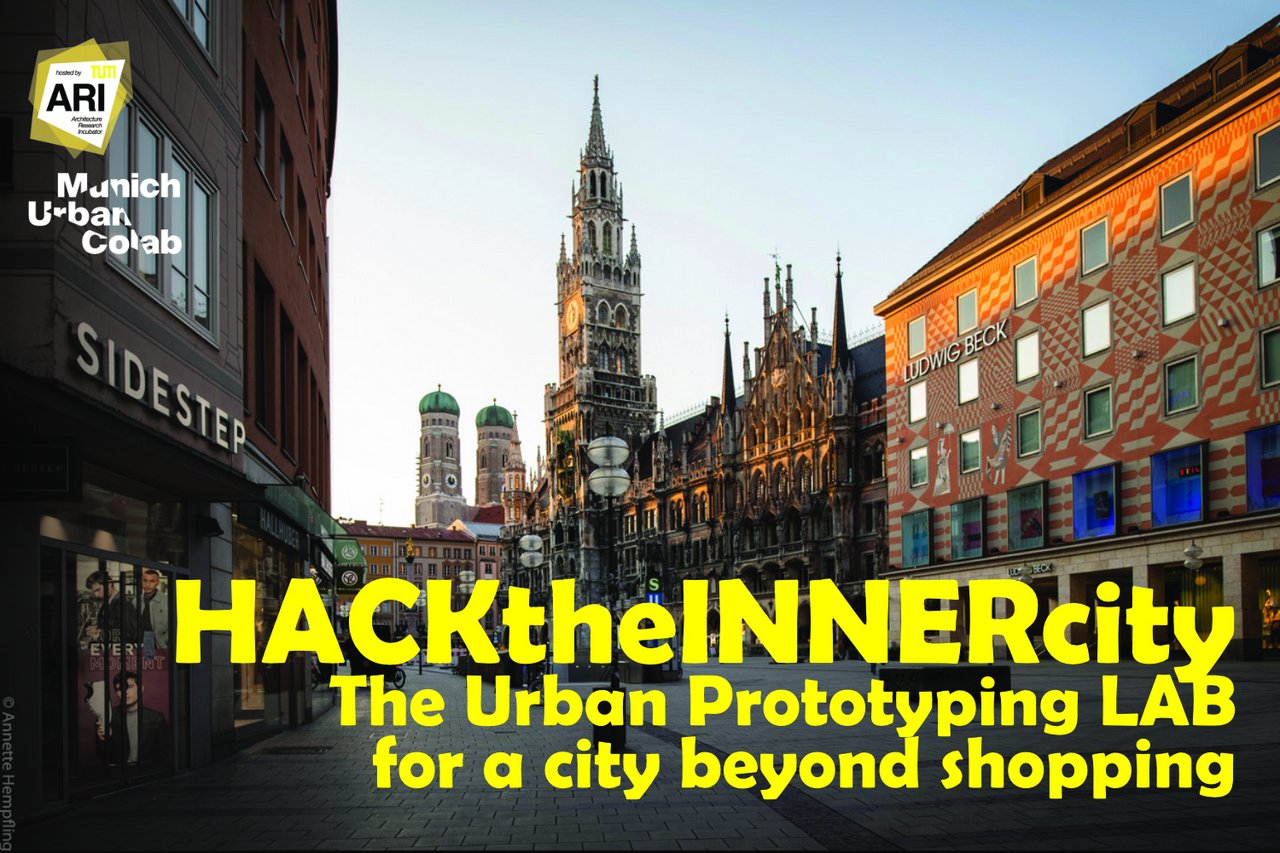
HACKtheInnerCITY – Beyond Shopping
WS 2020/21
Online shopping, rising real estate prices and the uncertainties of the Covid 19 pandemic are changing the experience of the (inner) city and the use of central city districts. This semester, student teams developed new scenarios for Munich's city center and experimented with alternative urban potentials and concepts to question and expand urban shopping and consumption.
Slow down the inner city
Timon Tsiolis, Wenxuan Li, Ema Krakovská
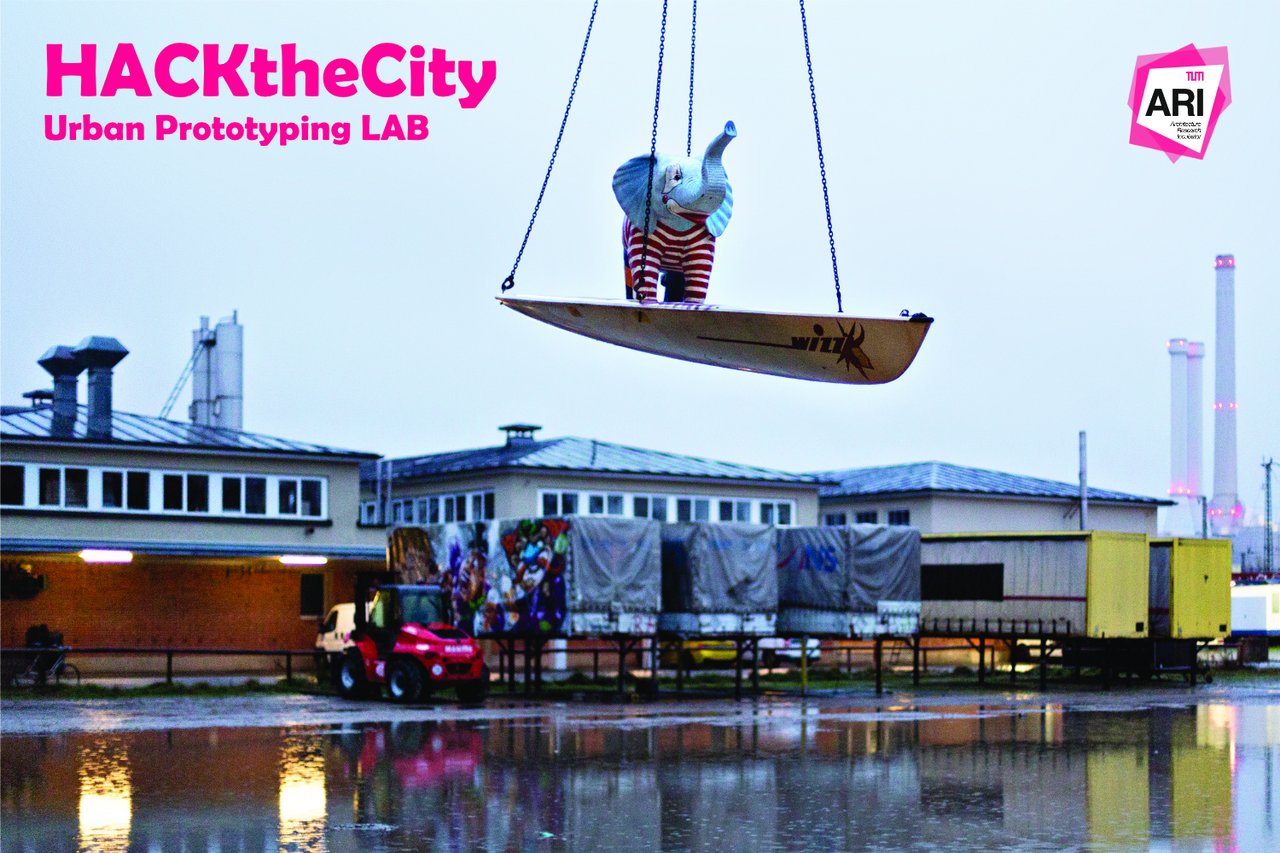
HACKtheCITY – The HomeOffice Urbanism Lab
SS 2020
The short-term rescheduling of the first Urban Prototyping Lab into a digital workshop format also enabled a new way of thinking about (urban) spaces and possibilities of urbanity in times of social distancing. What change could be seen in the first weeks of the lockdown on Munich? Which tendencies and adaptation processes of the population emerged? The examination of these questions formed the basis for new approaches to city-making and the rapid implementation of first prototypes.
DIYKEA
Flora Bock, Benedikt Brauner, Duygu Karatas, Maximilian Steverding
Co-Working City
Adrian Schmidt, Andrea Pavkovic, Franziska Jung
MindtTheGap
Leonie Kopp, Jana Gregorczyk
Wenn Sie Fragen oder Anregungen zu einem der Projekte oder Themen haben, wenden Sie sich gerne an yonne-luca.hack@web.de.
